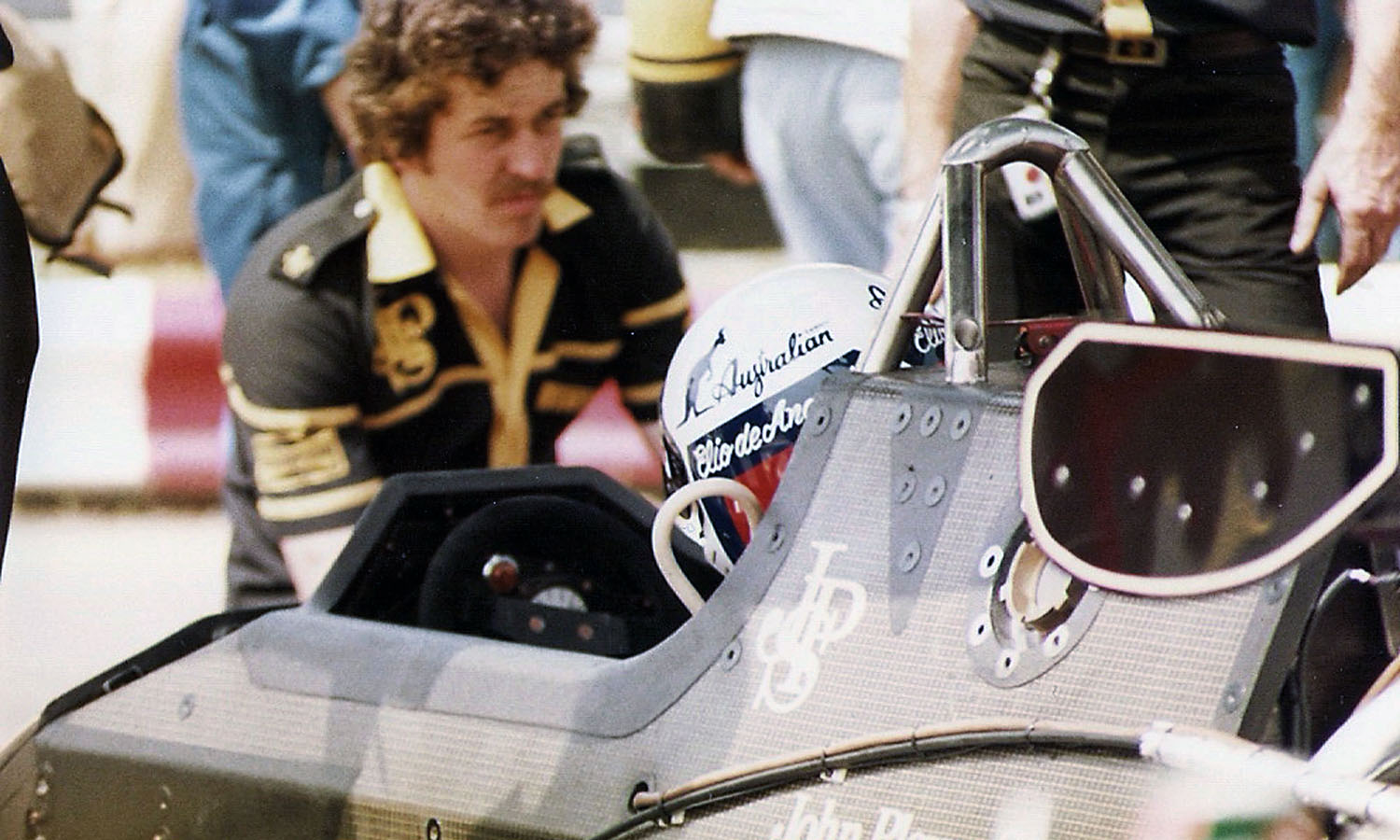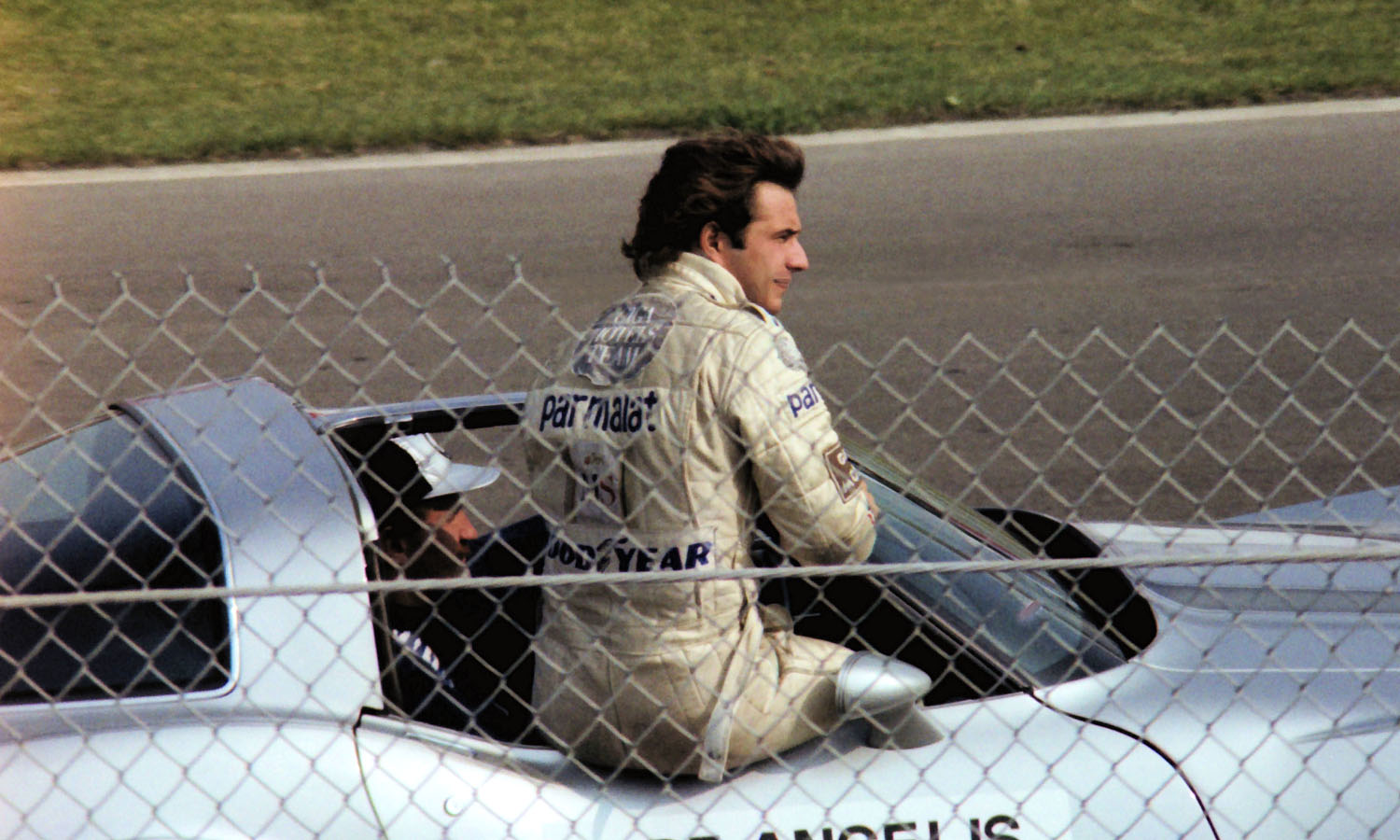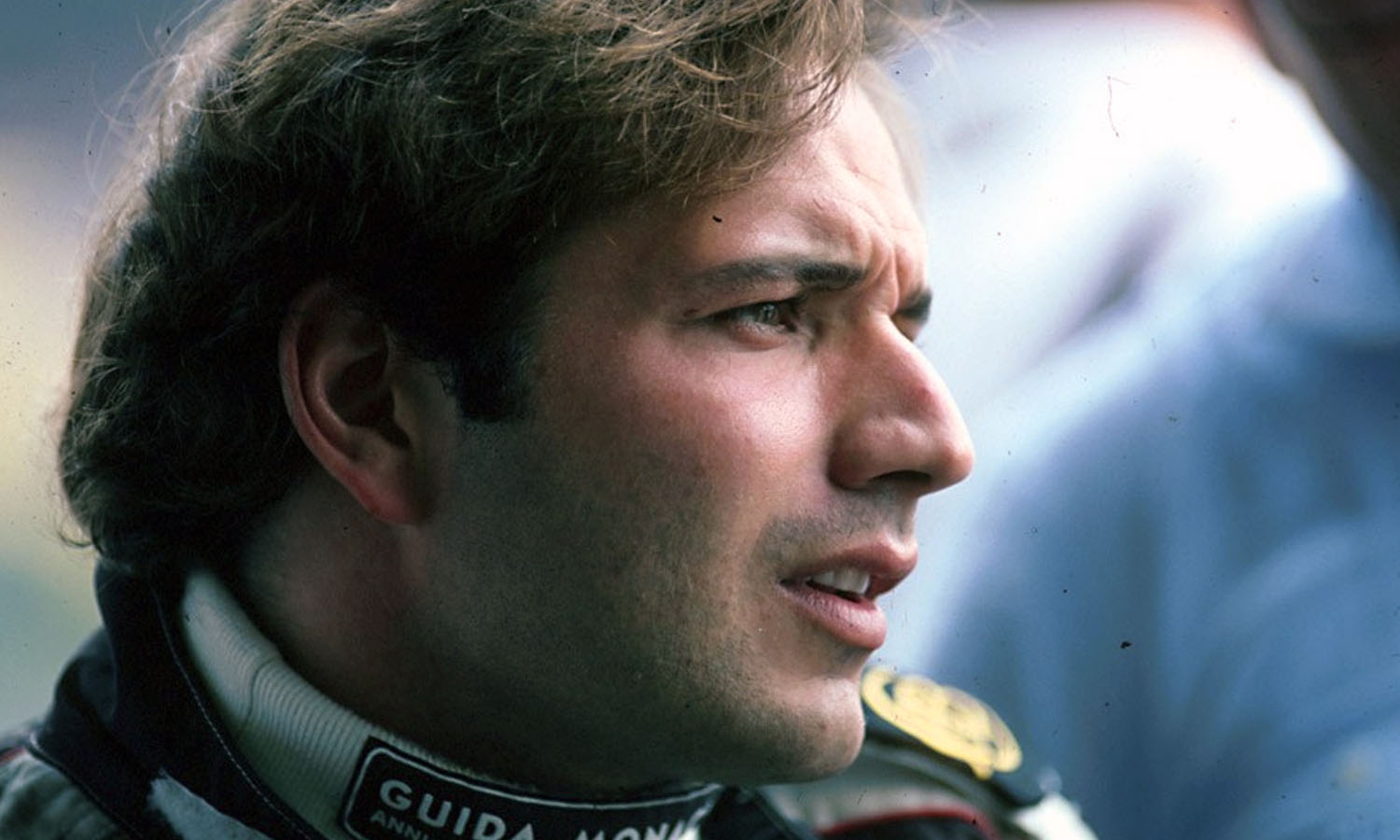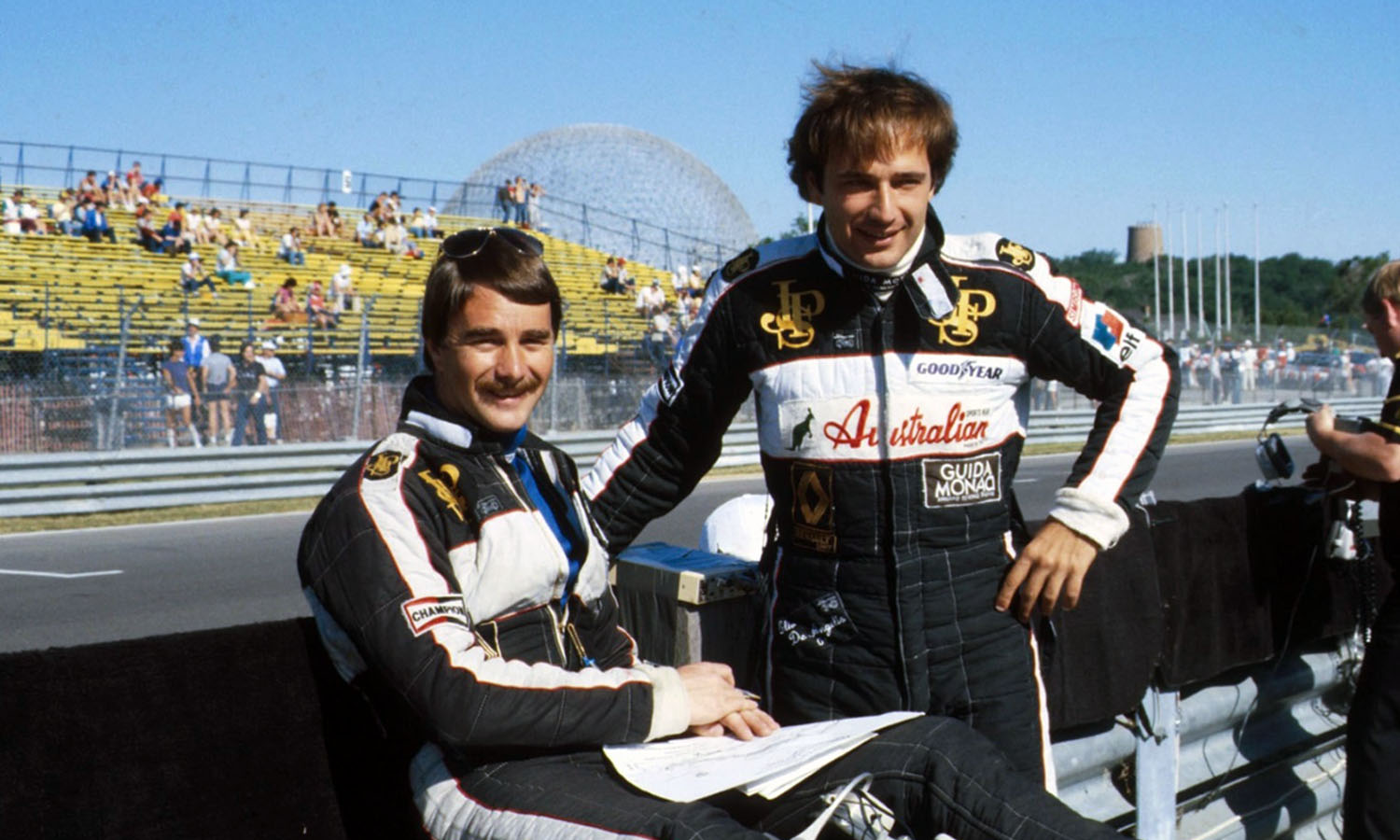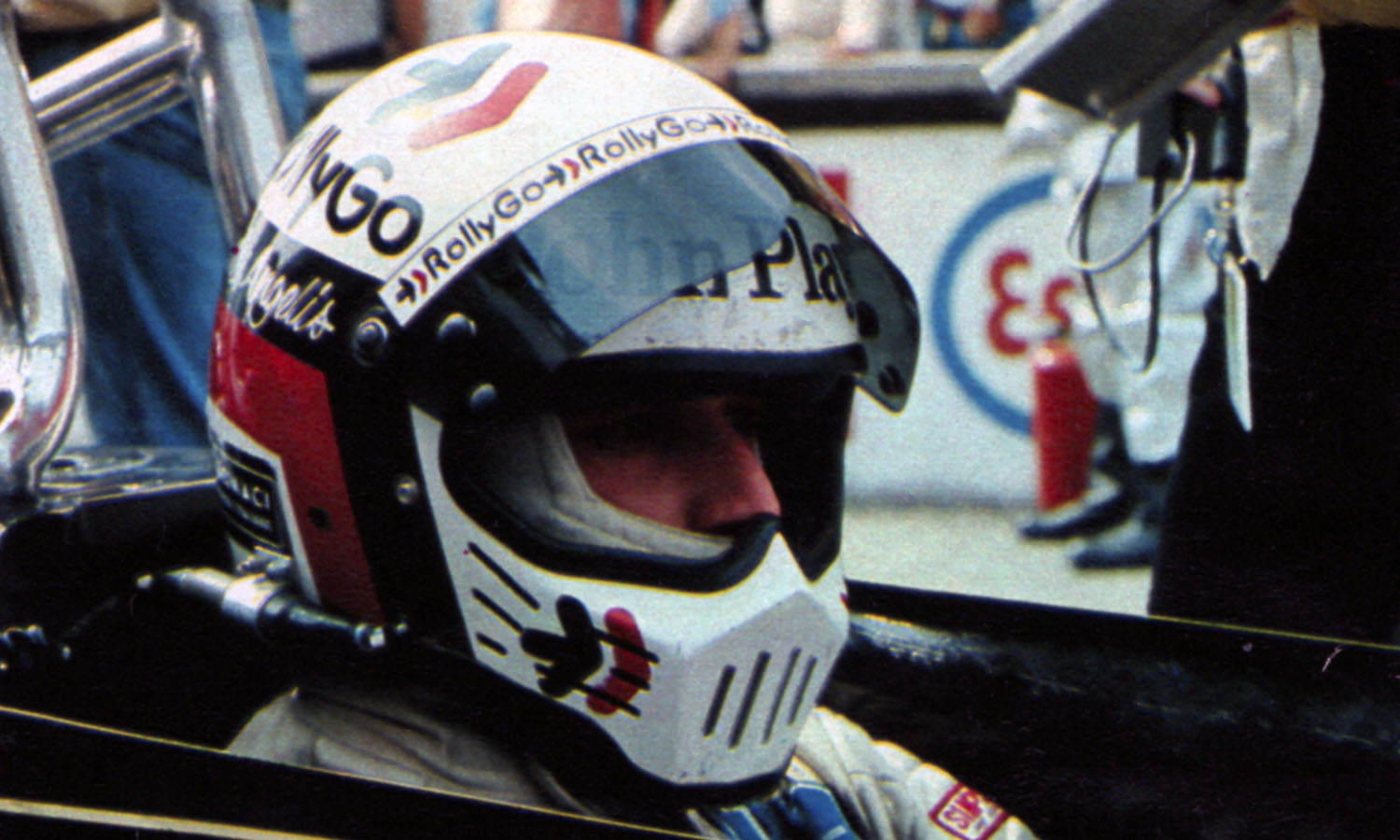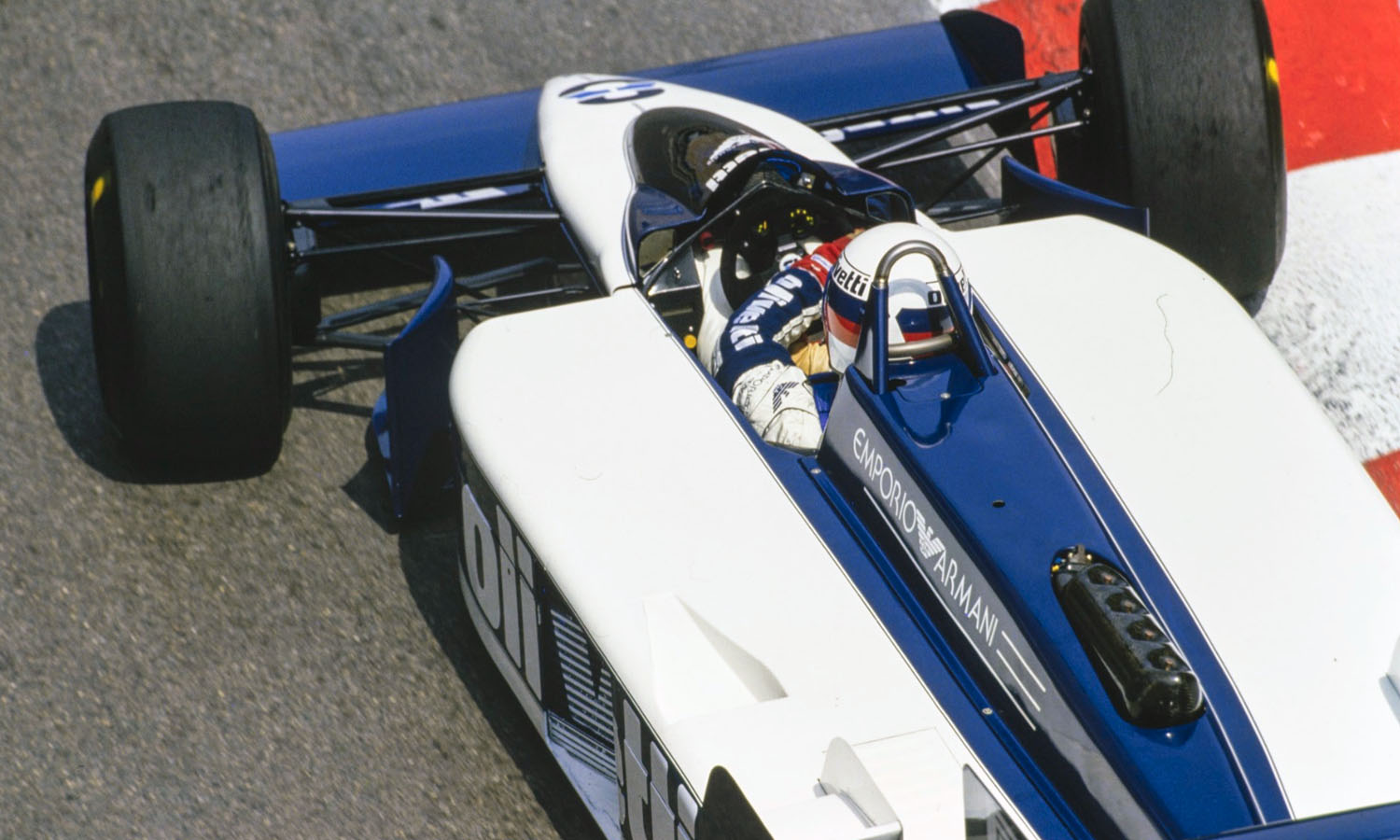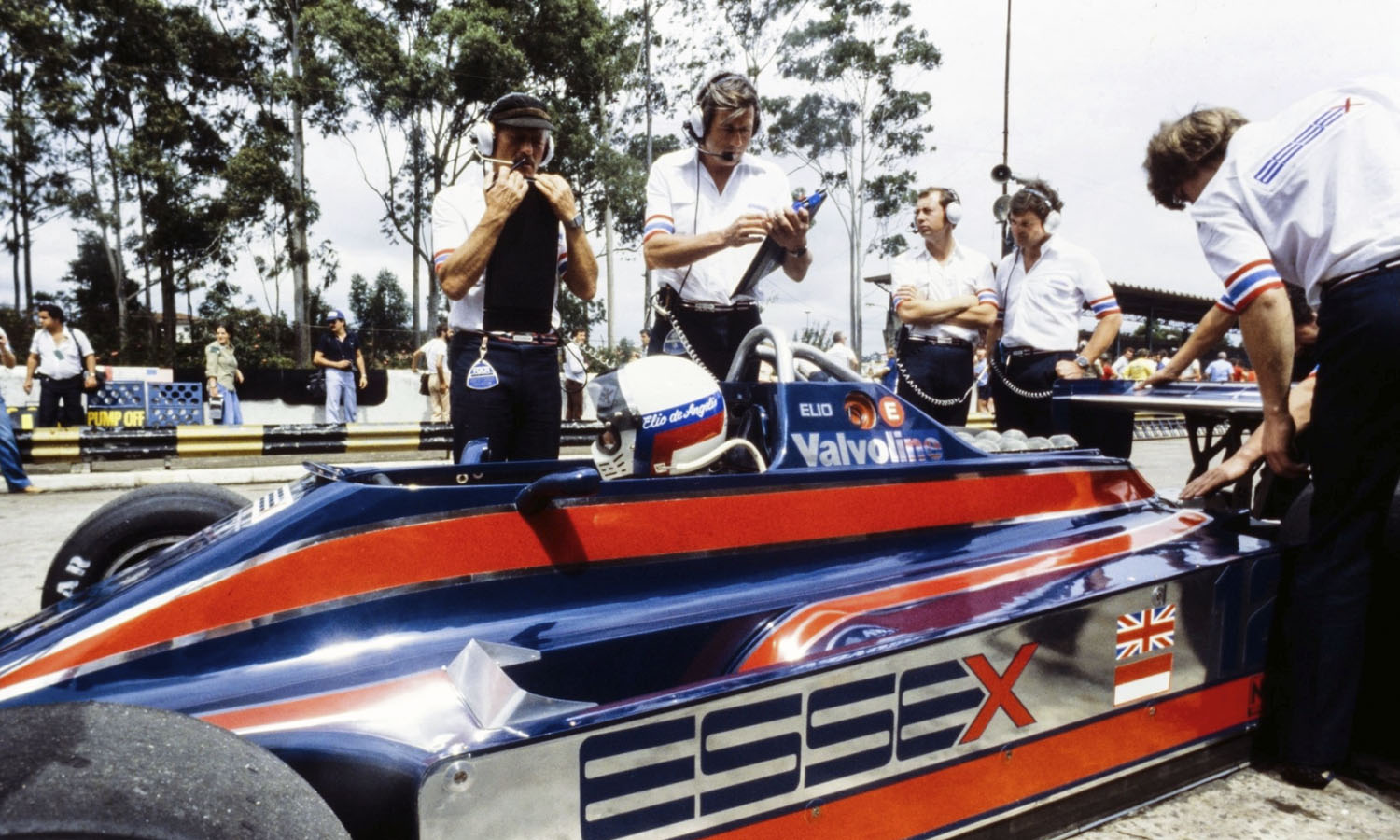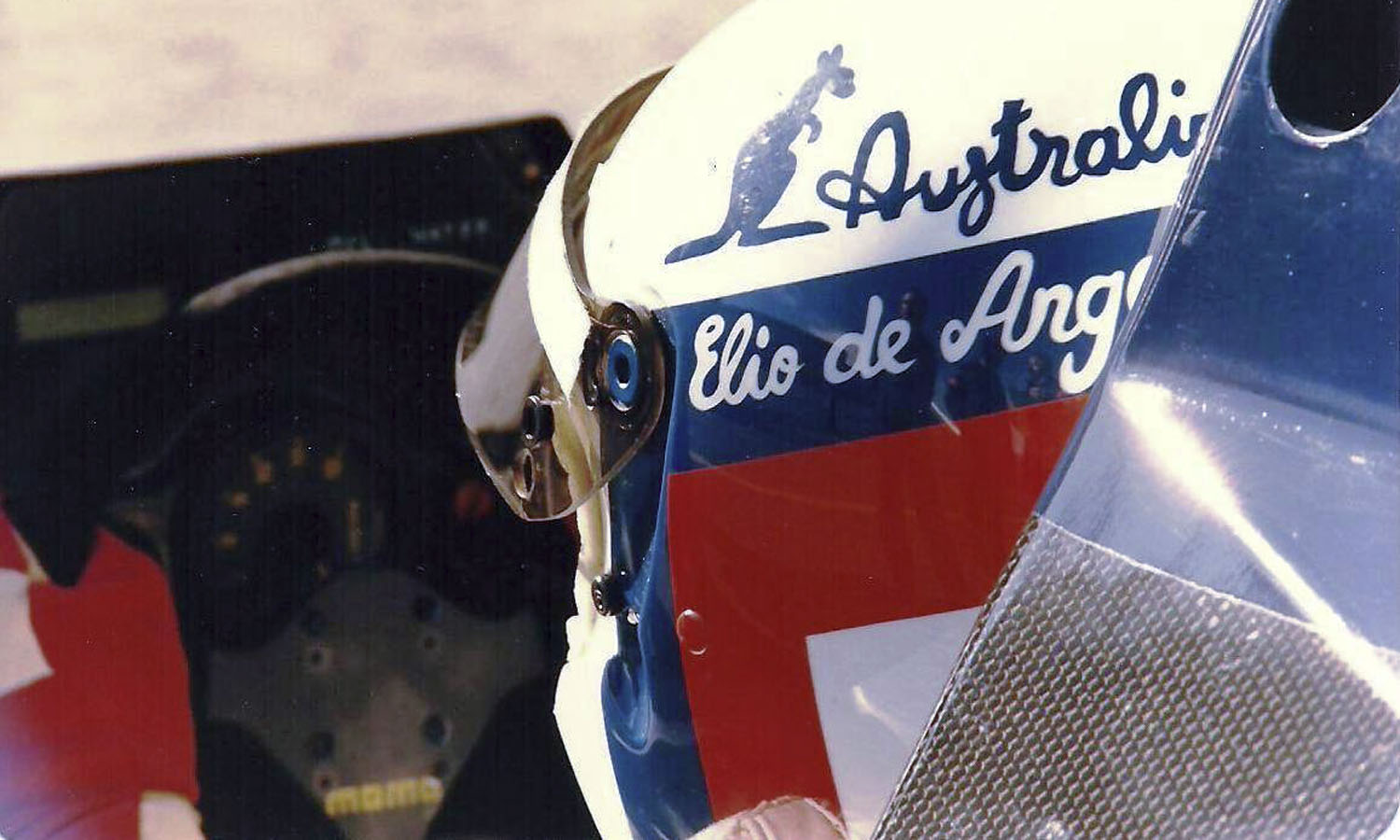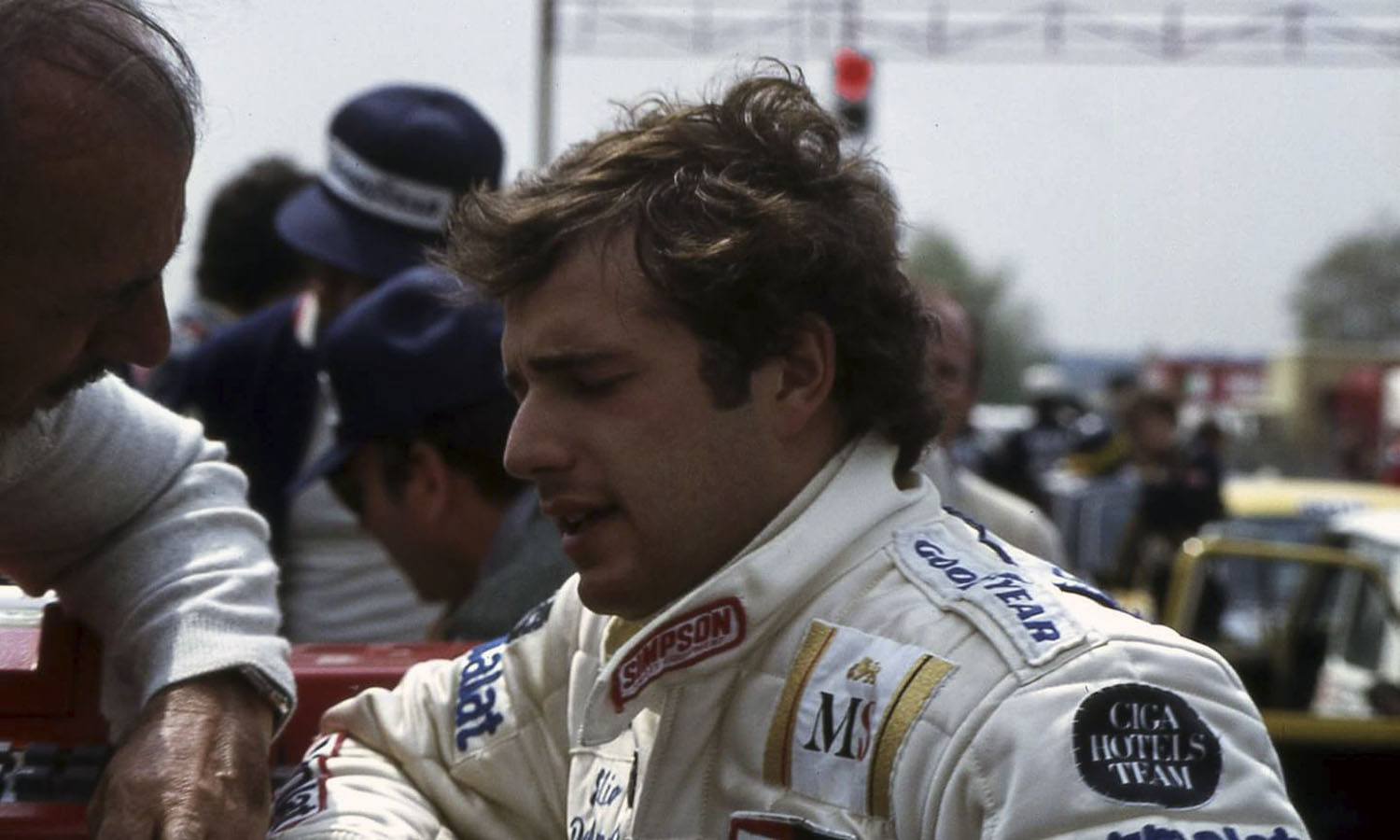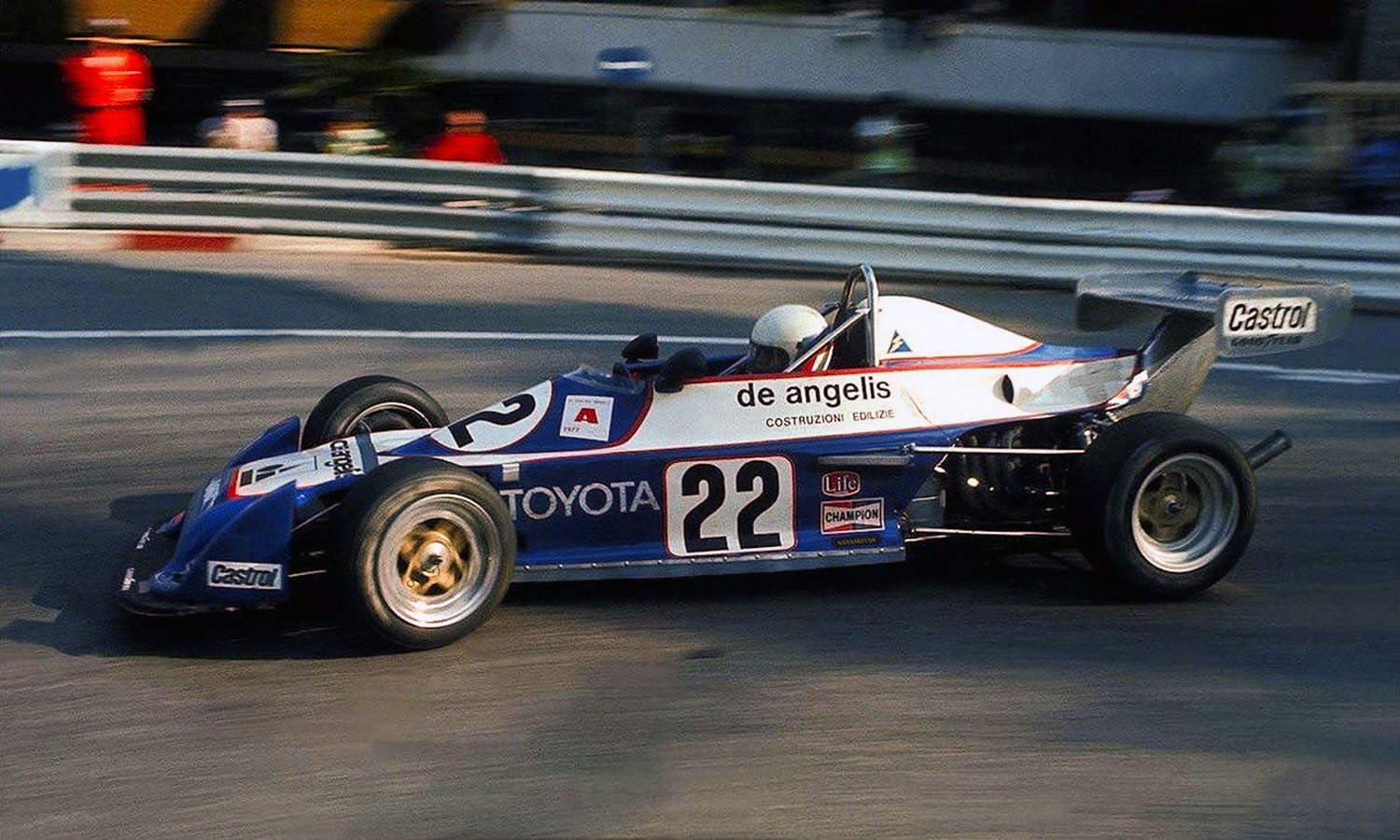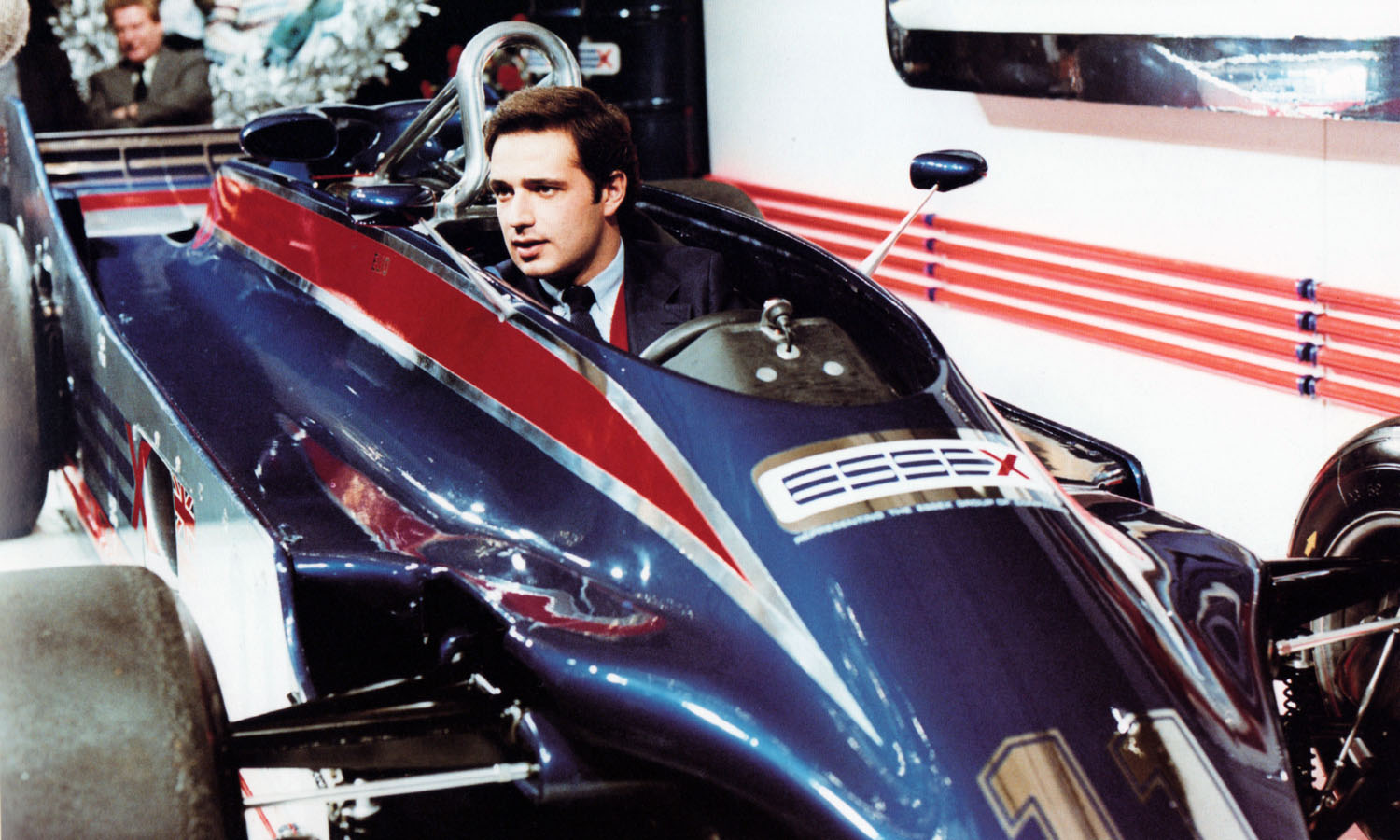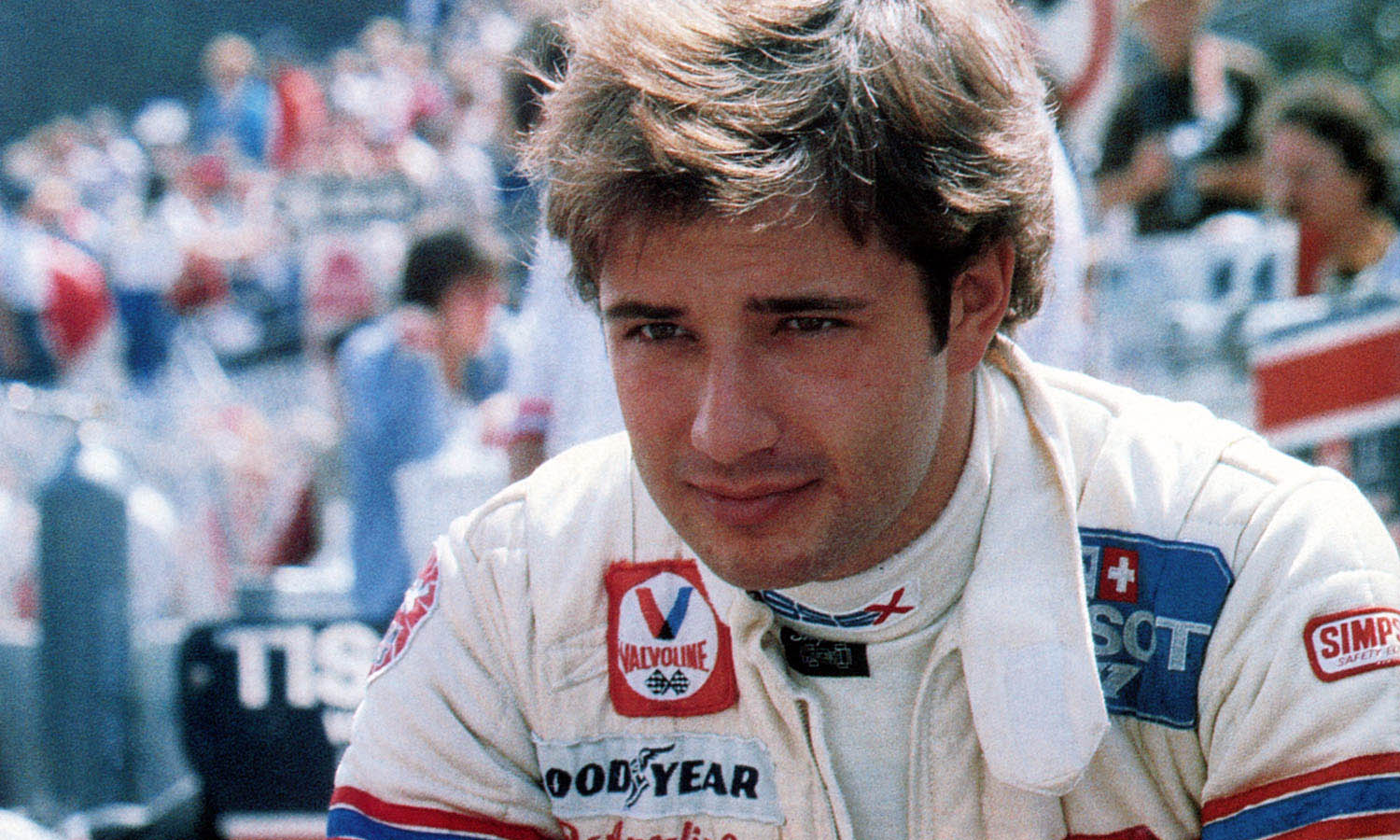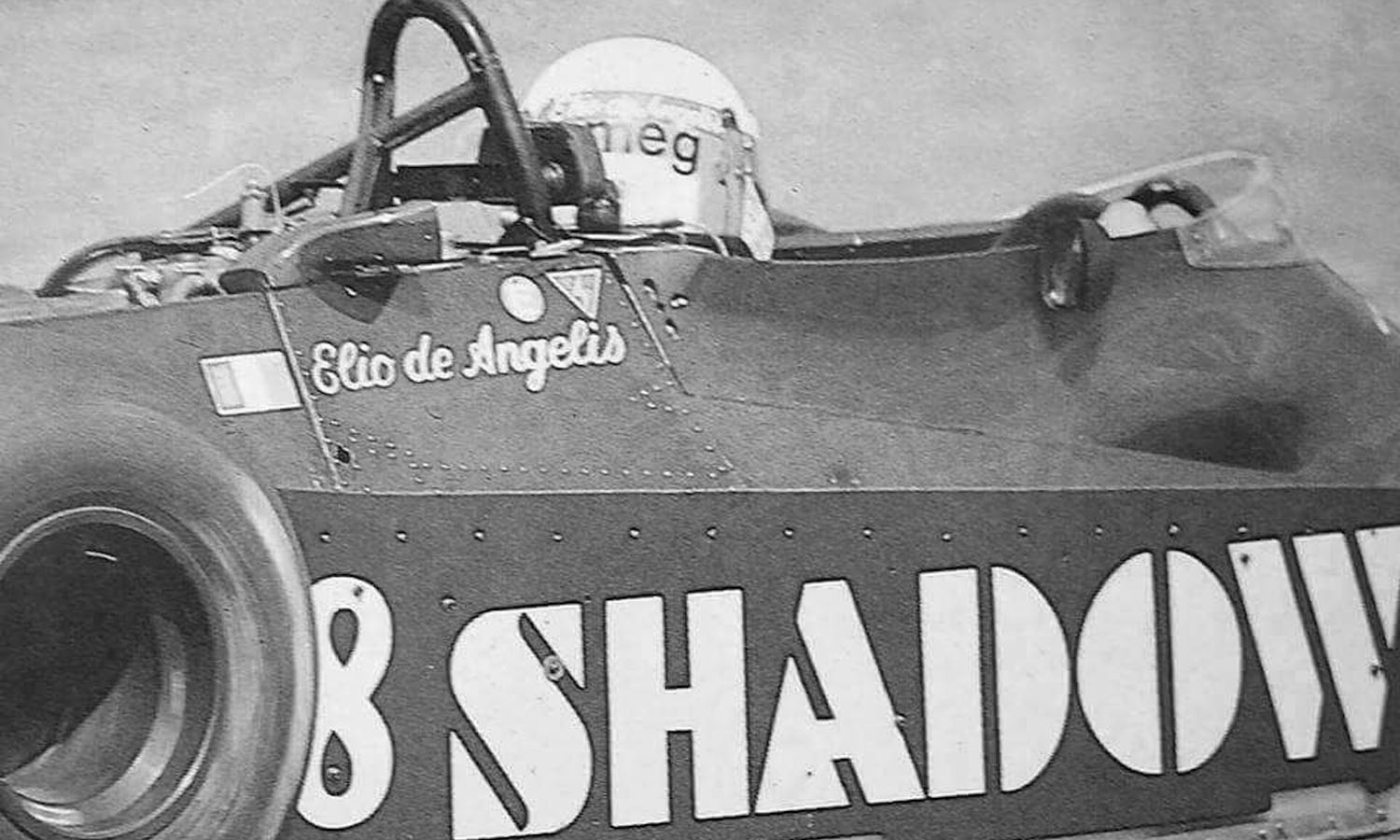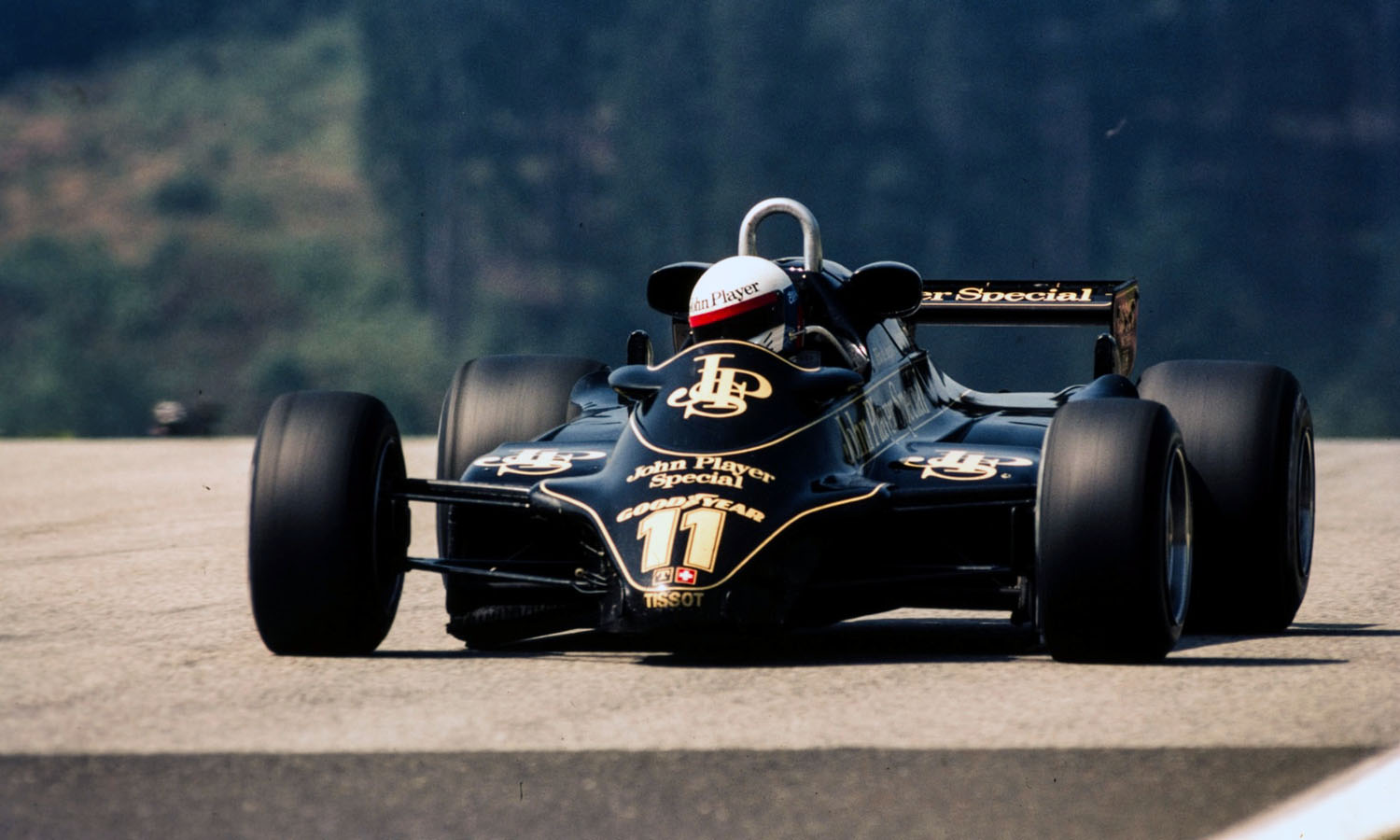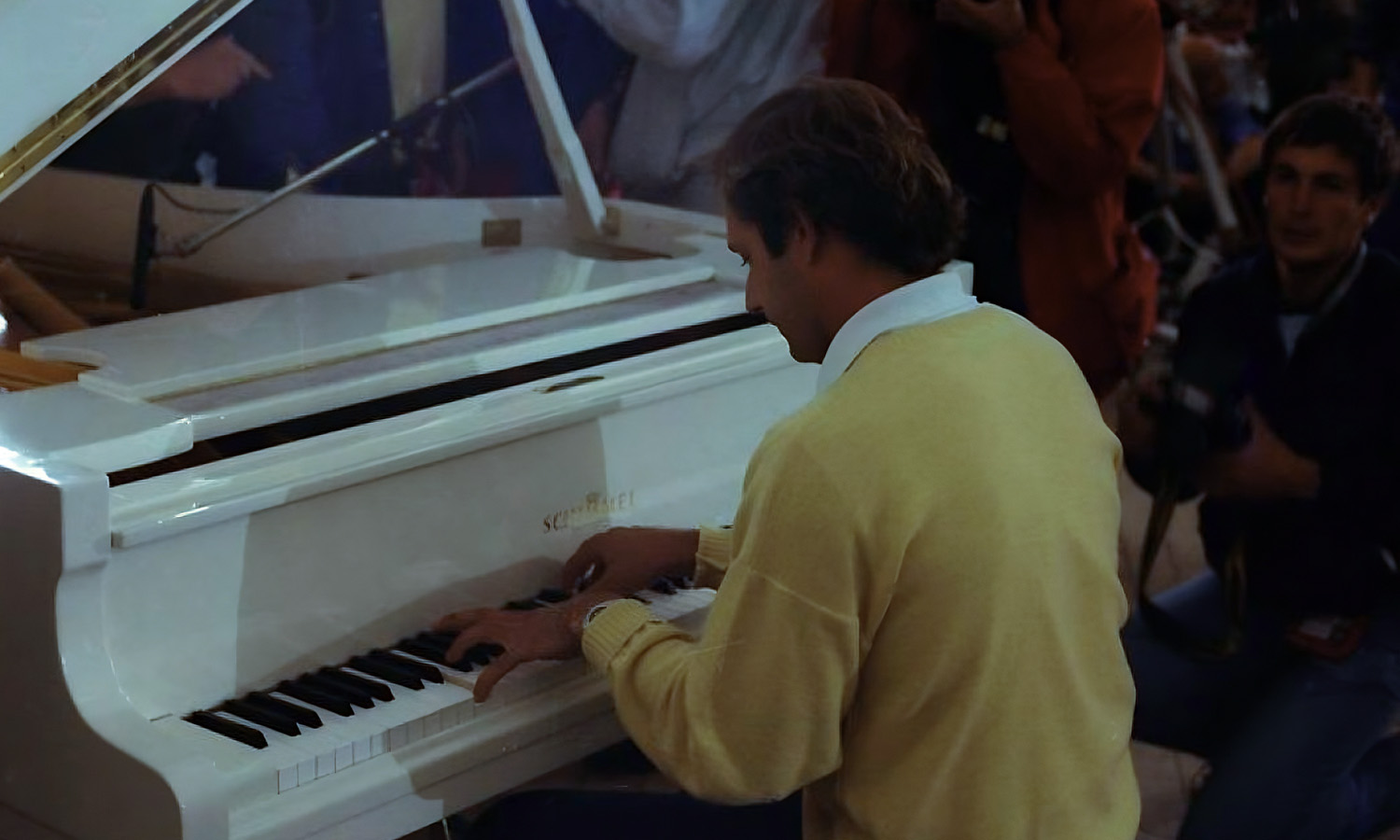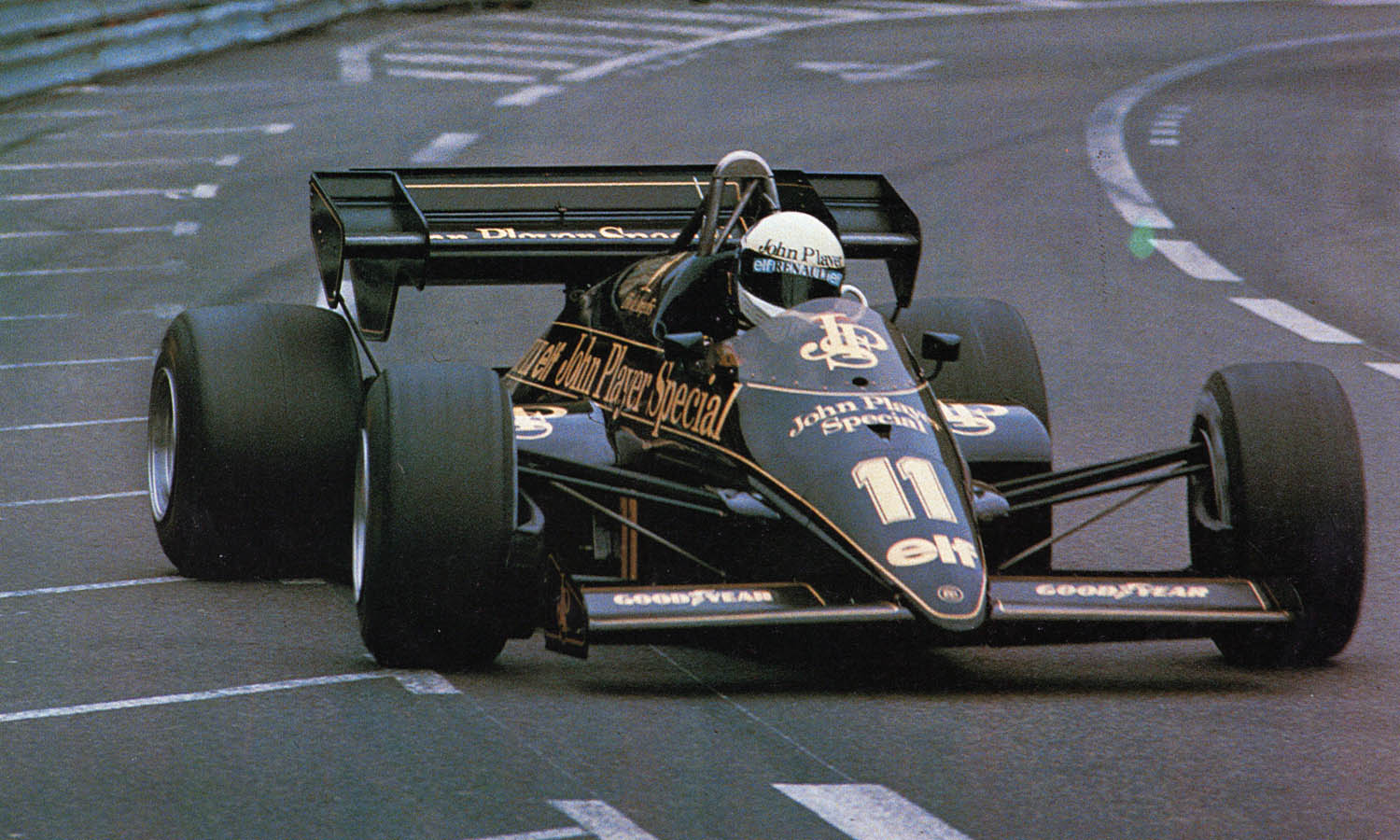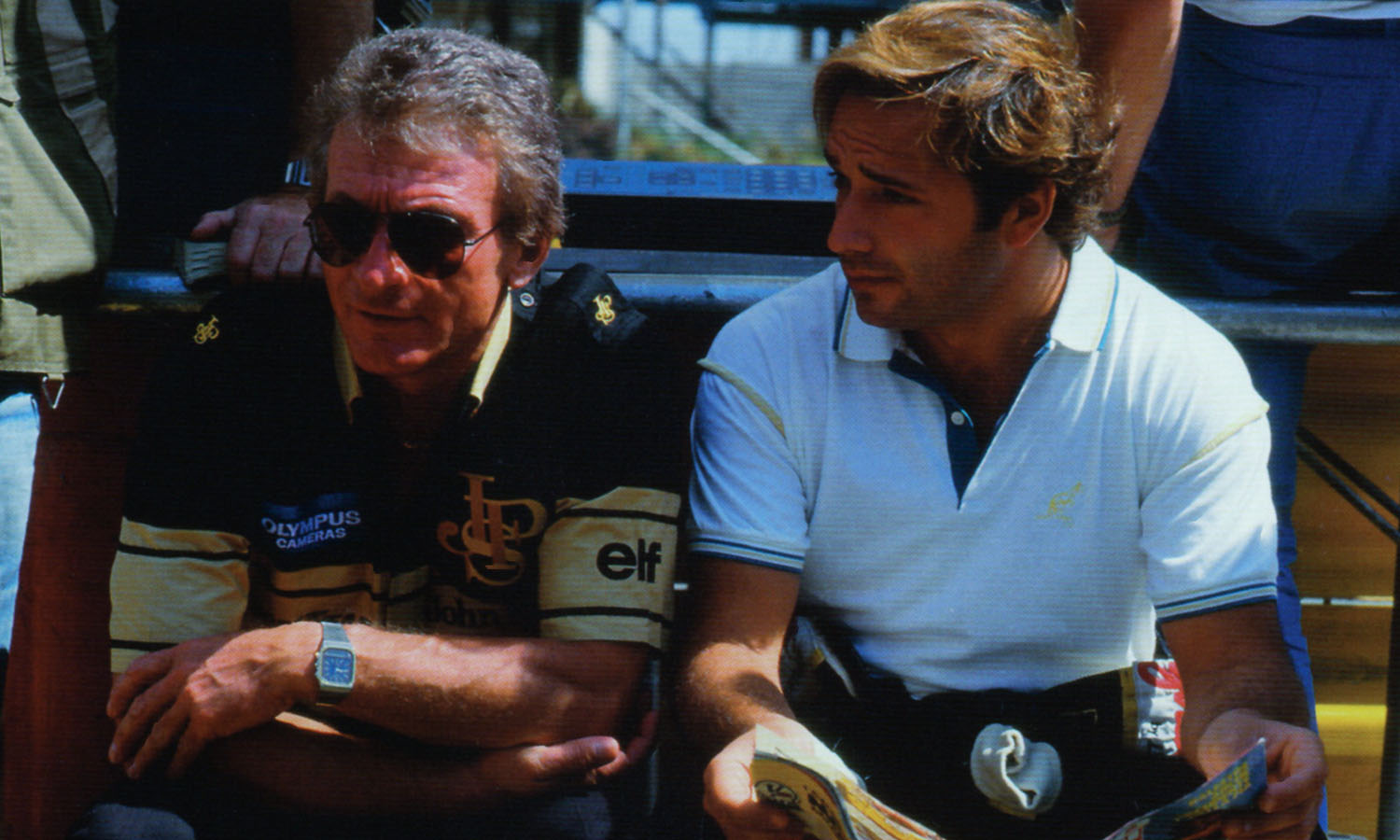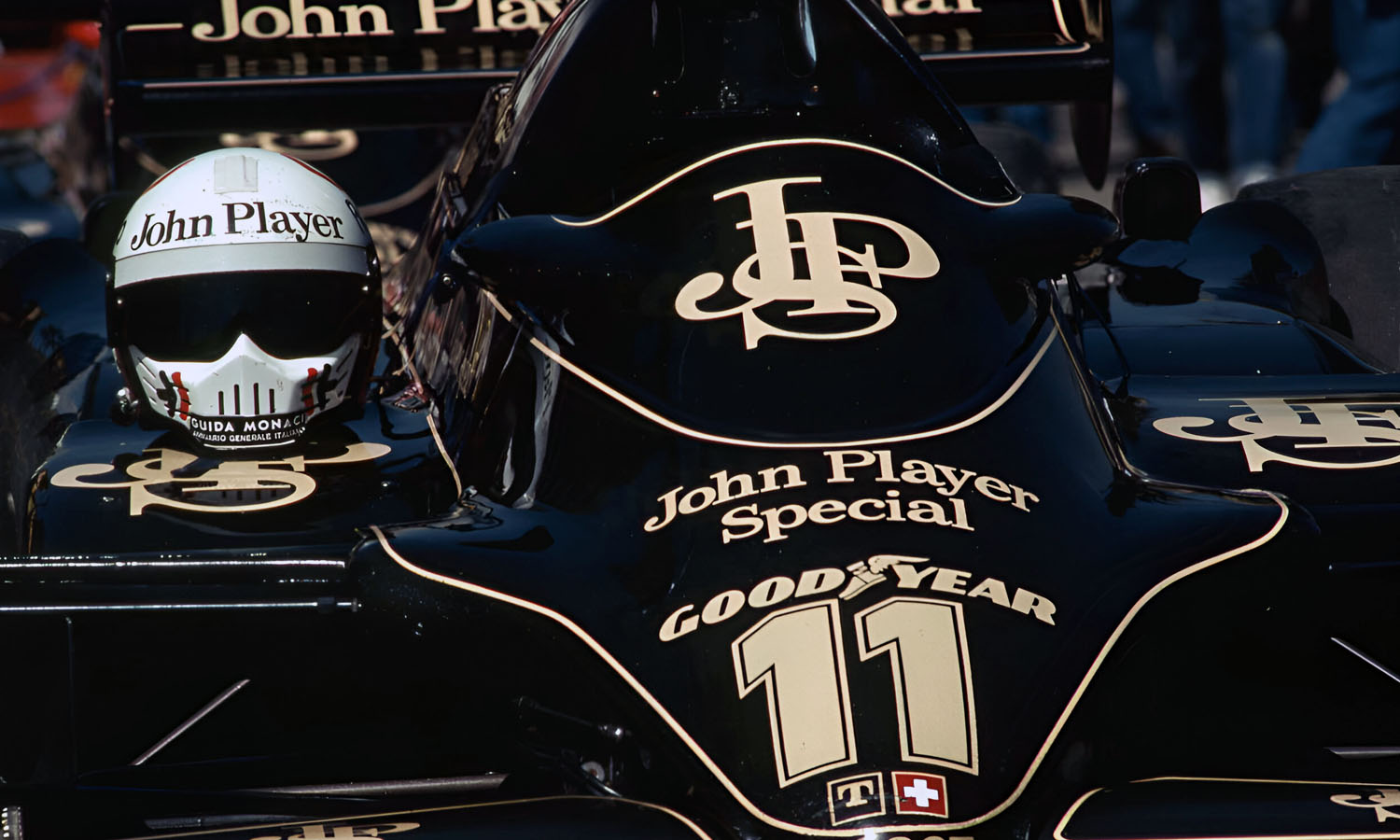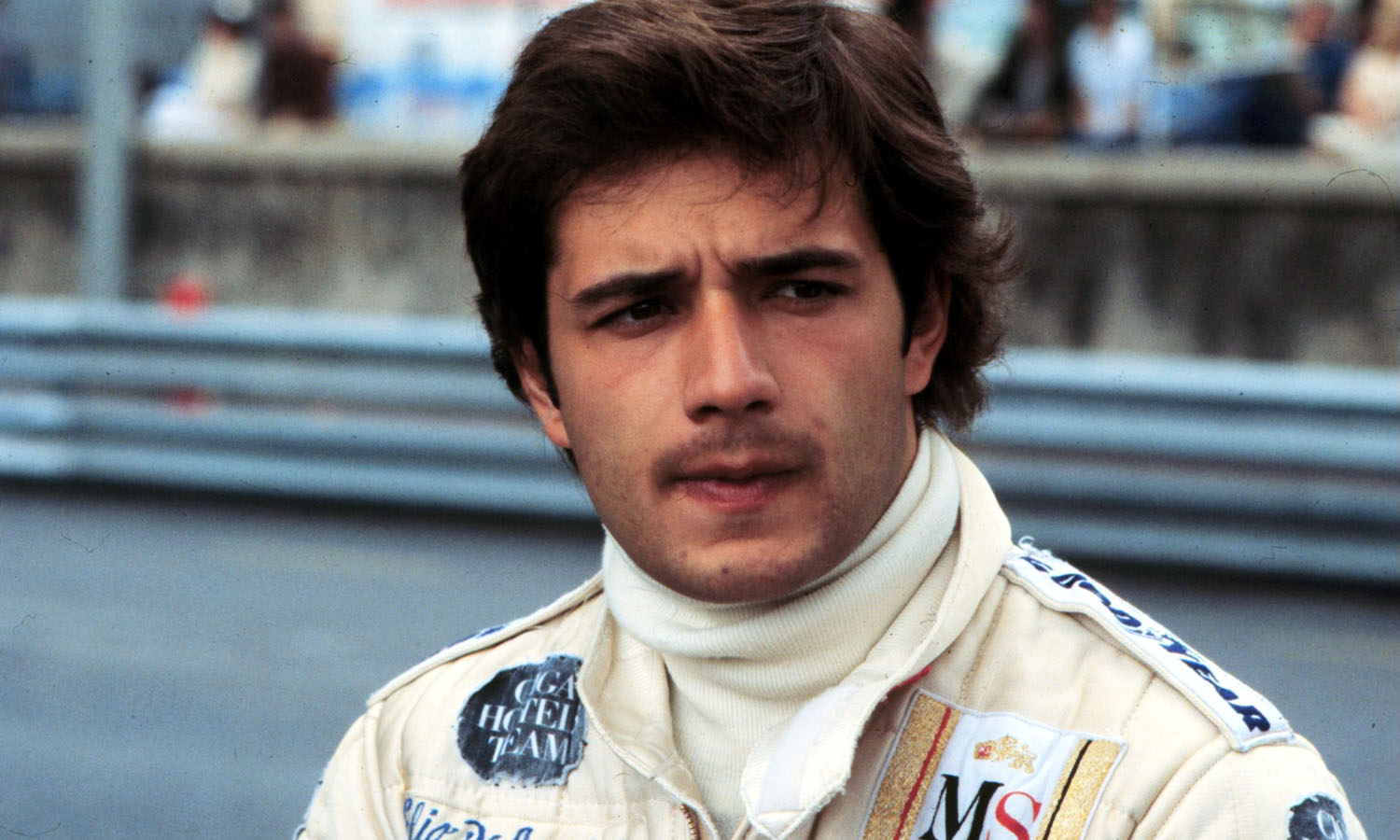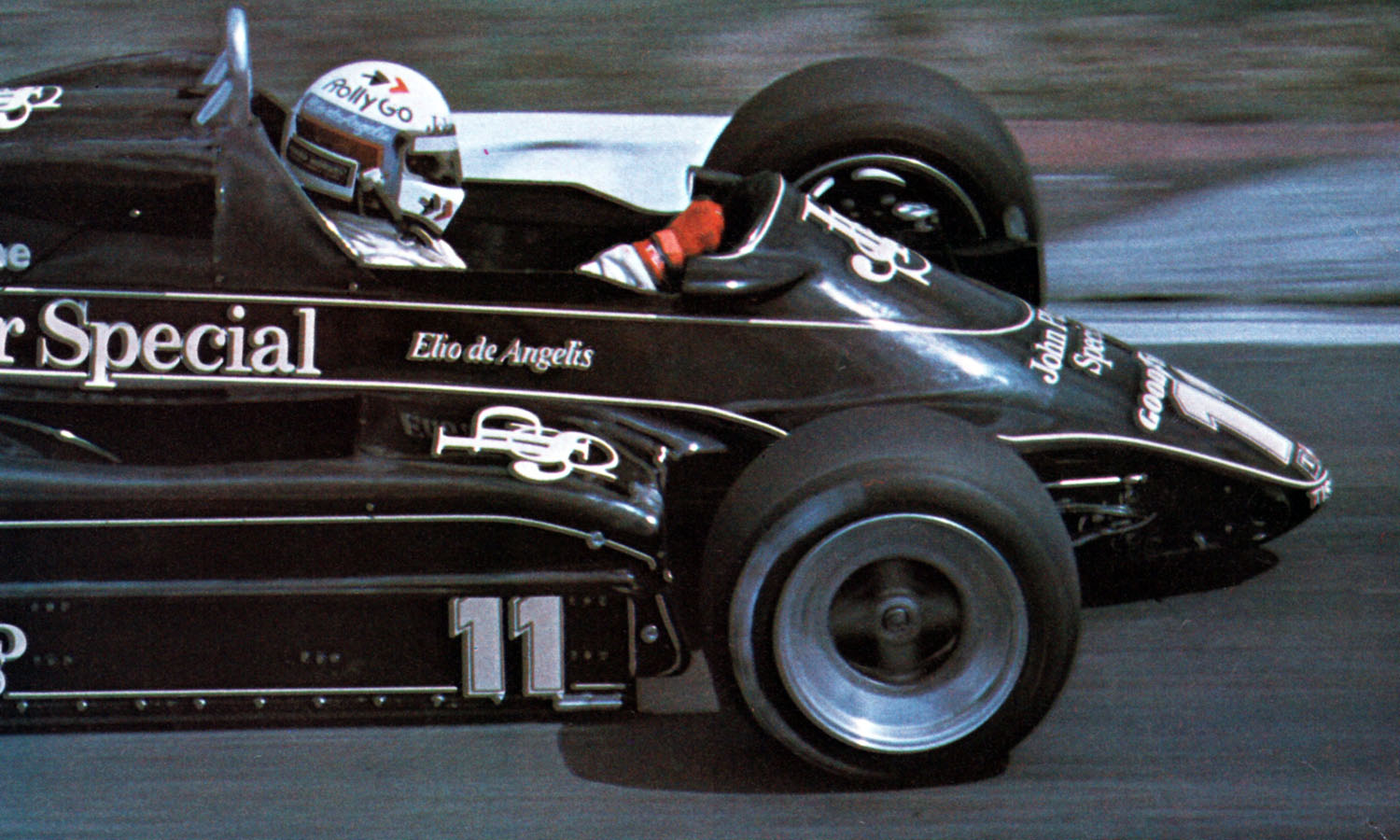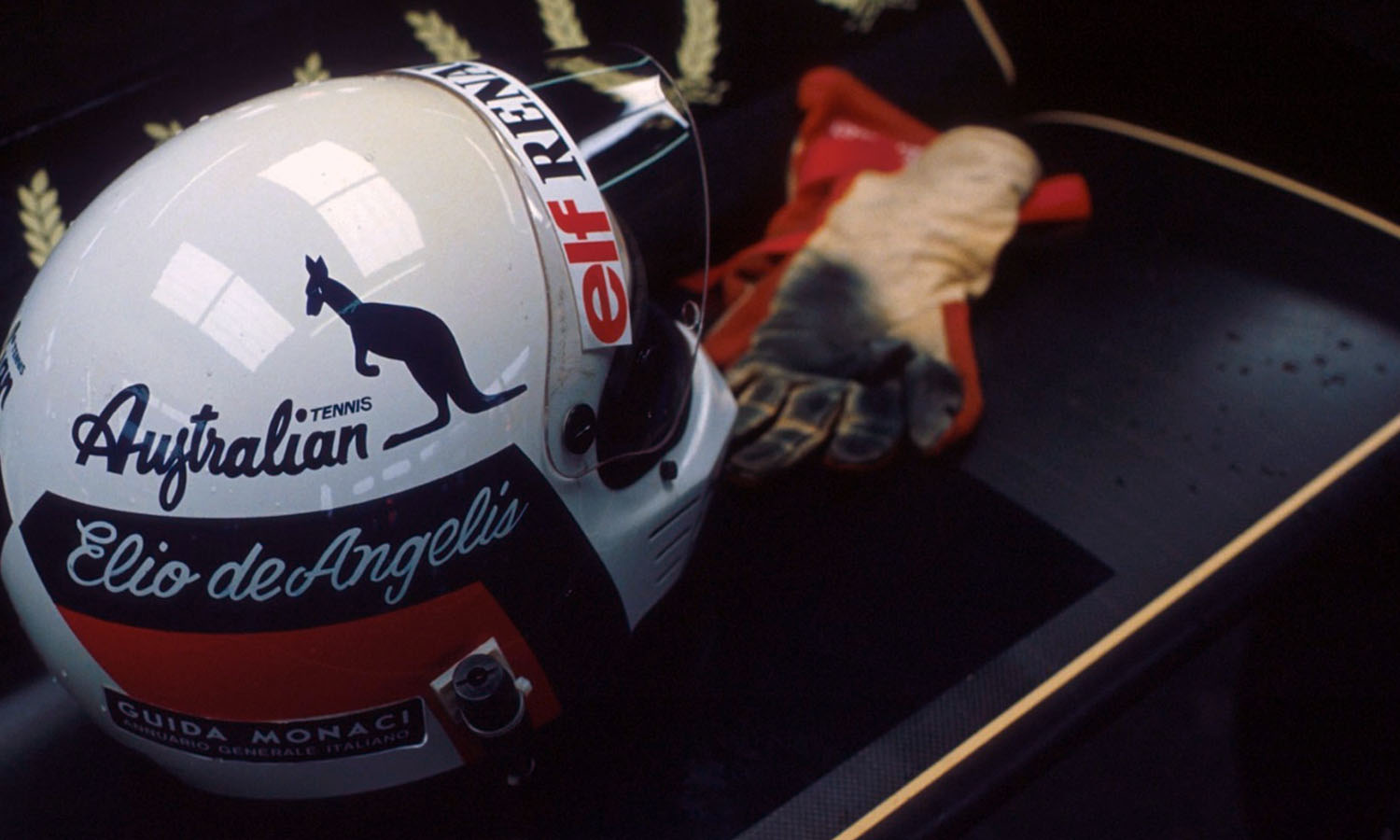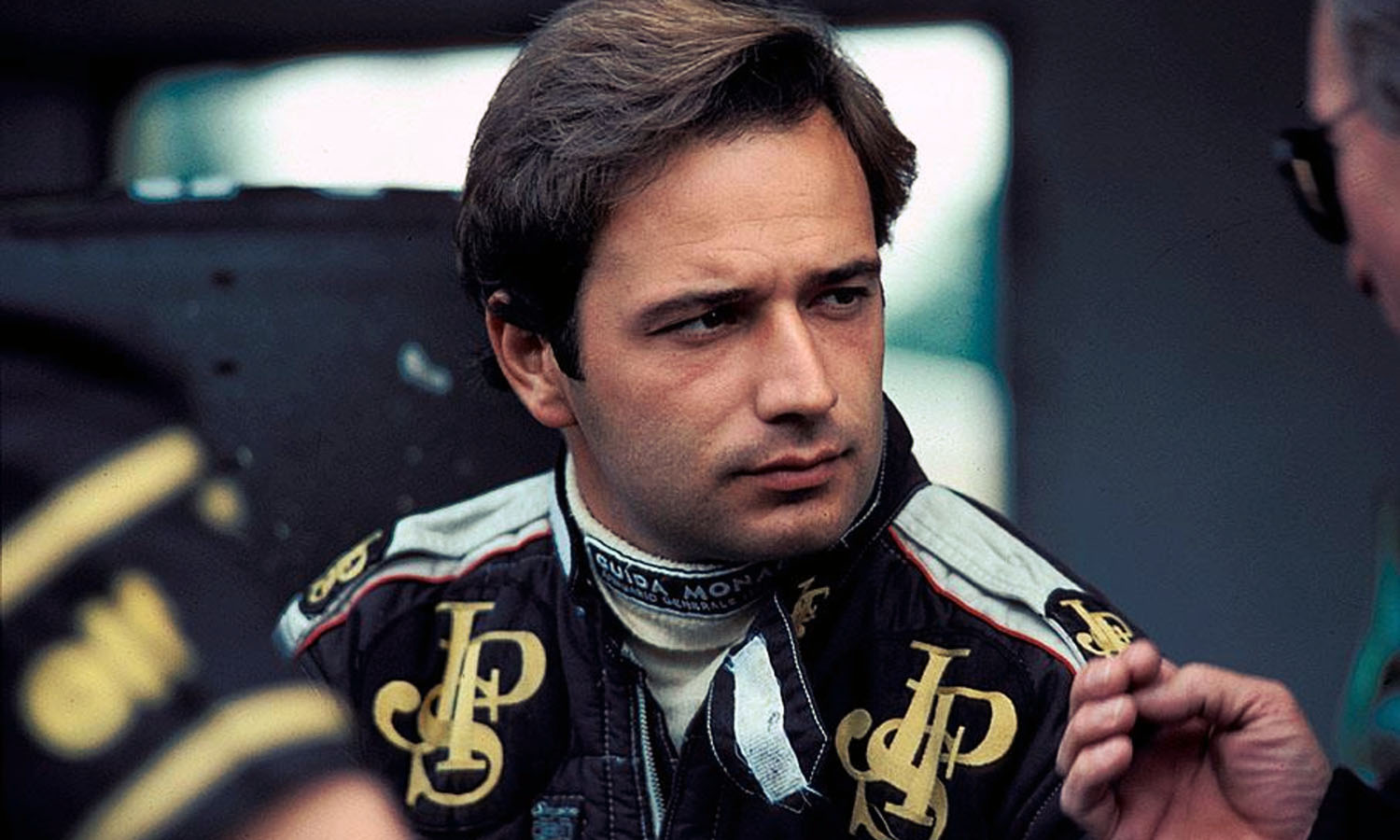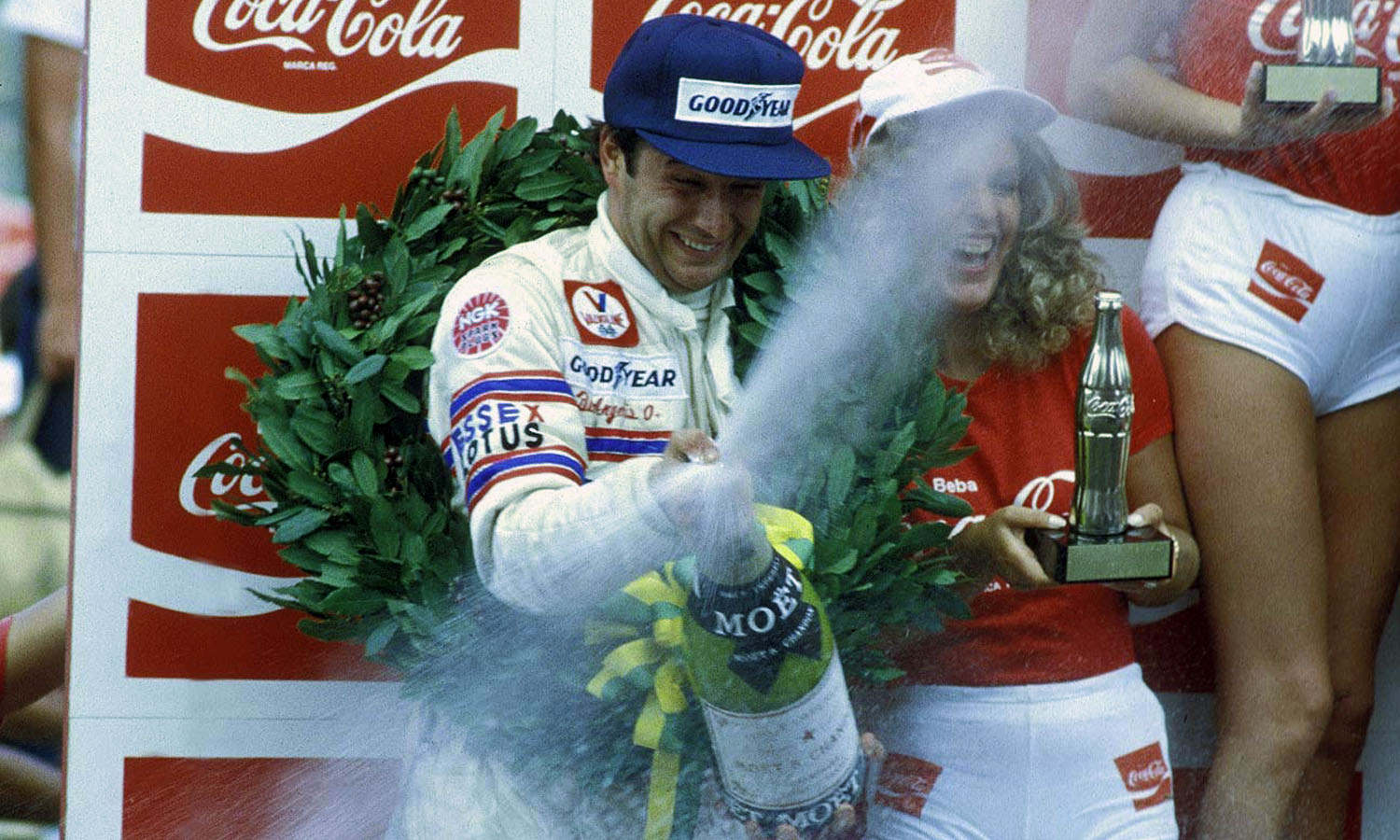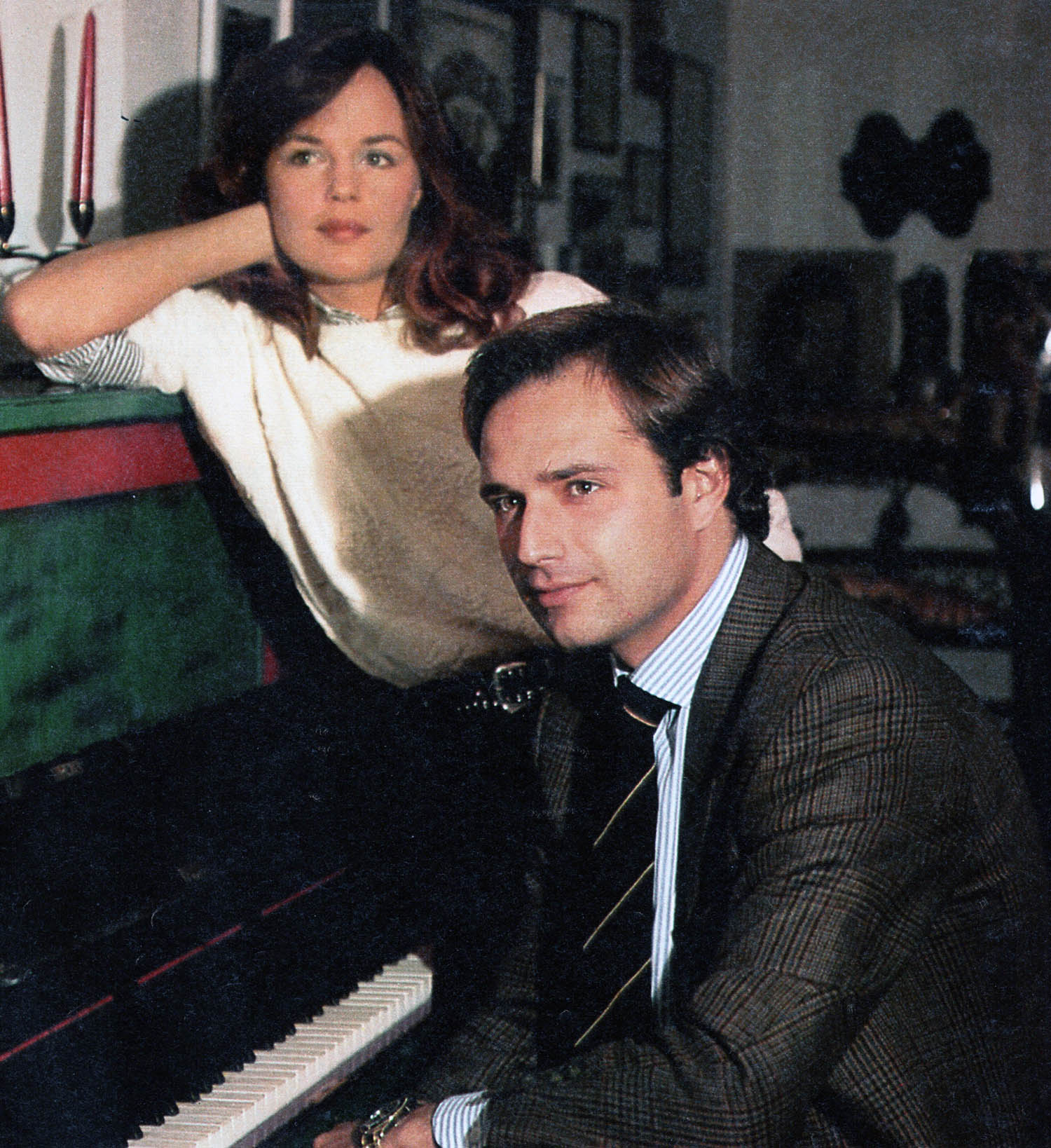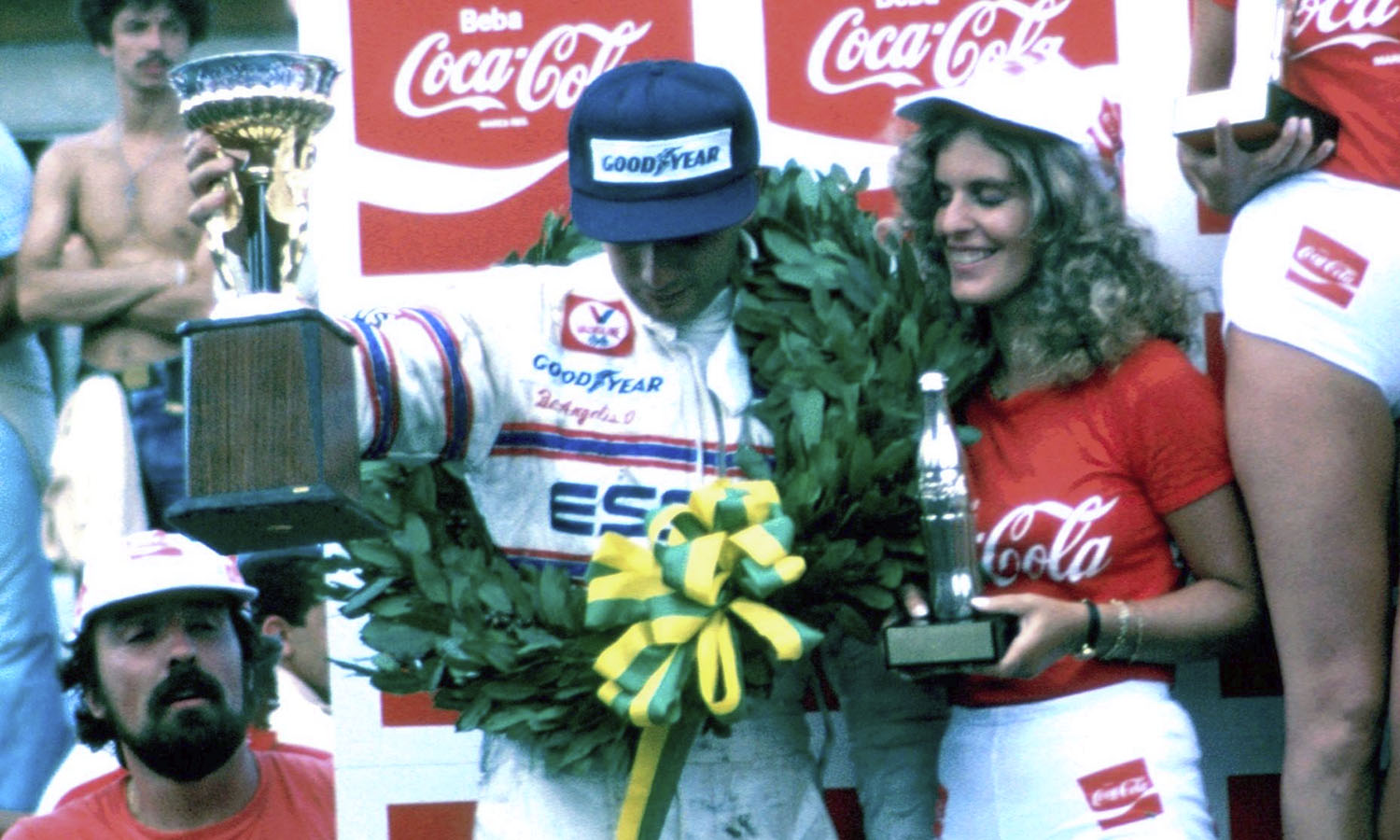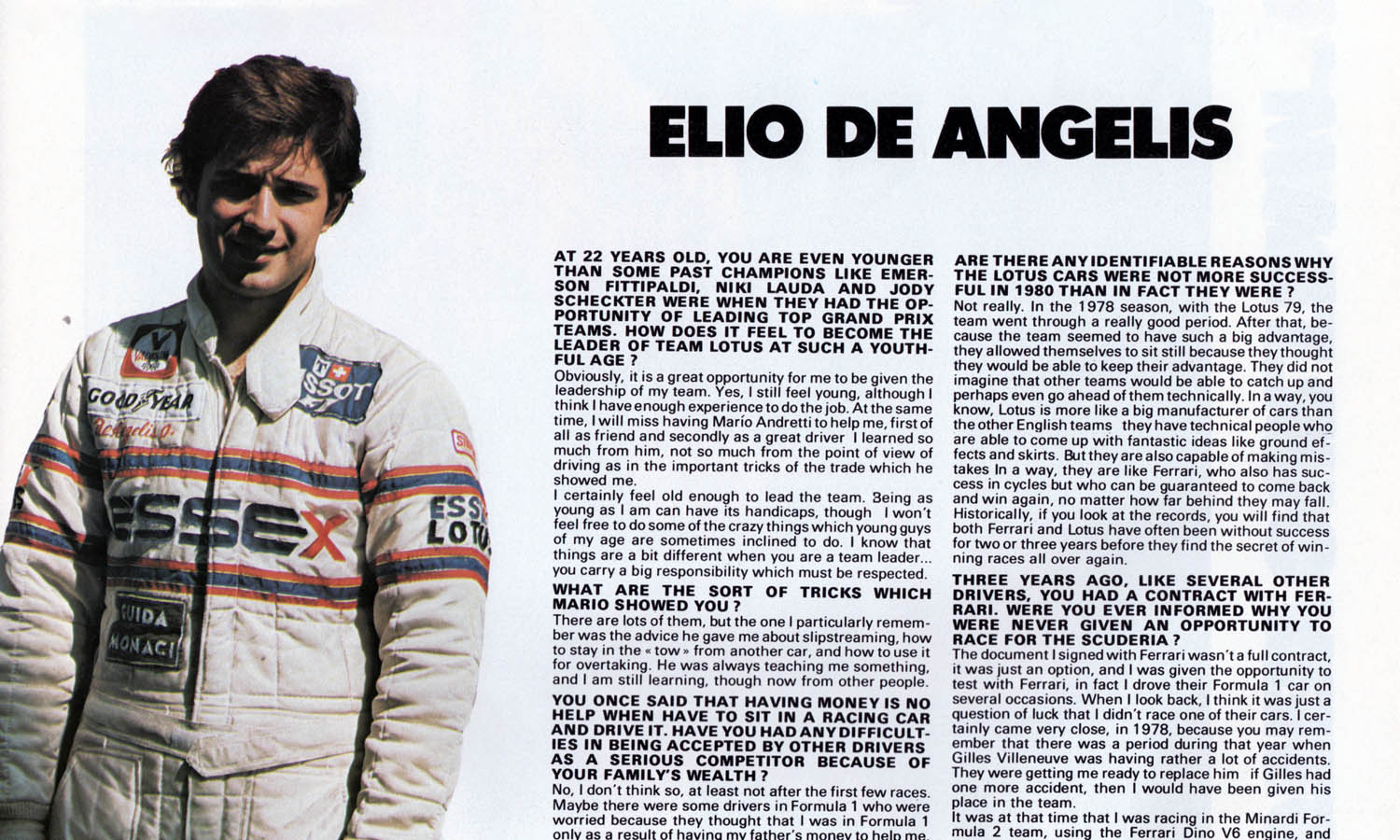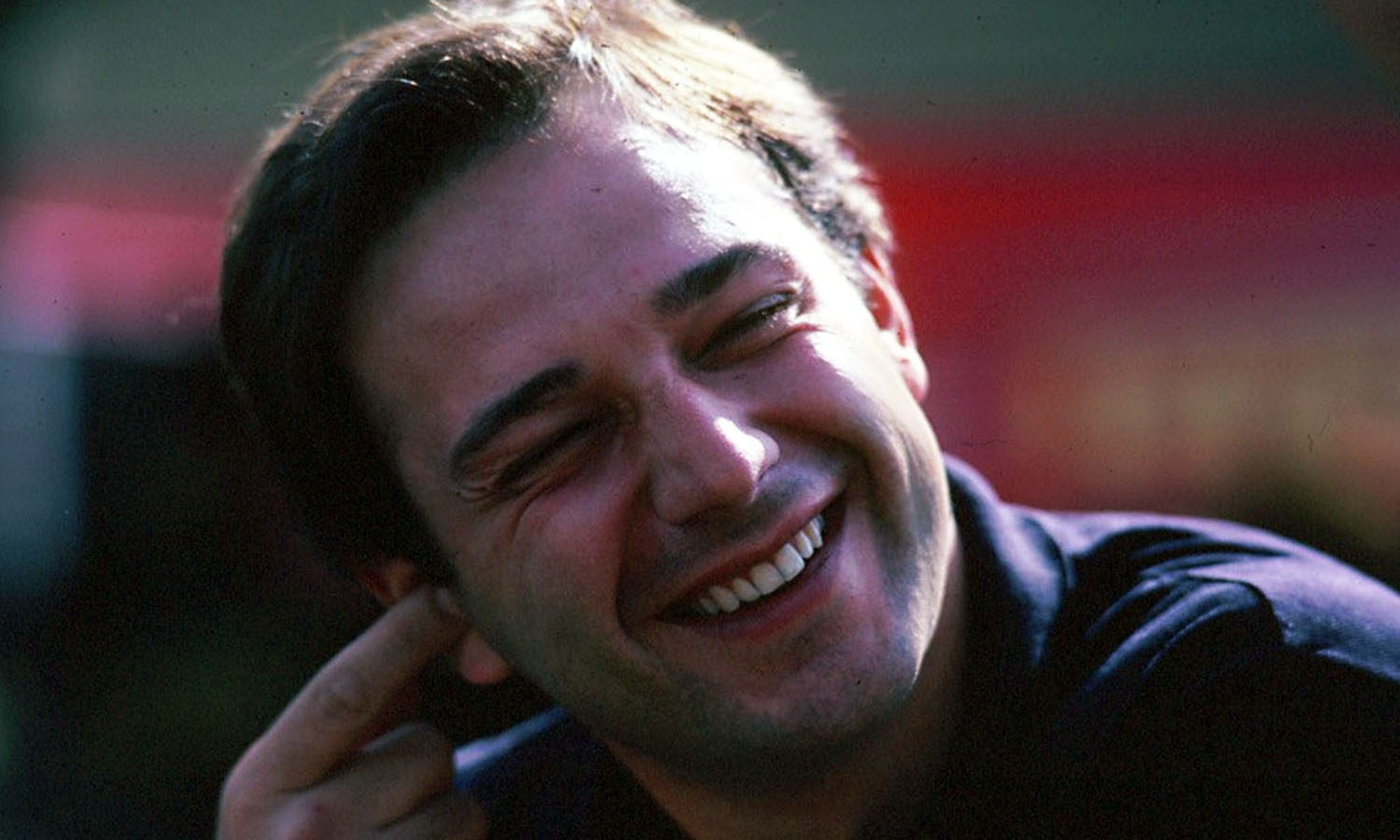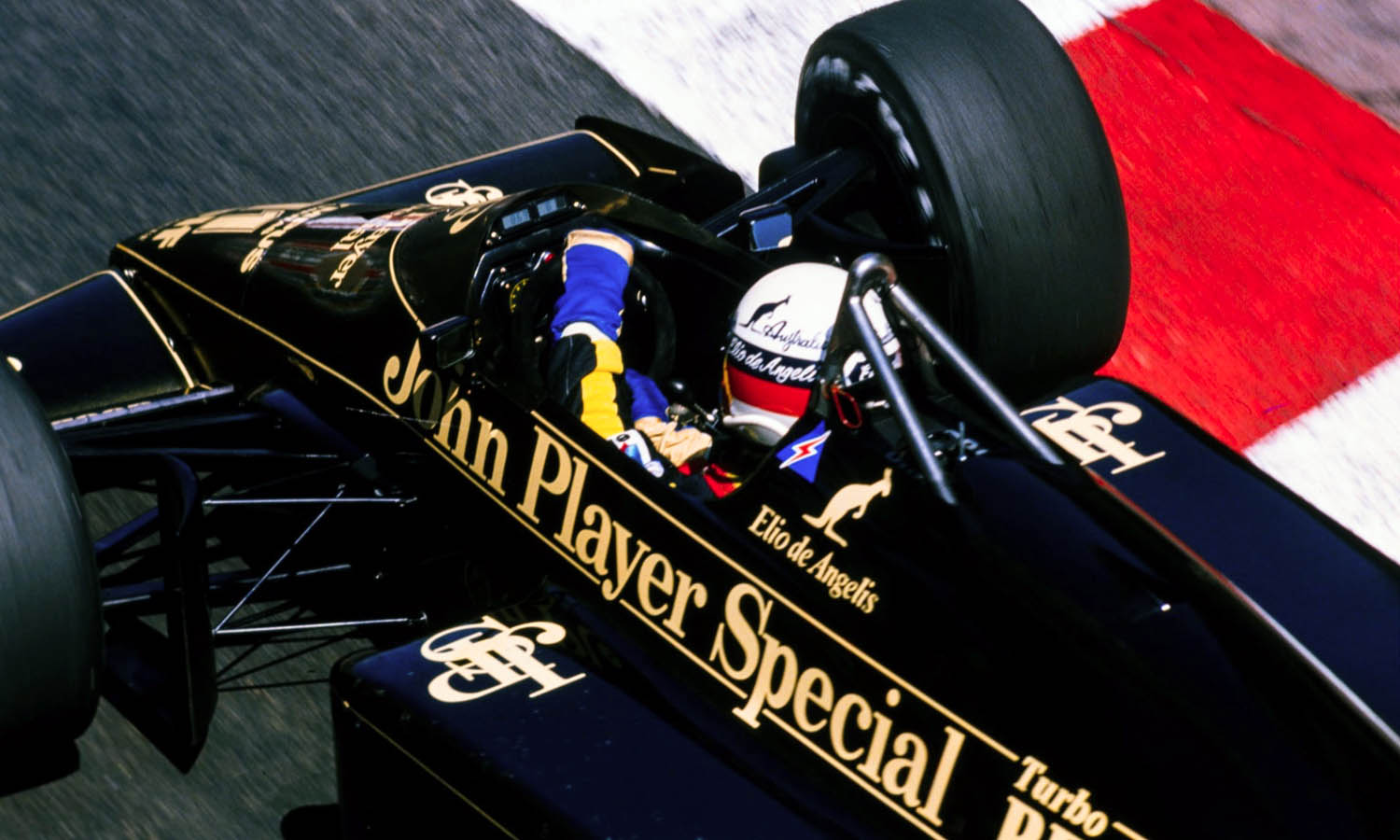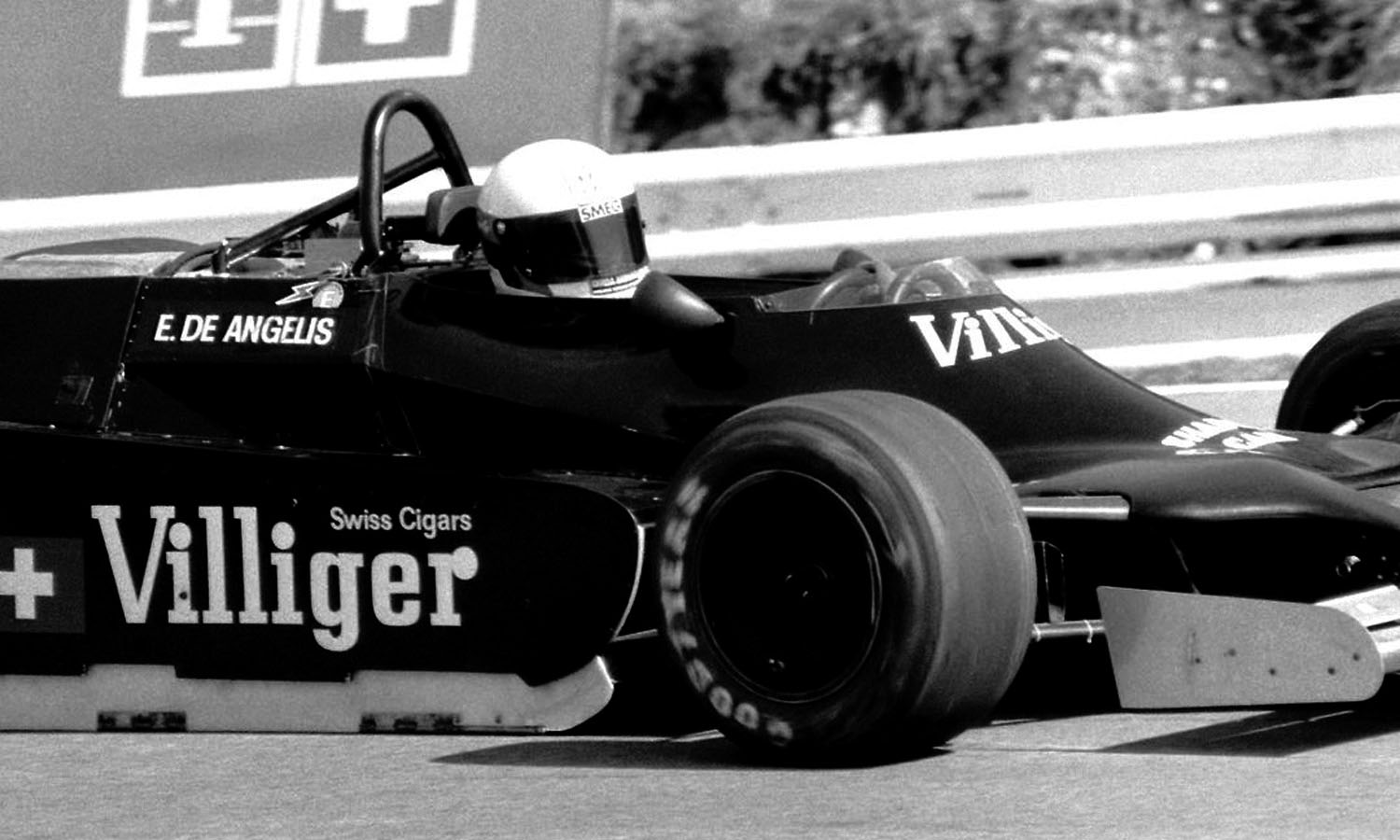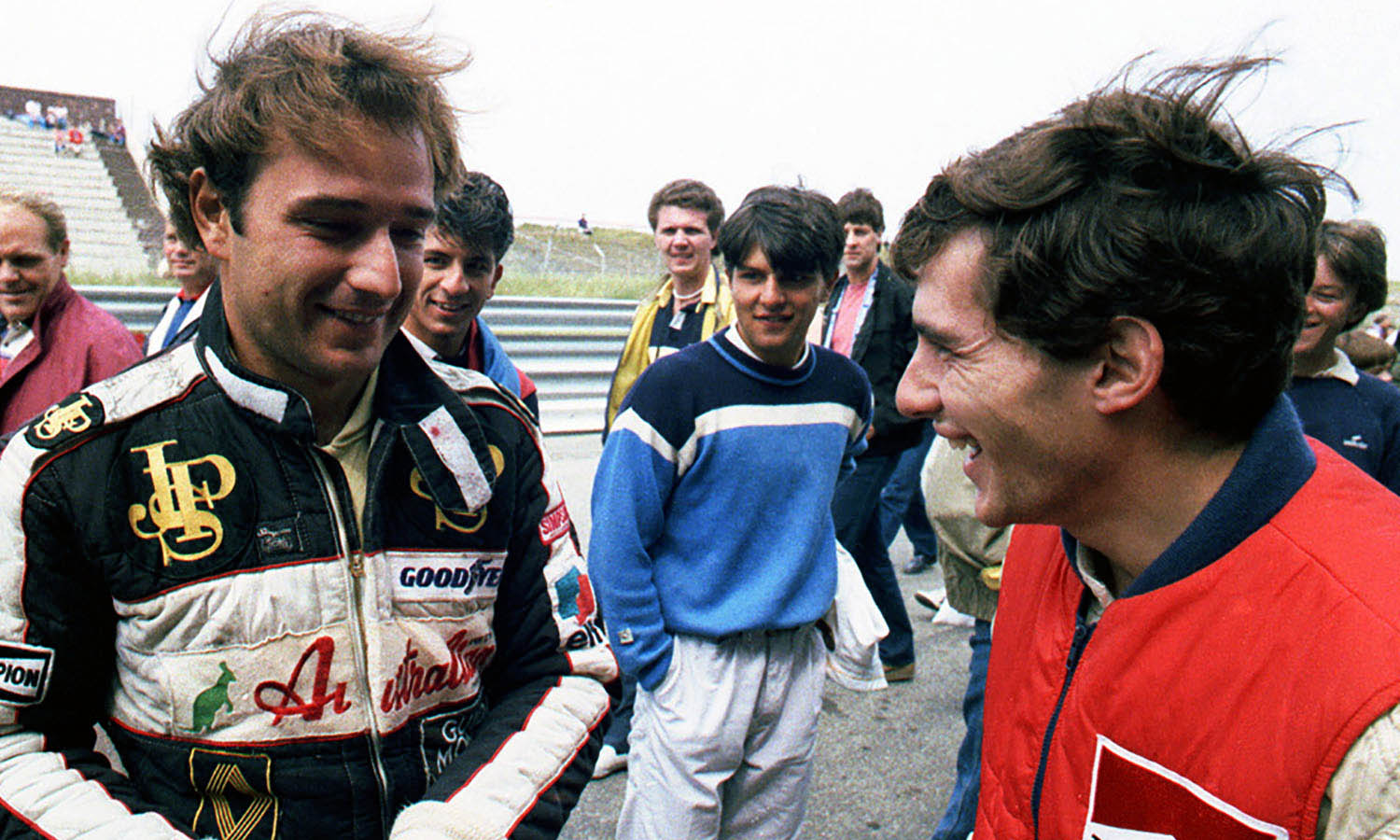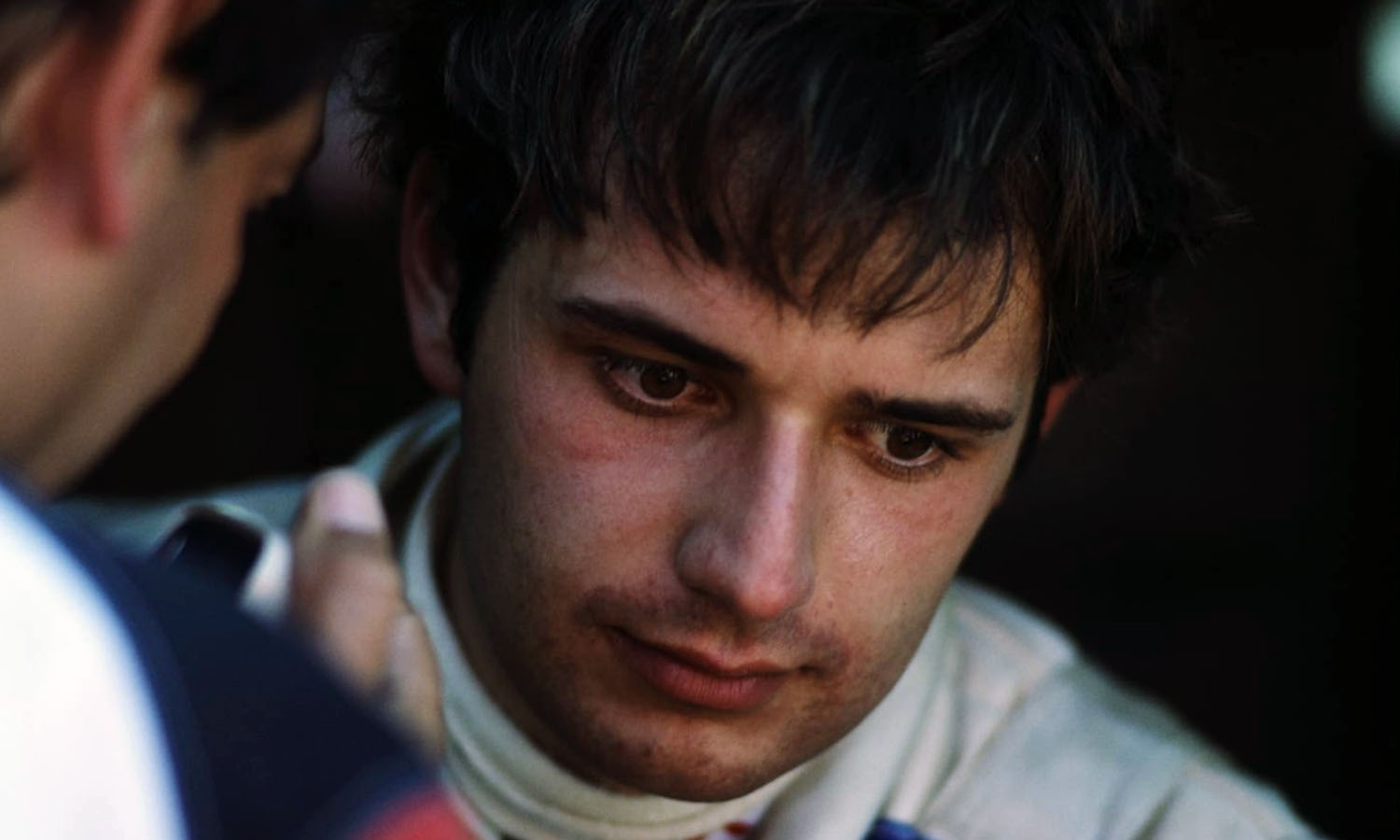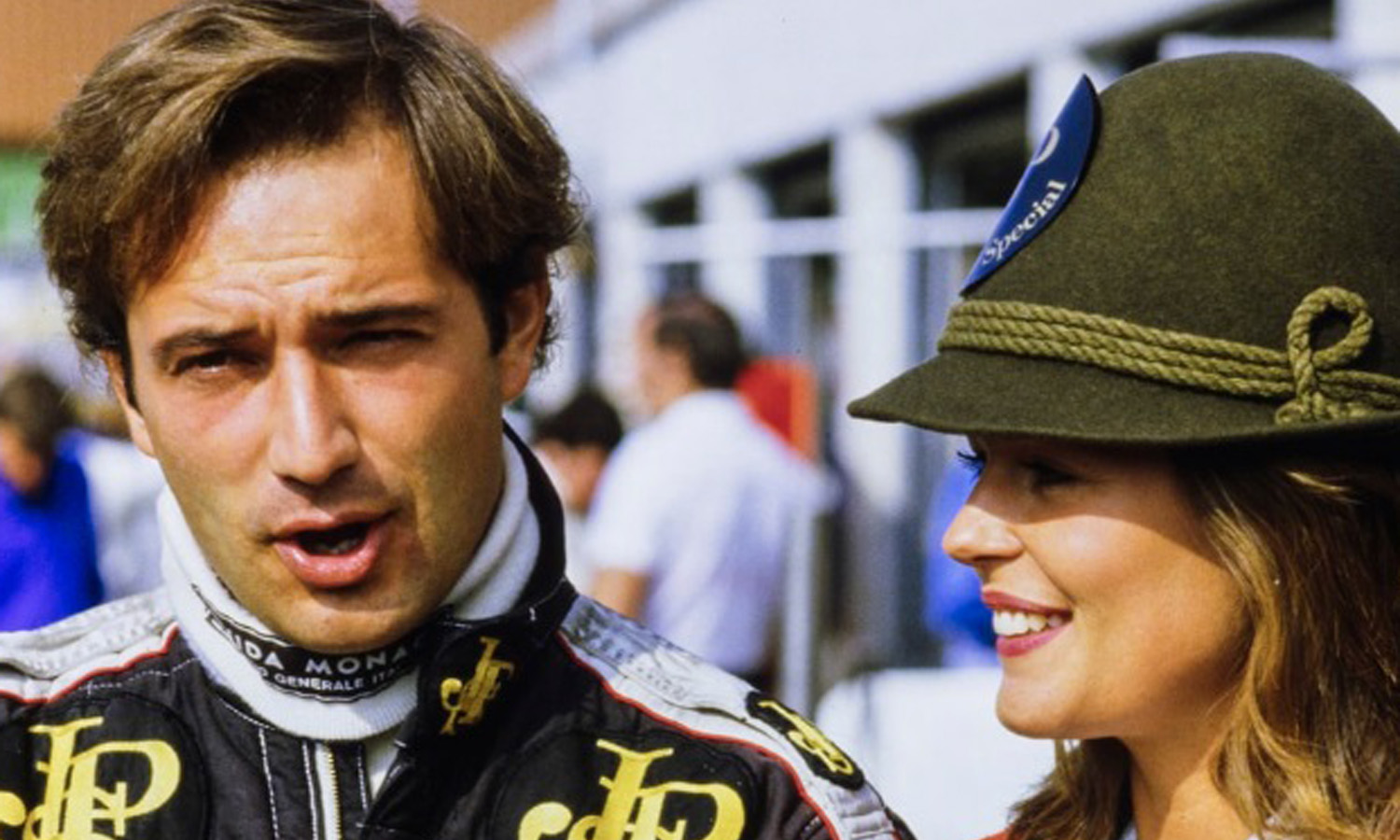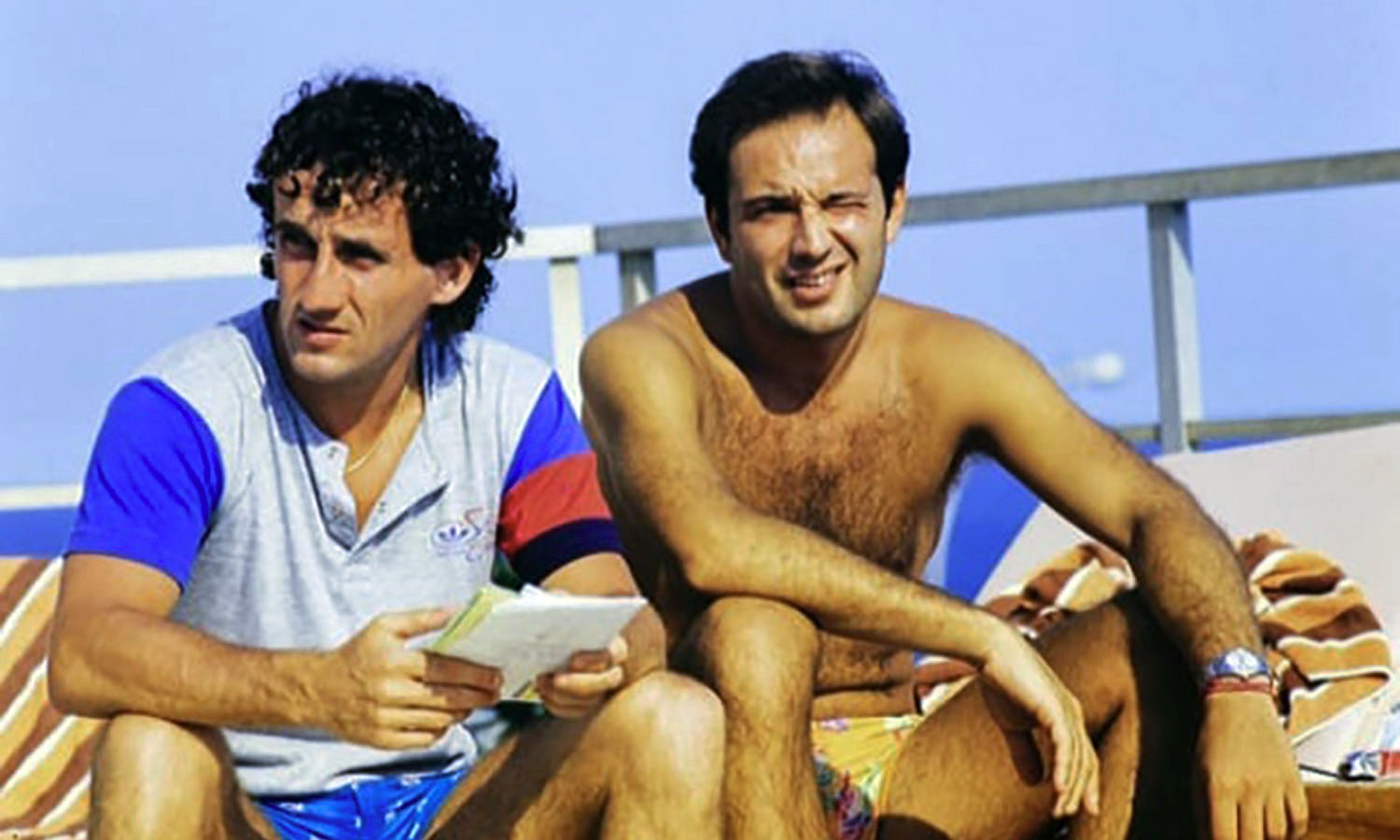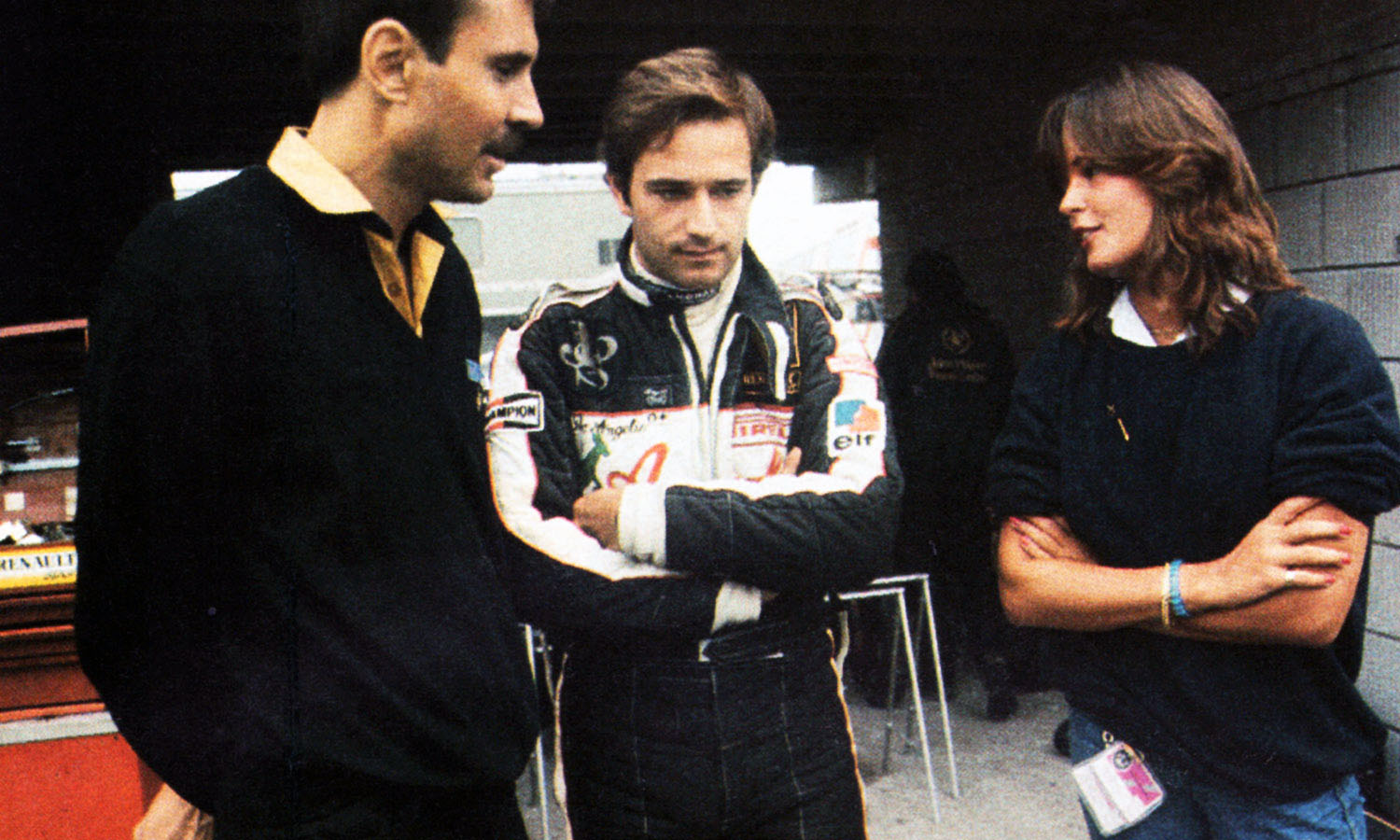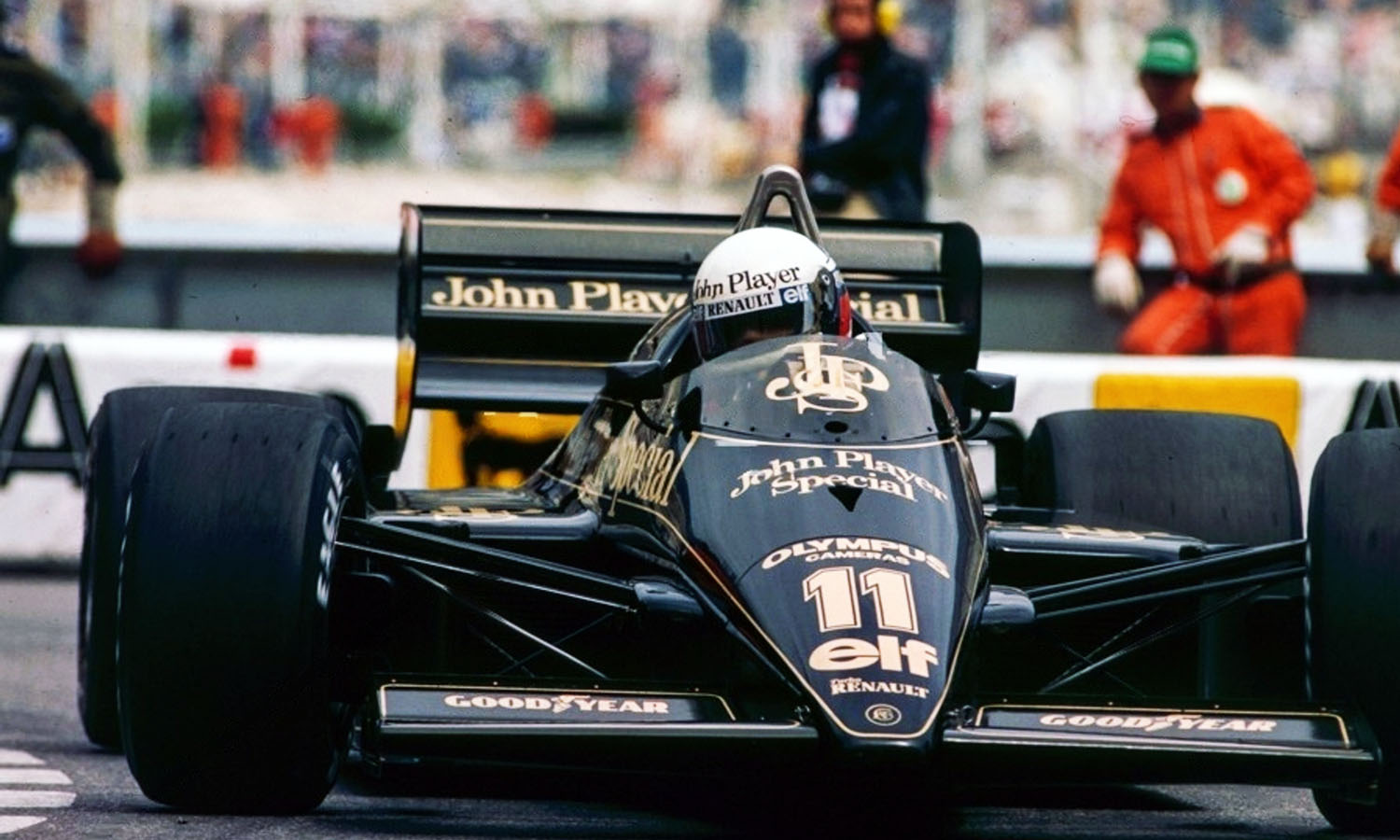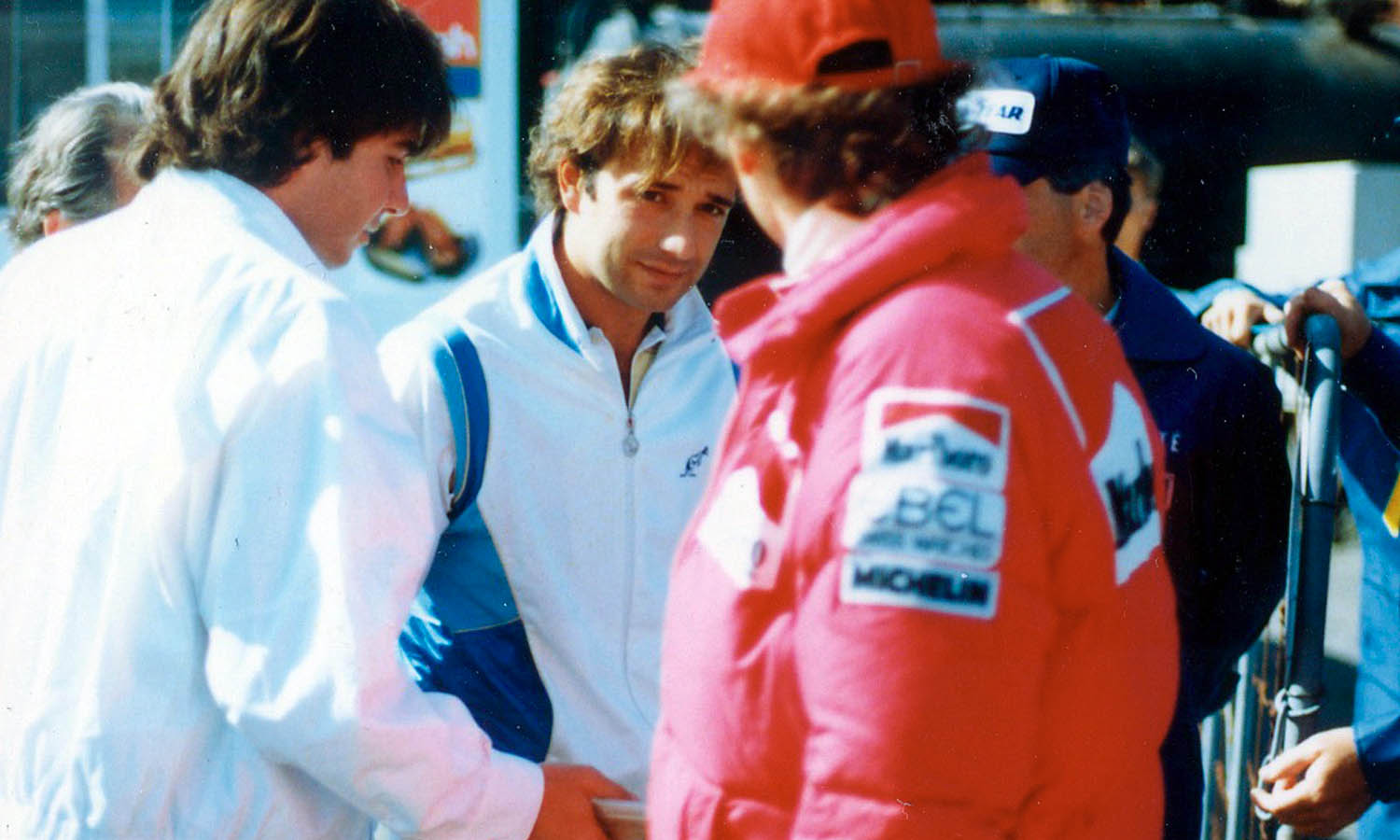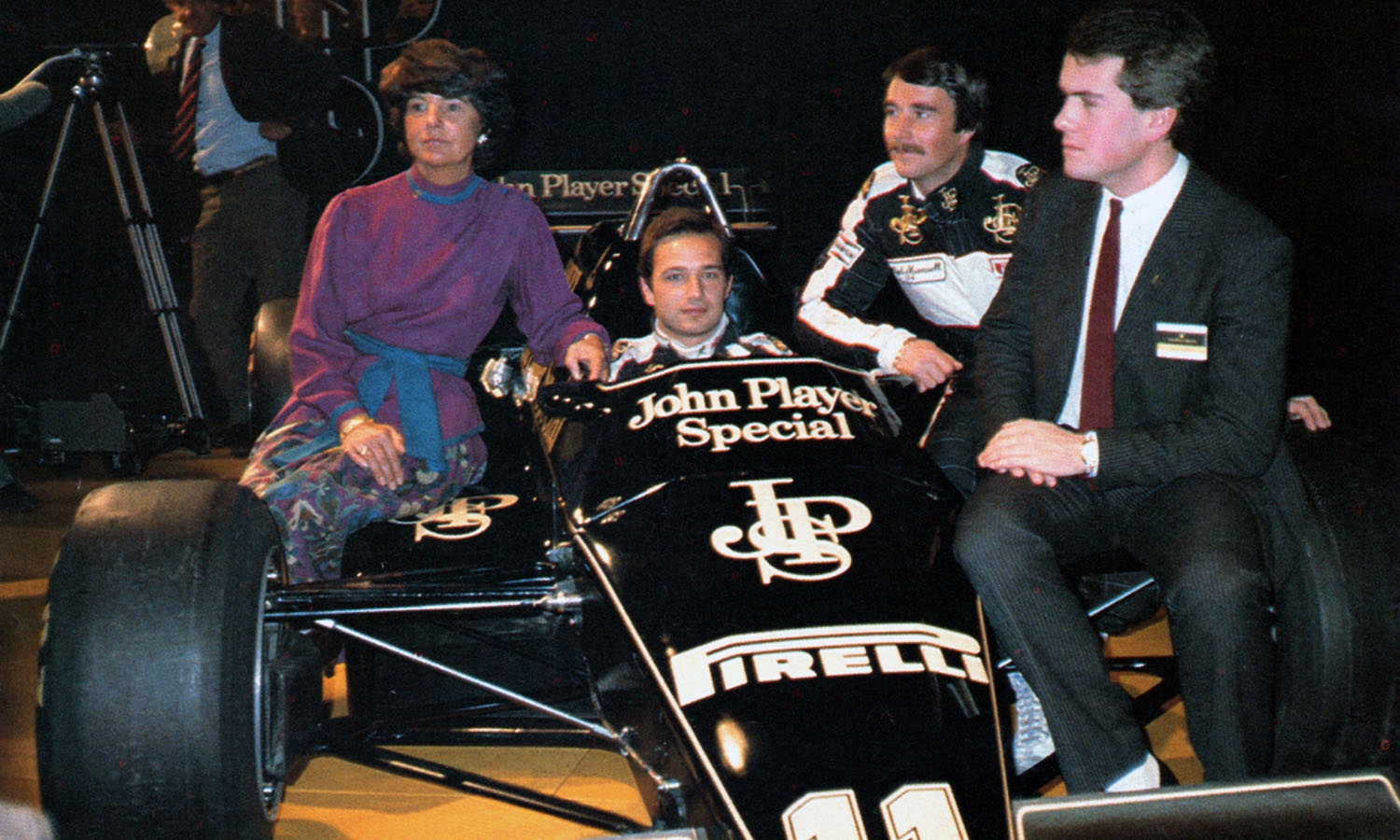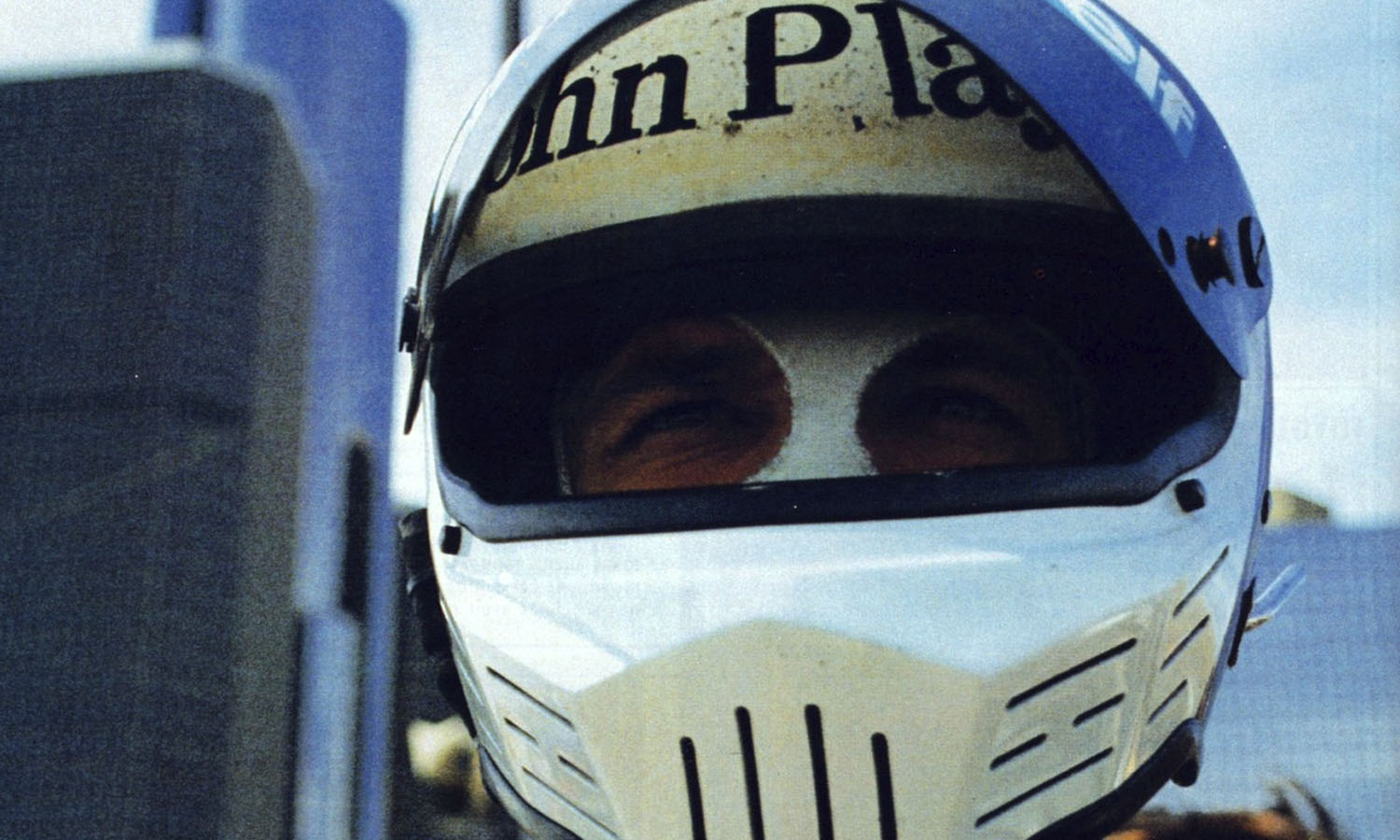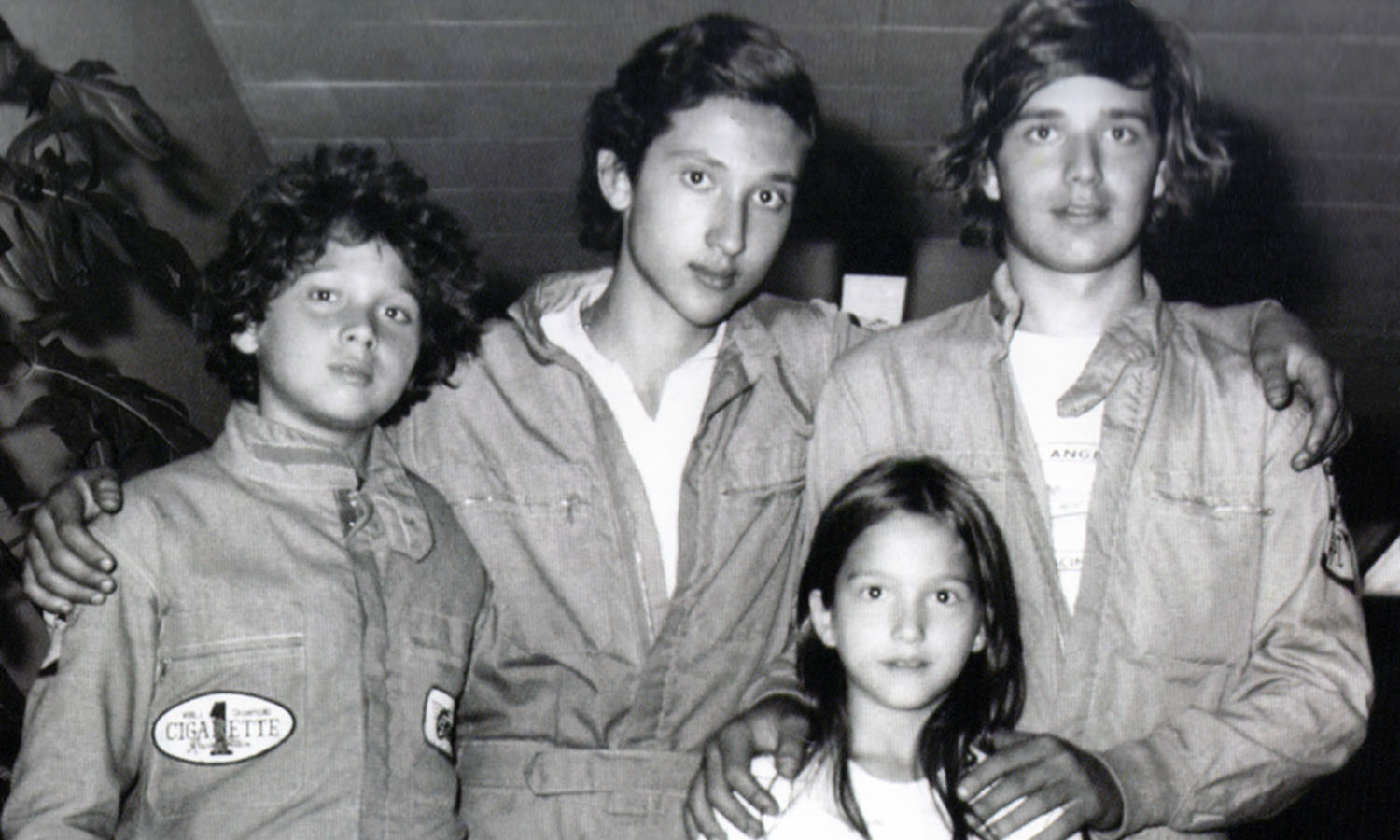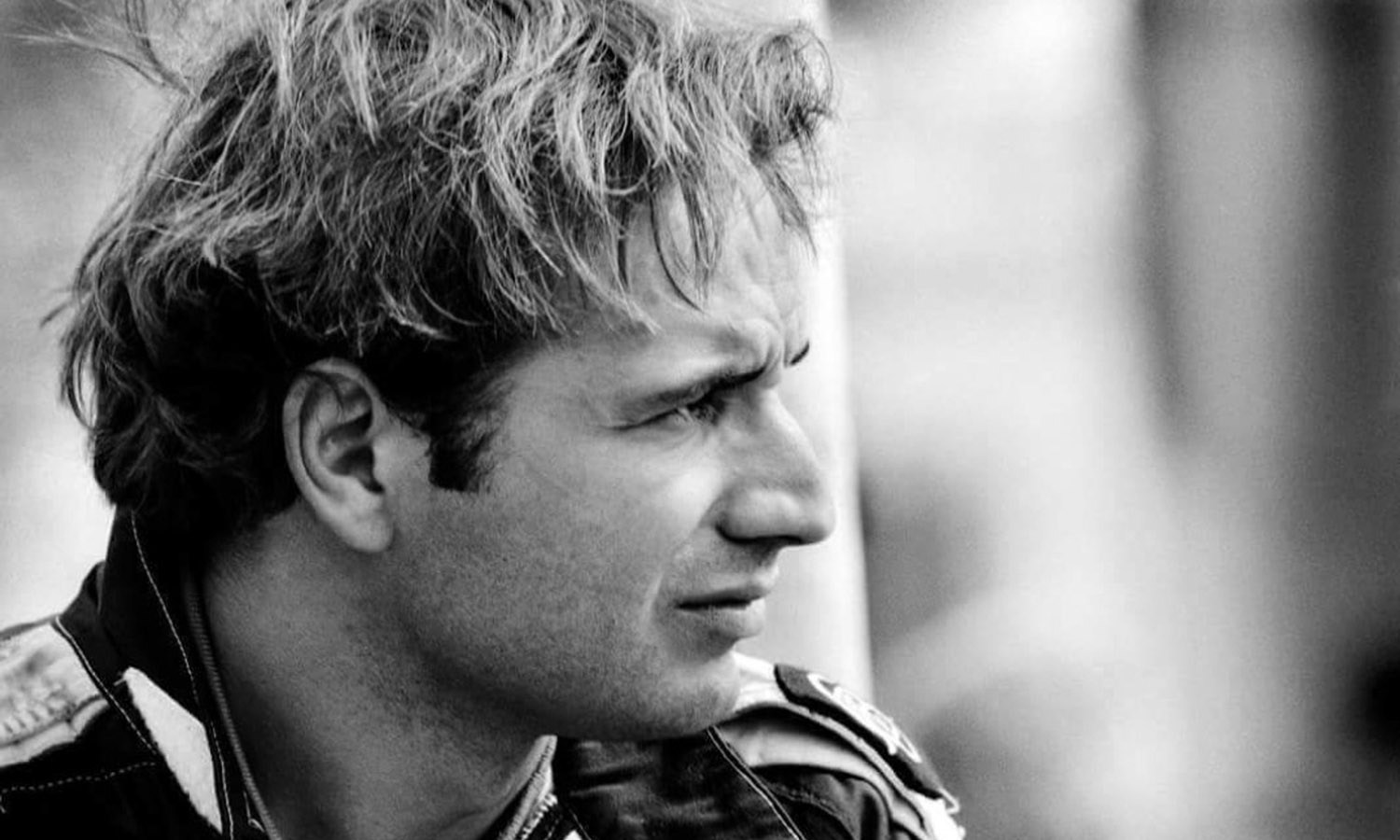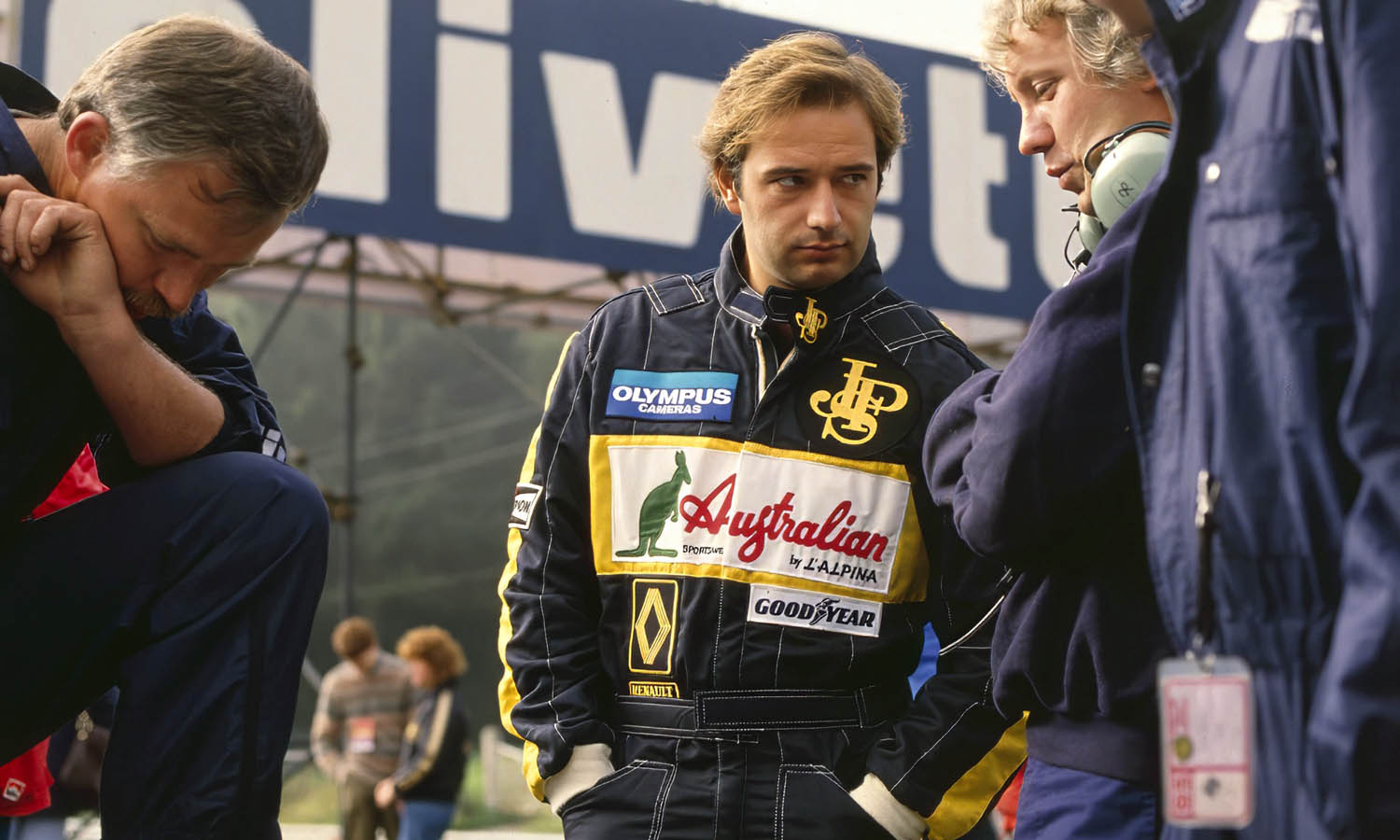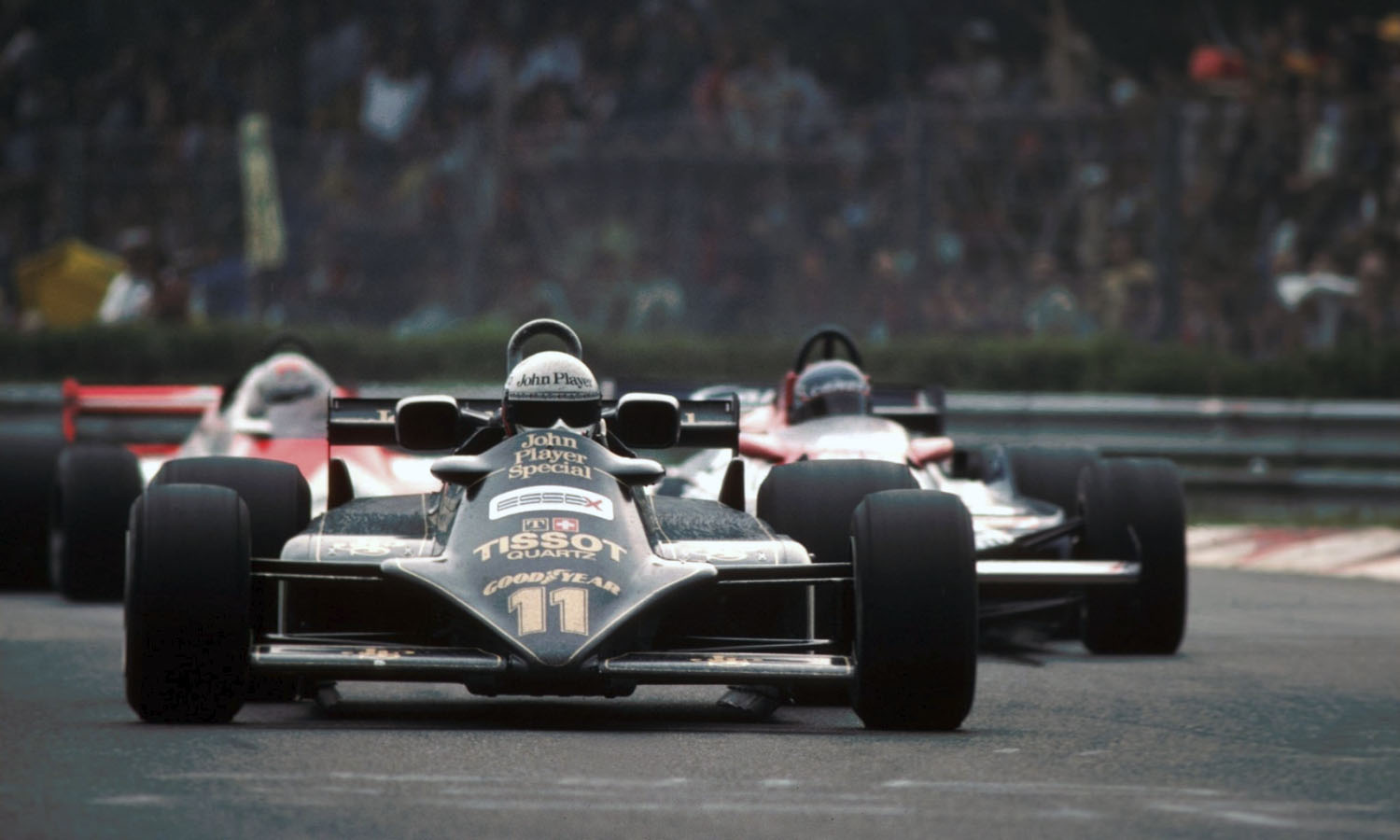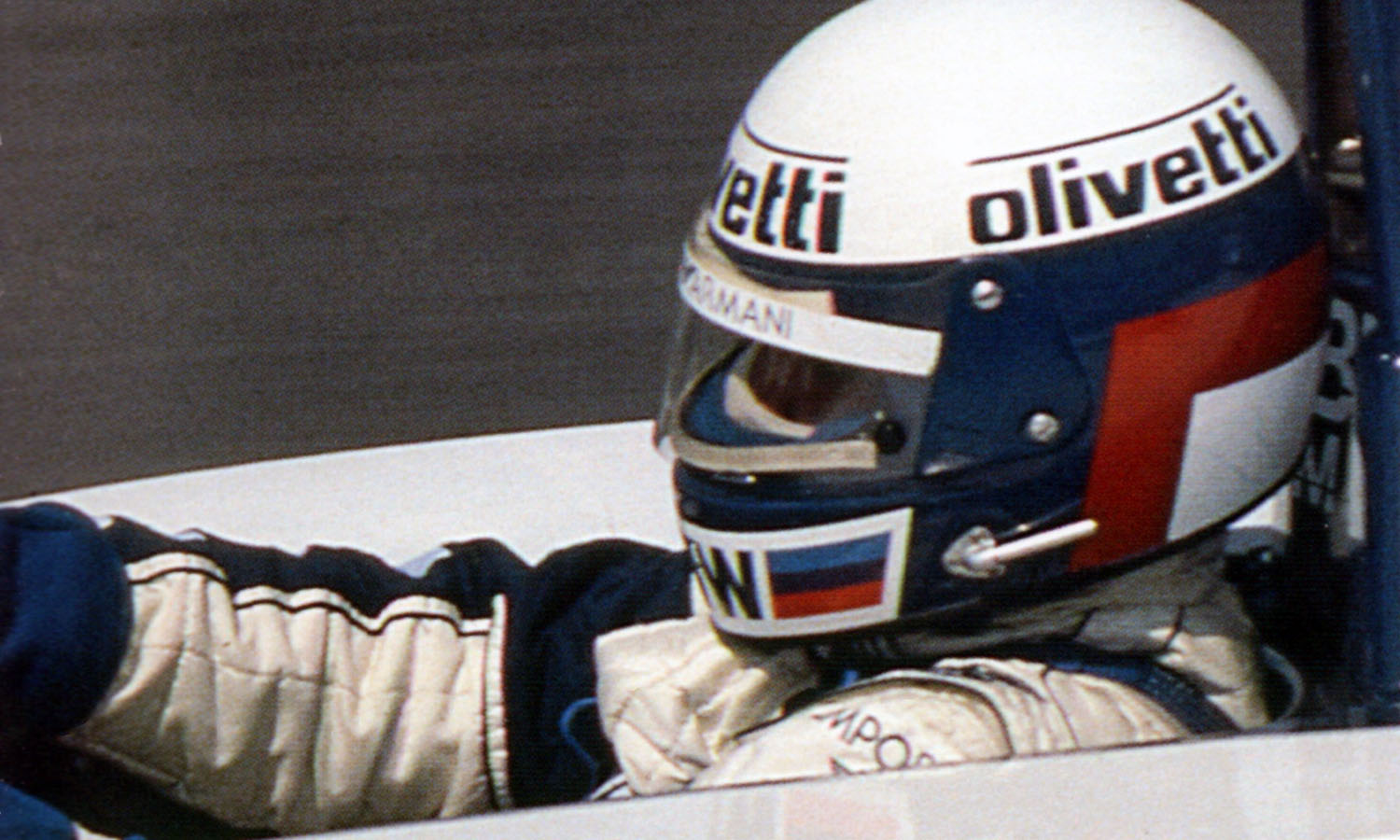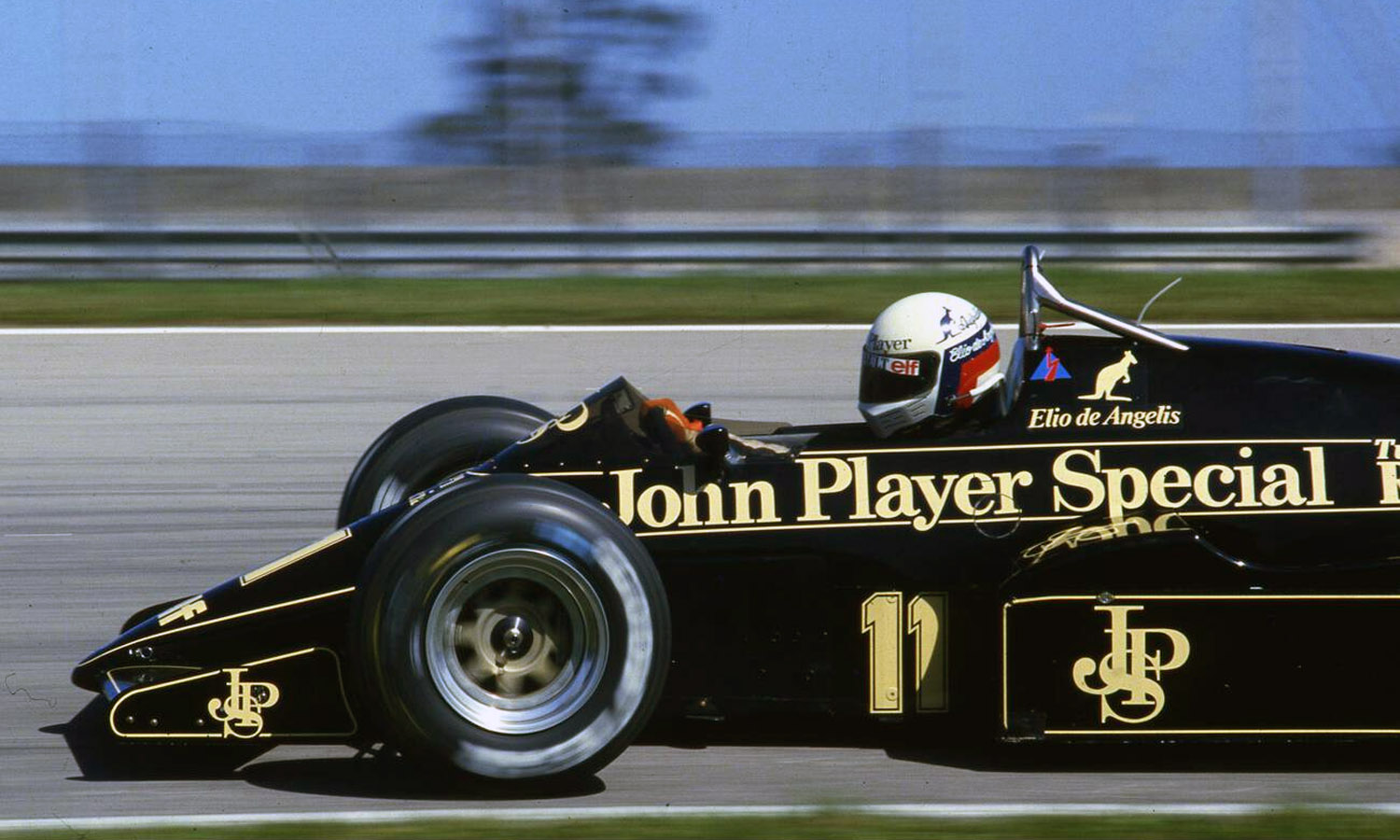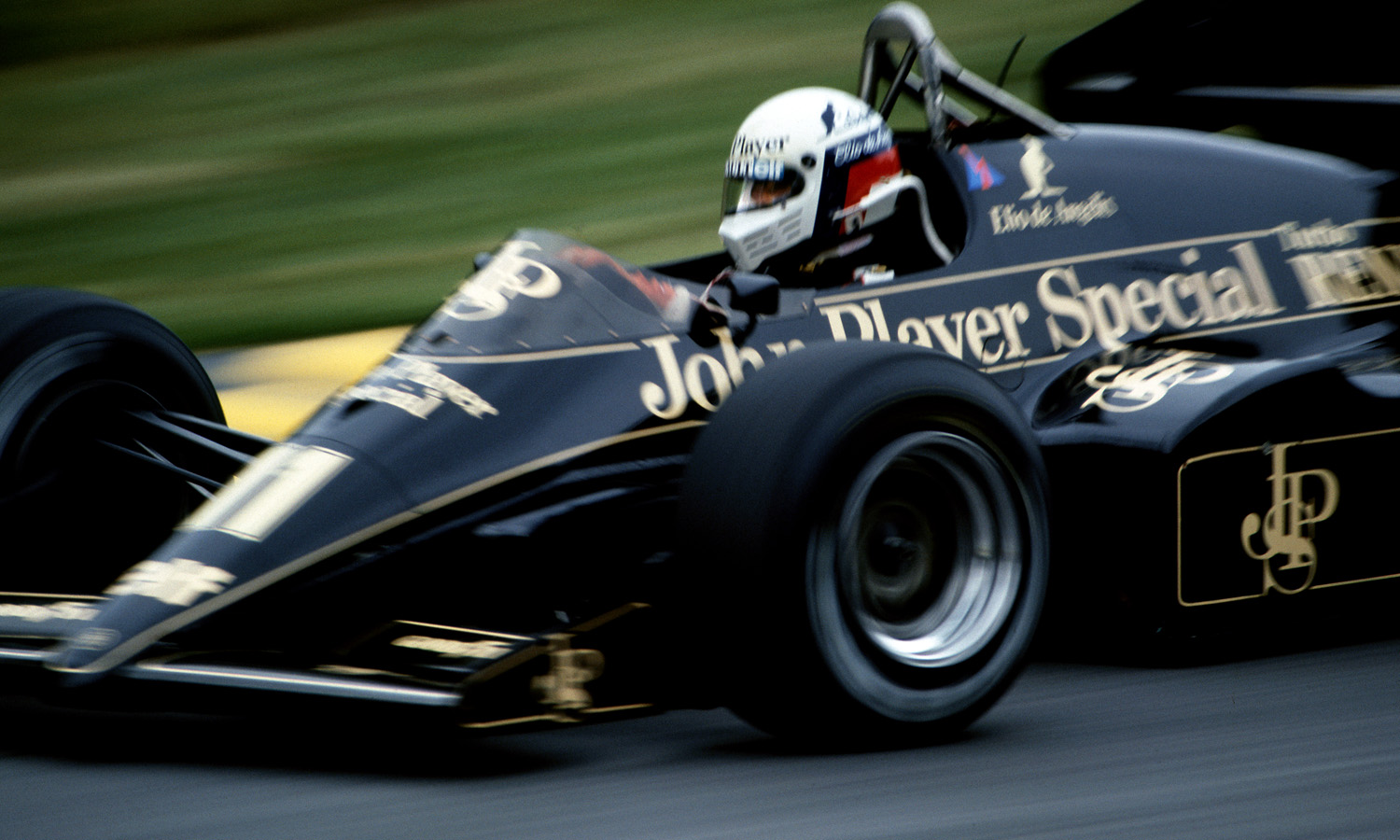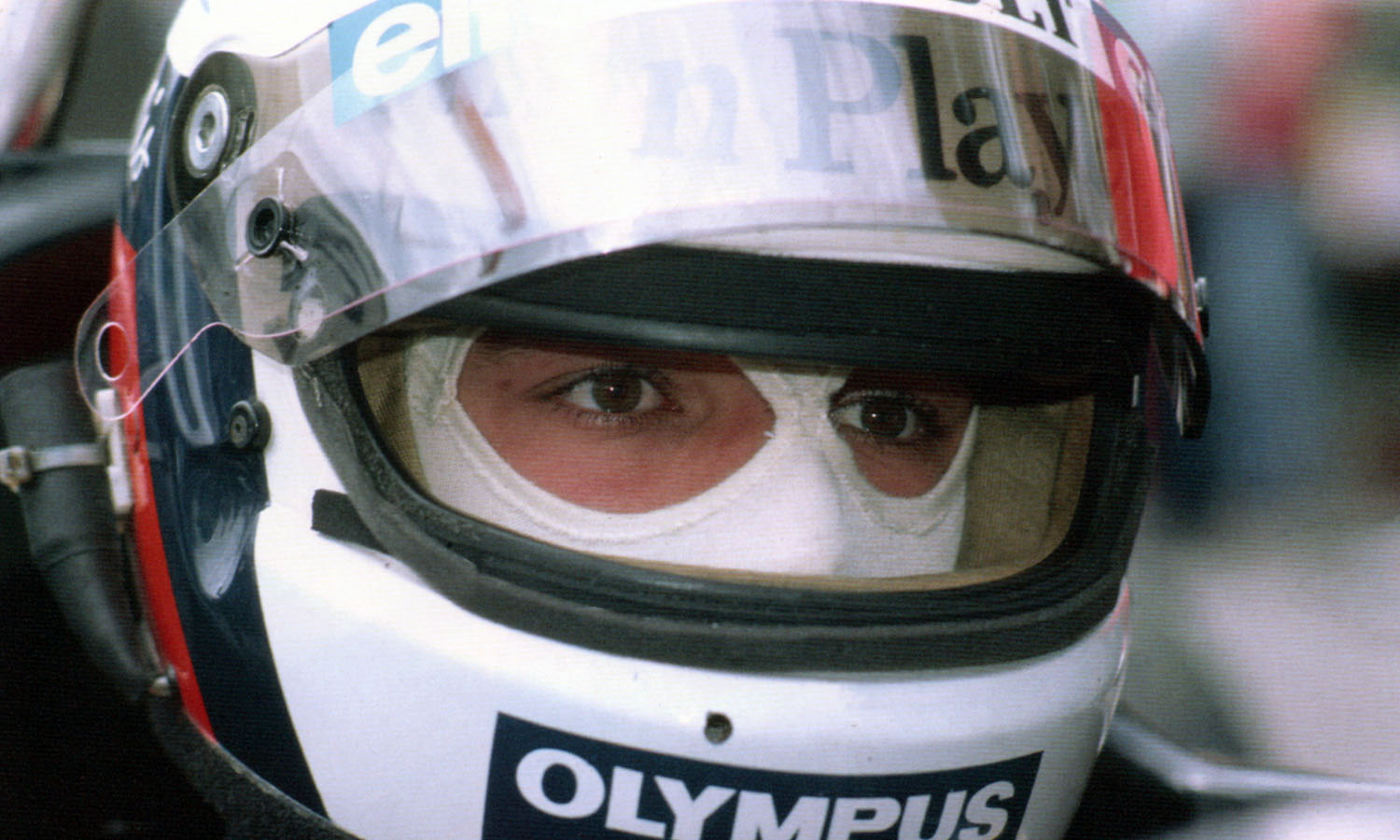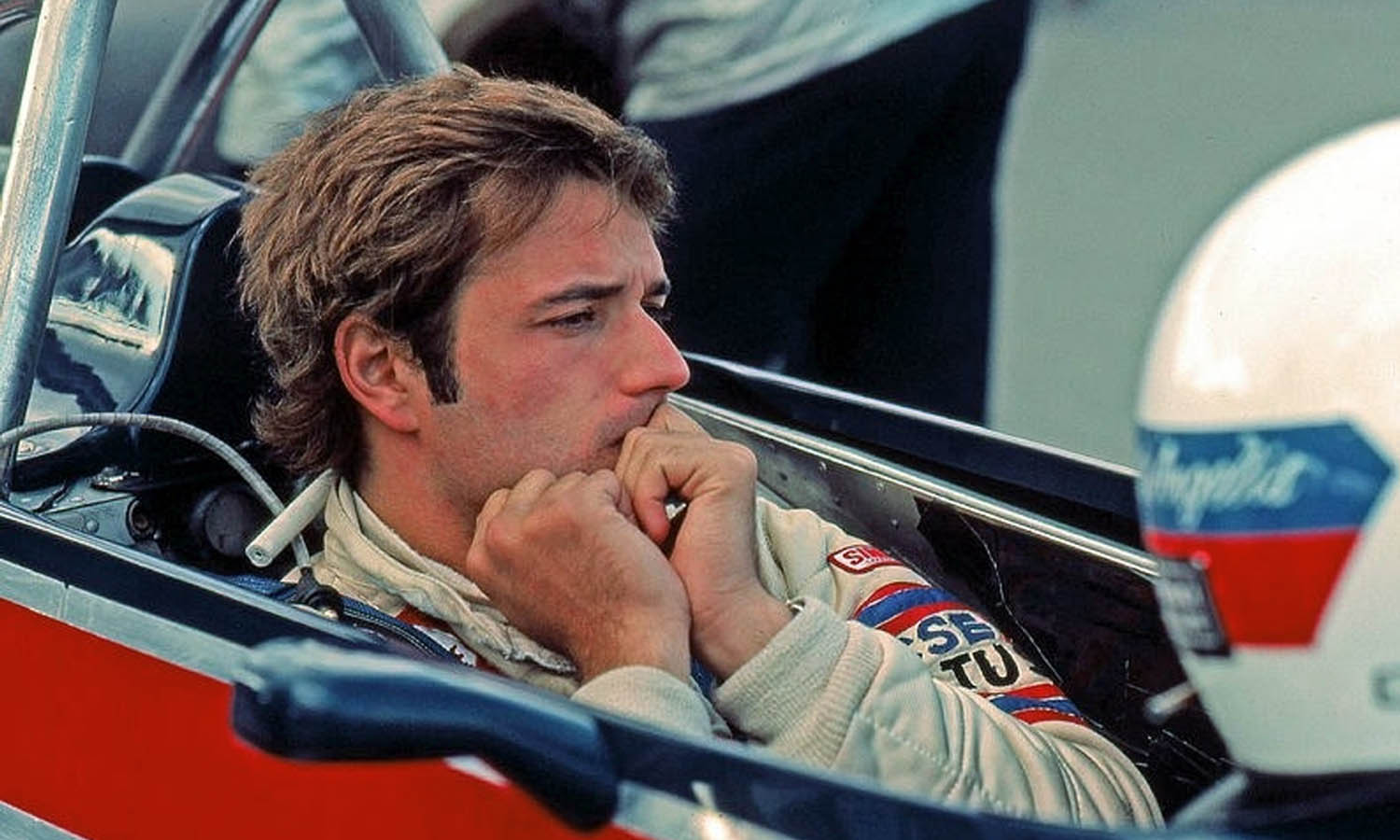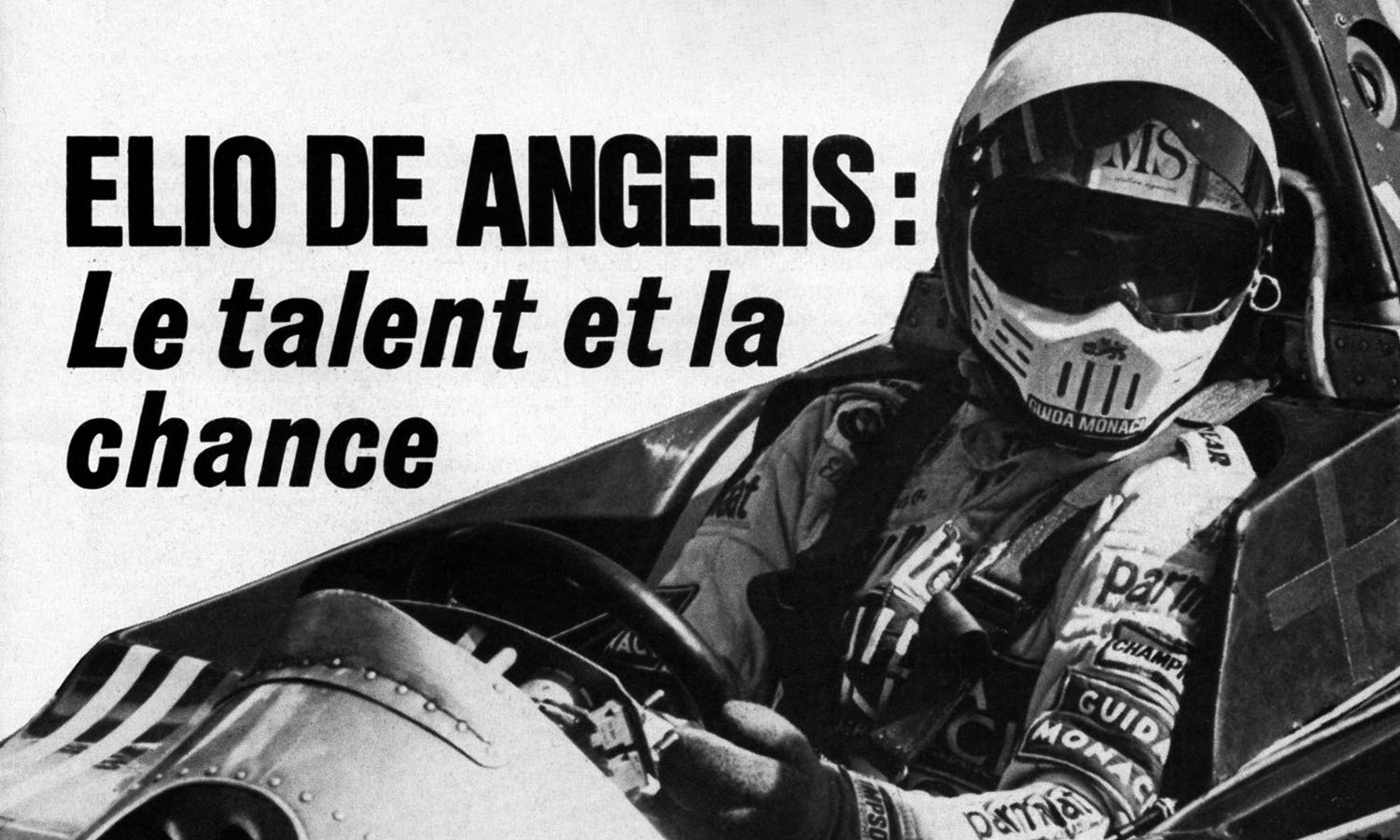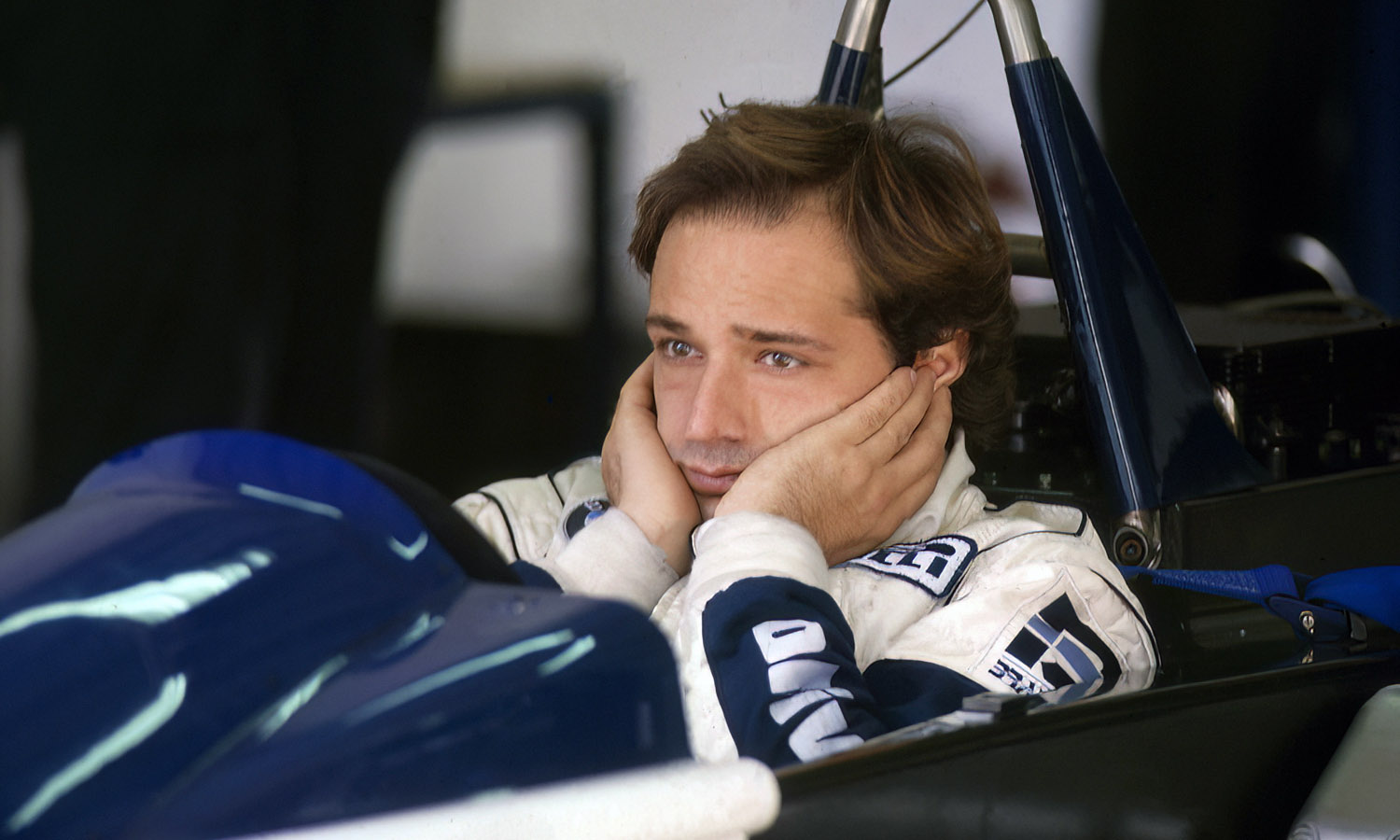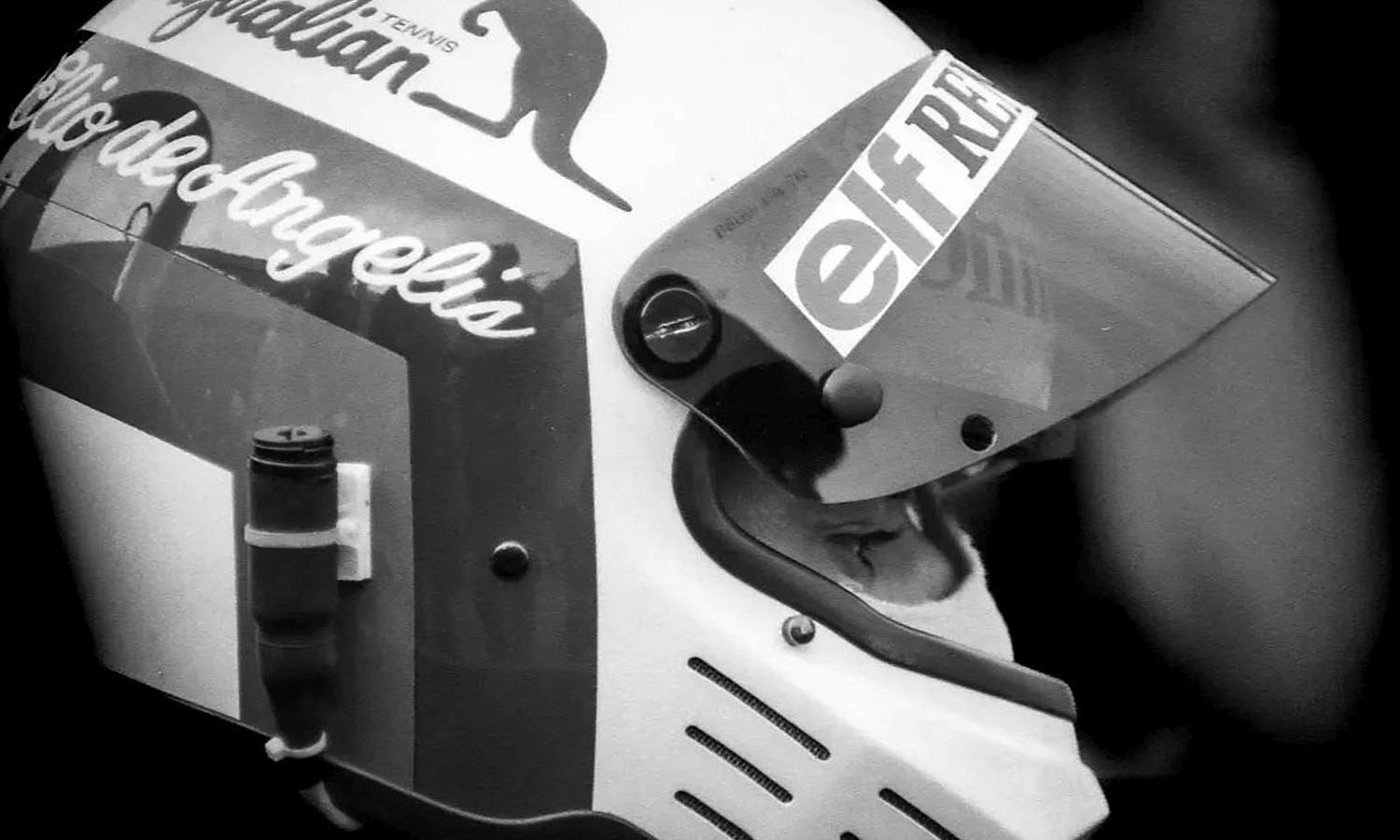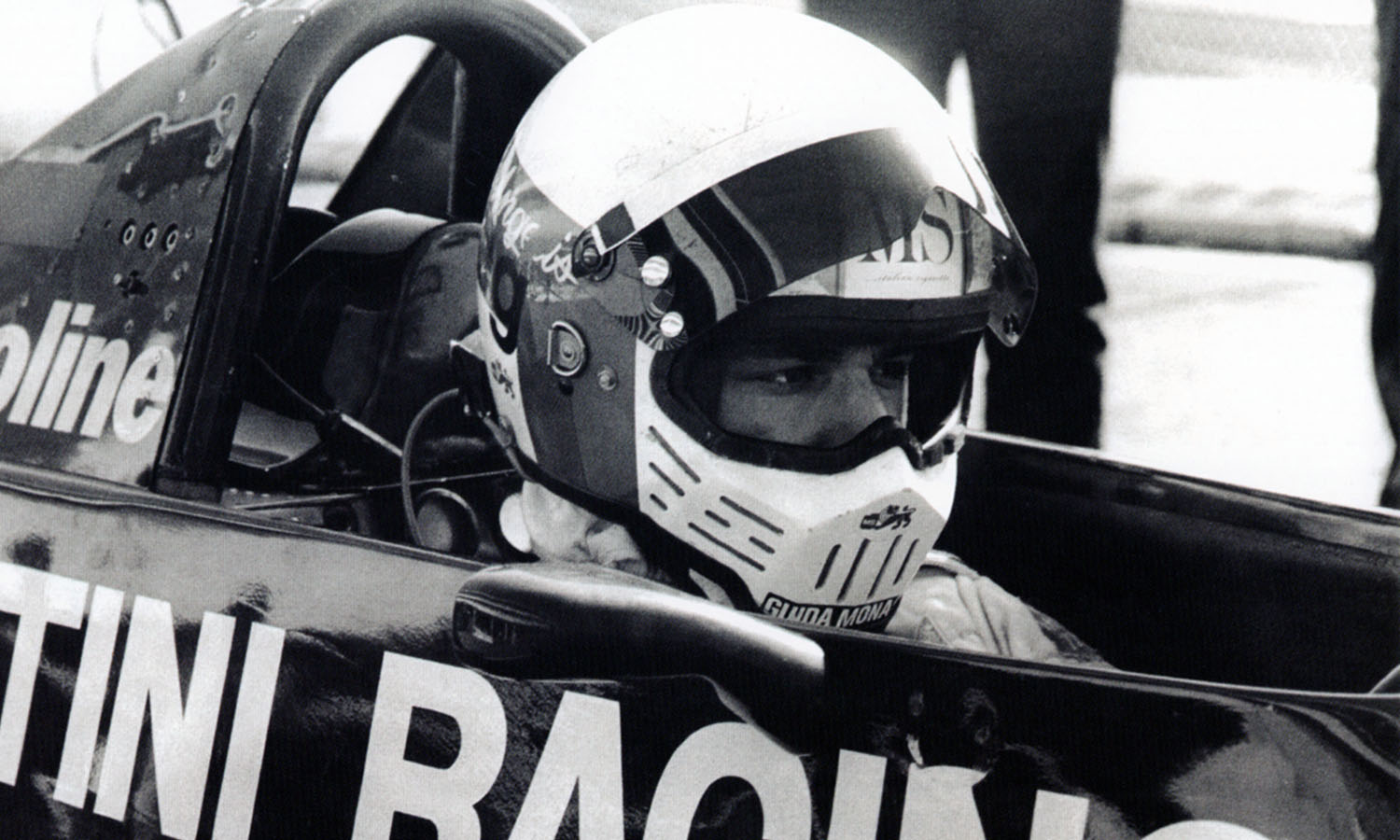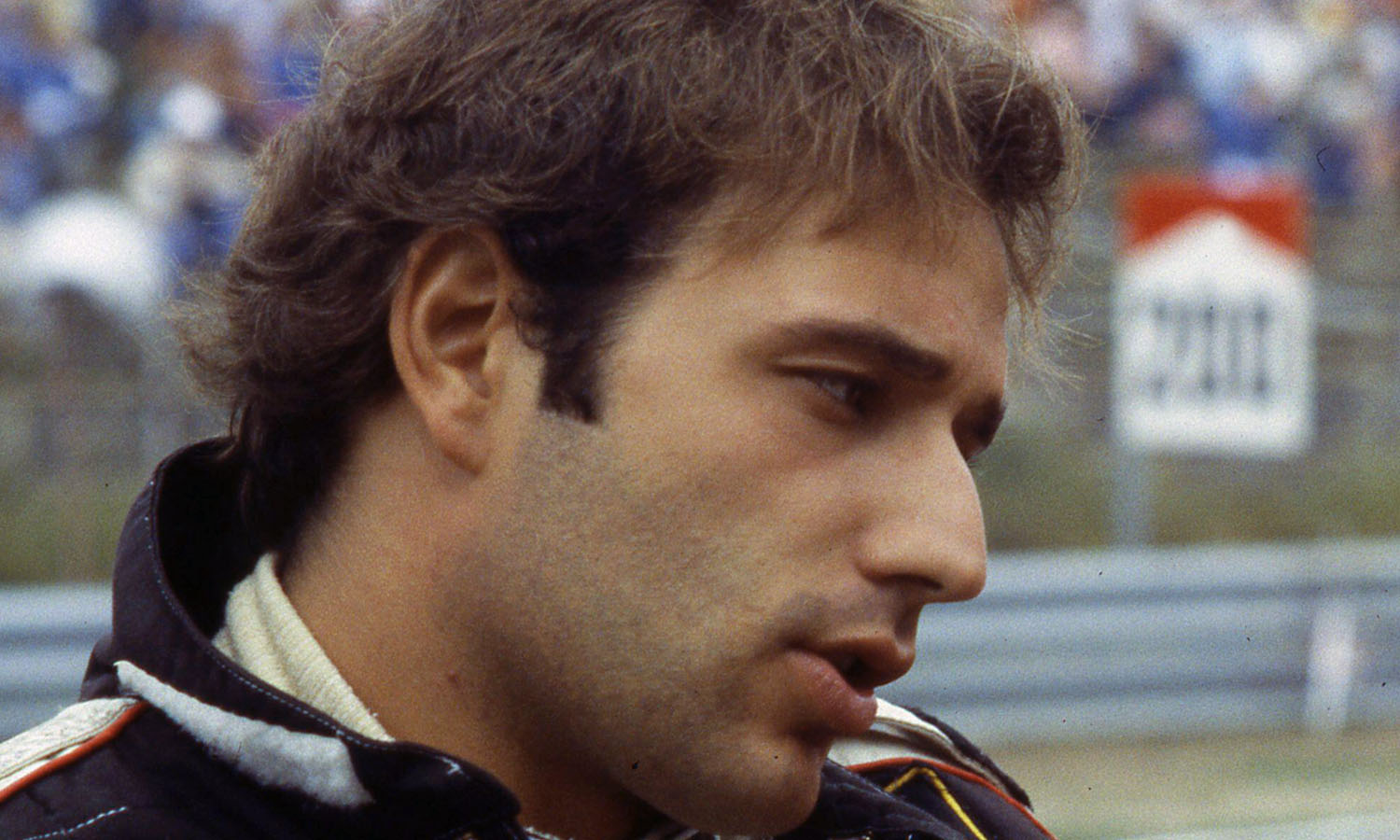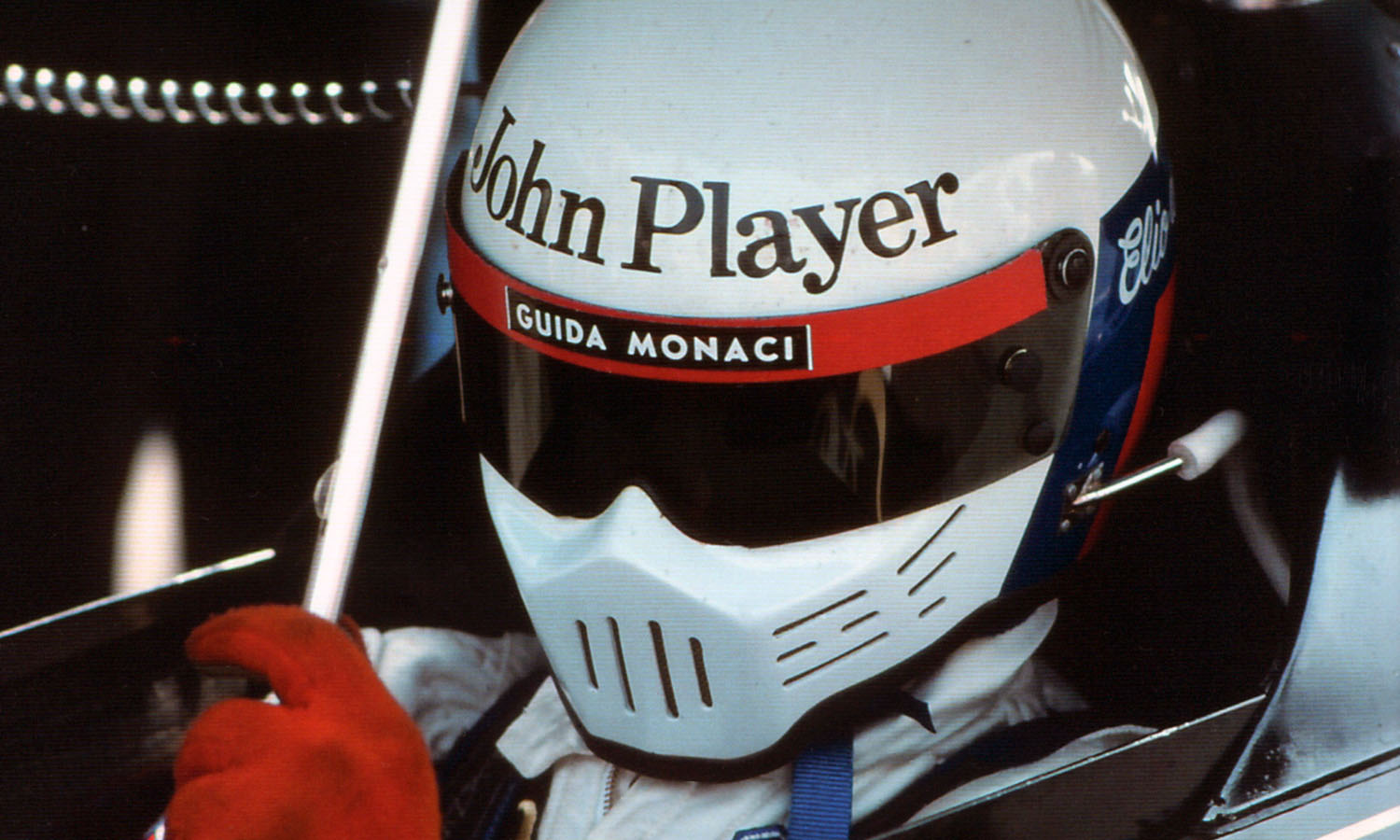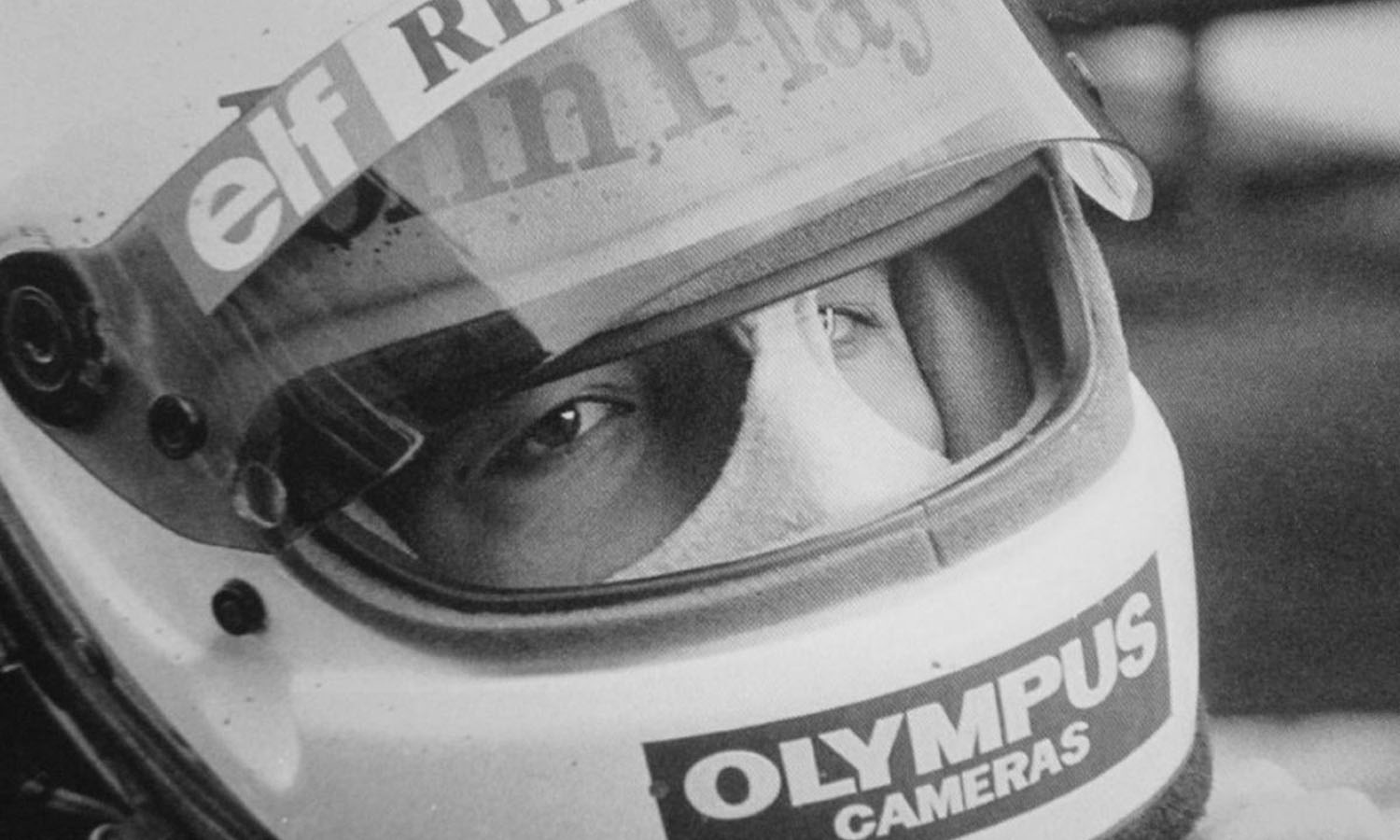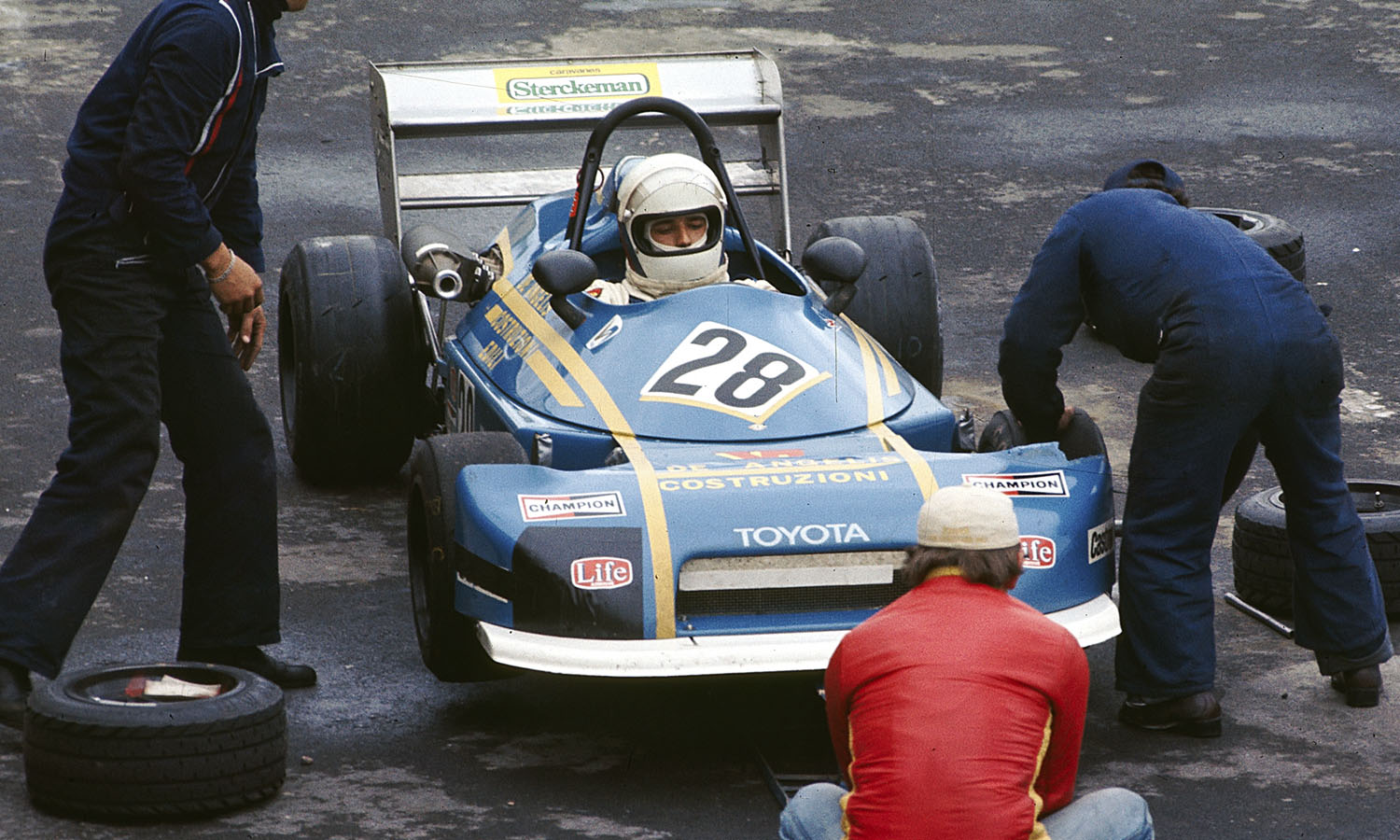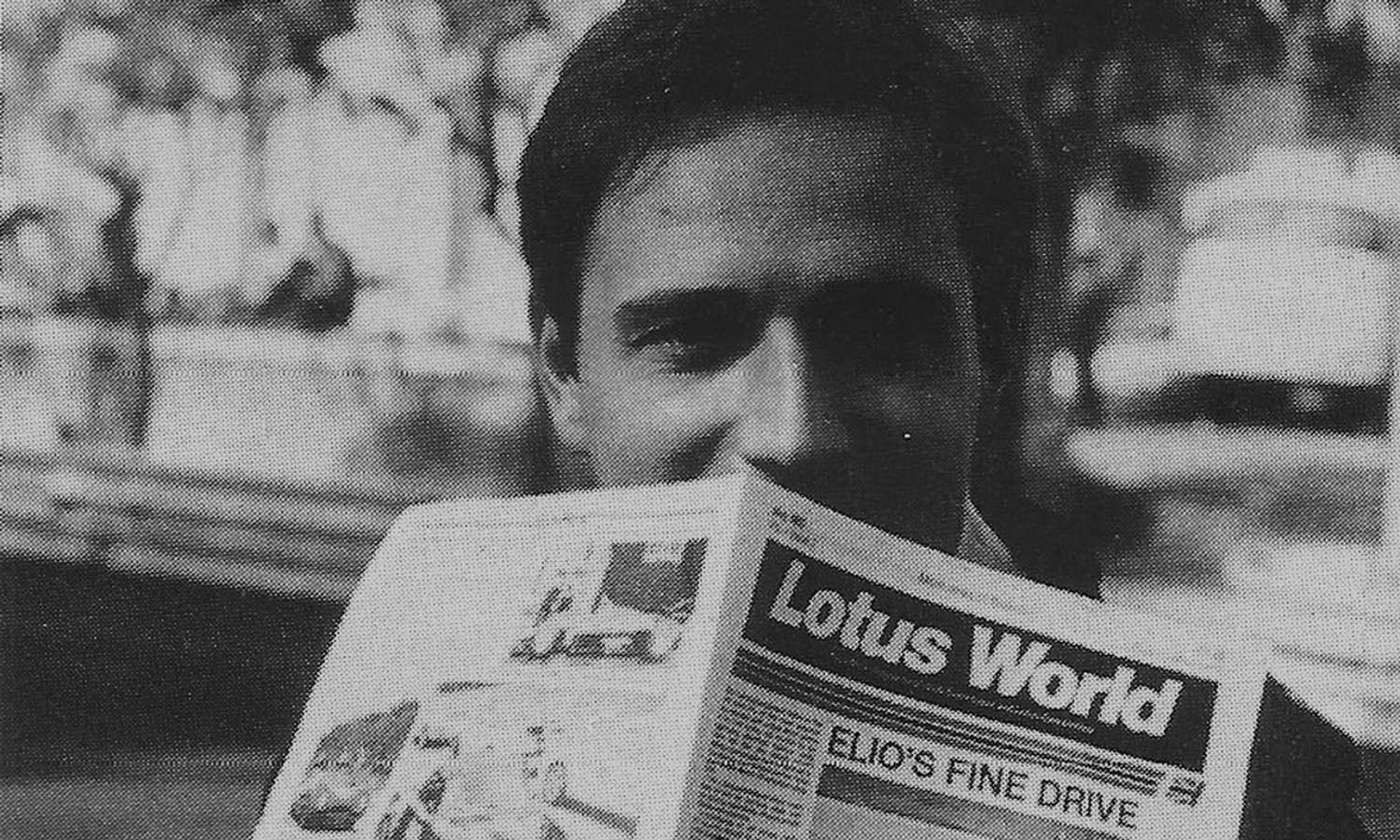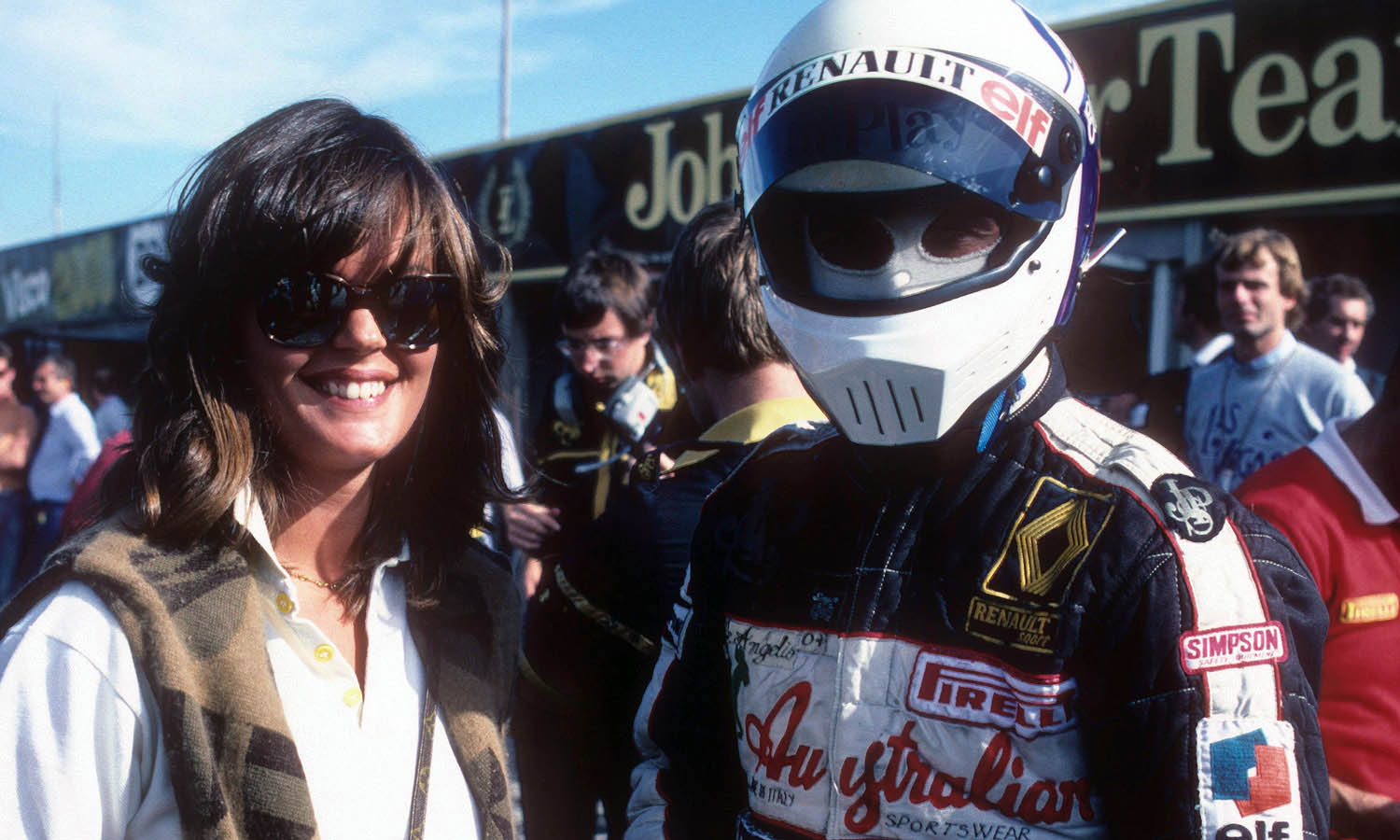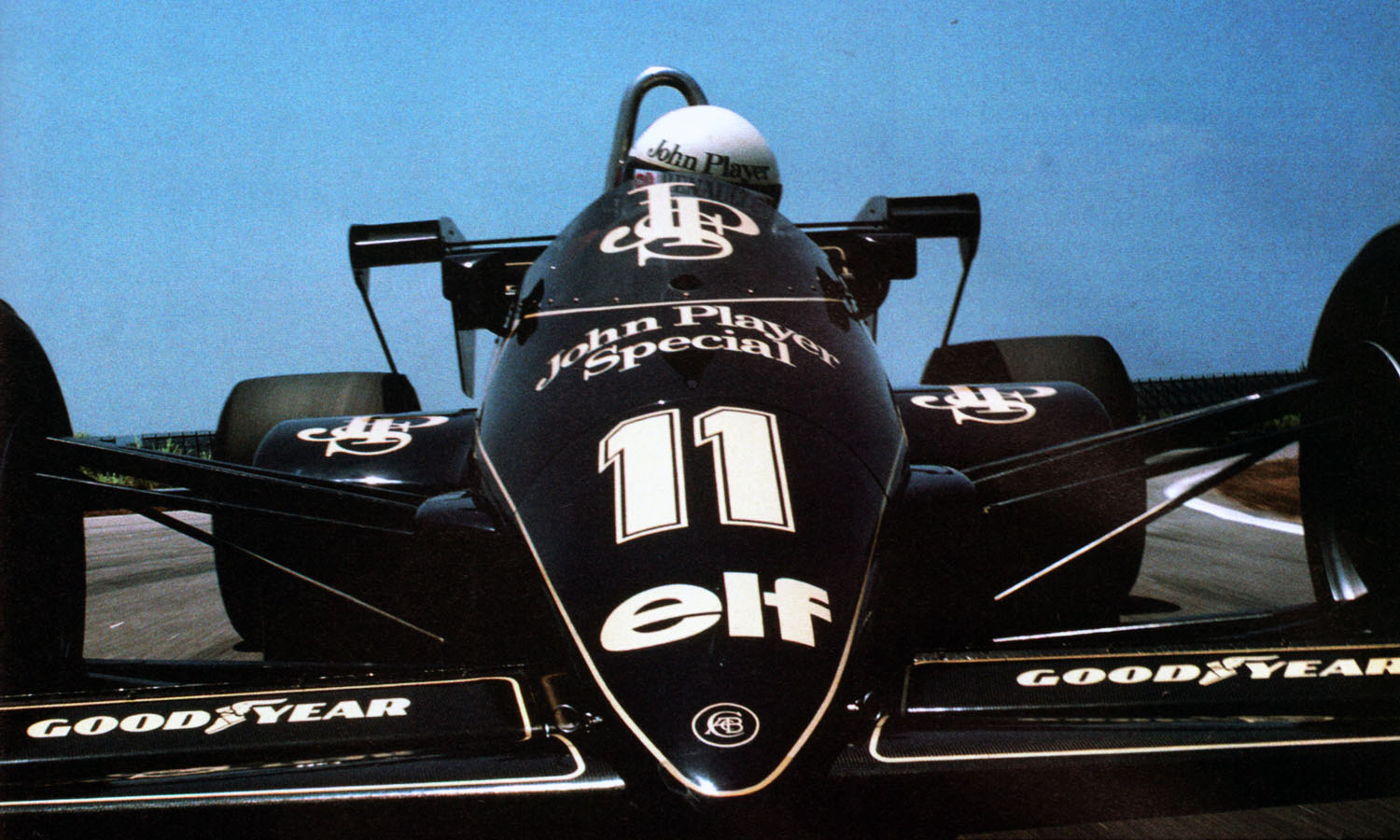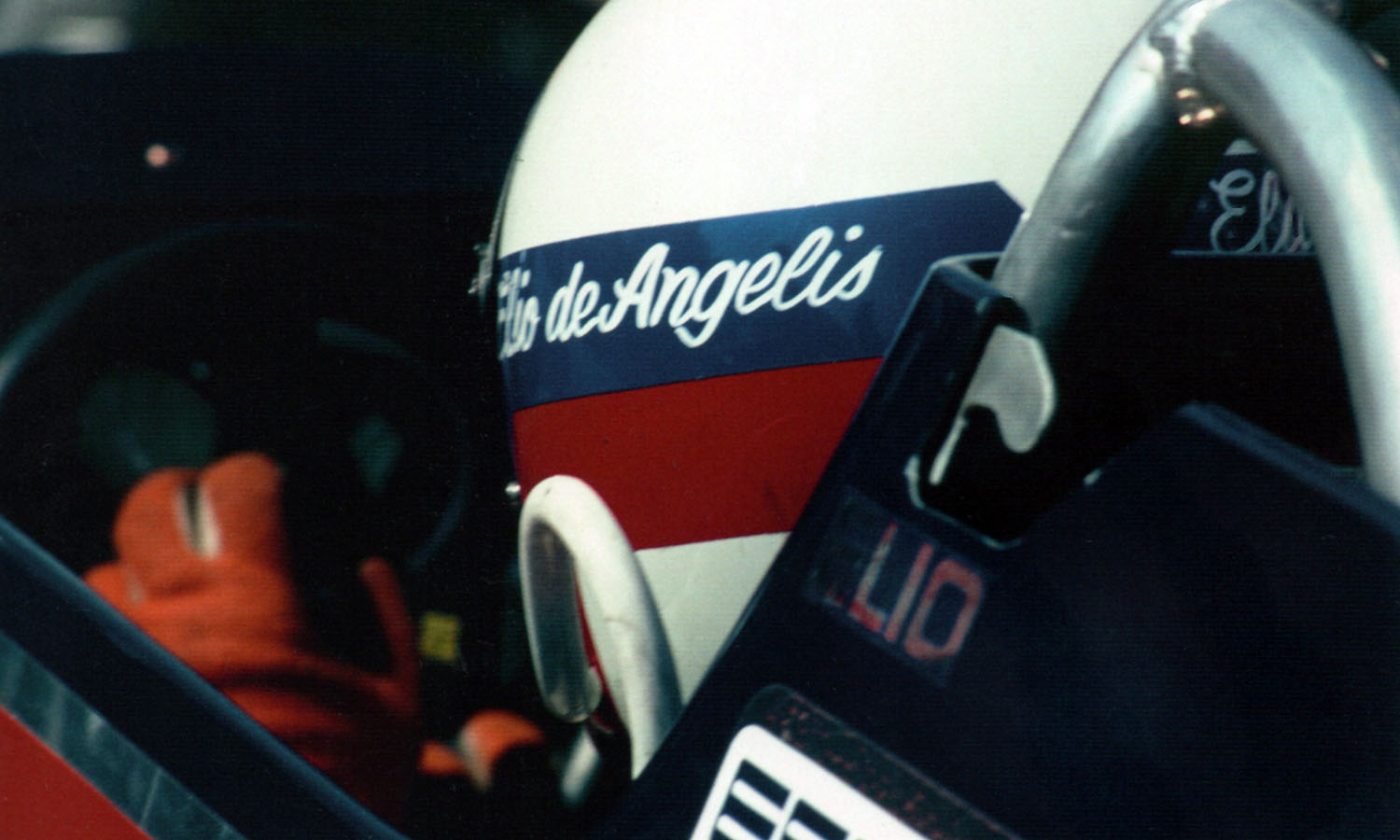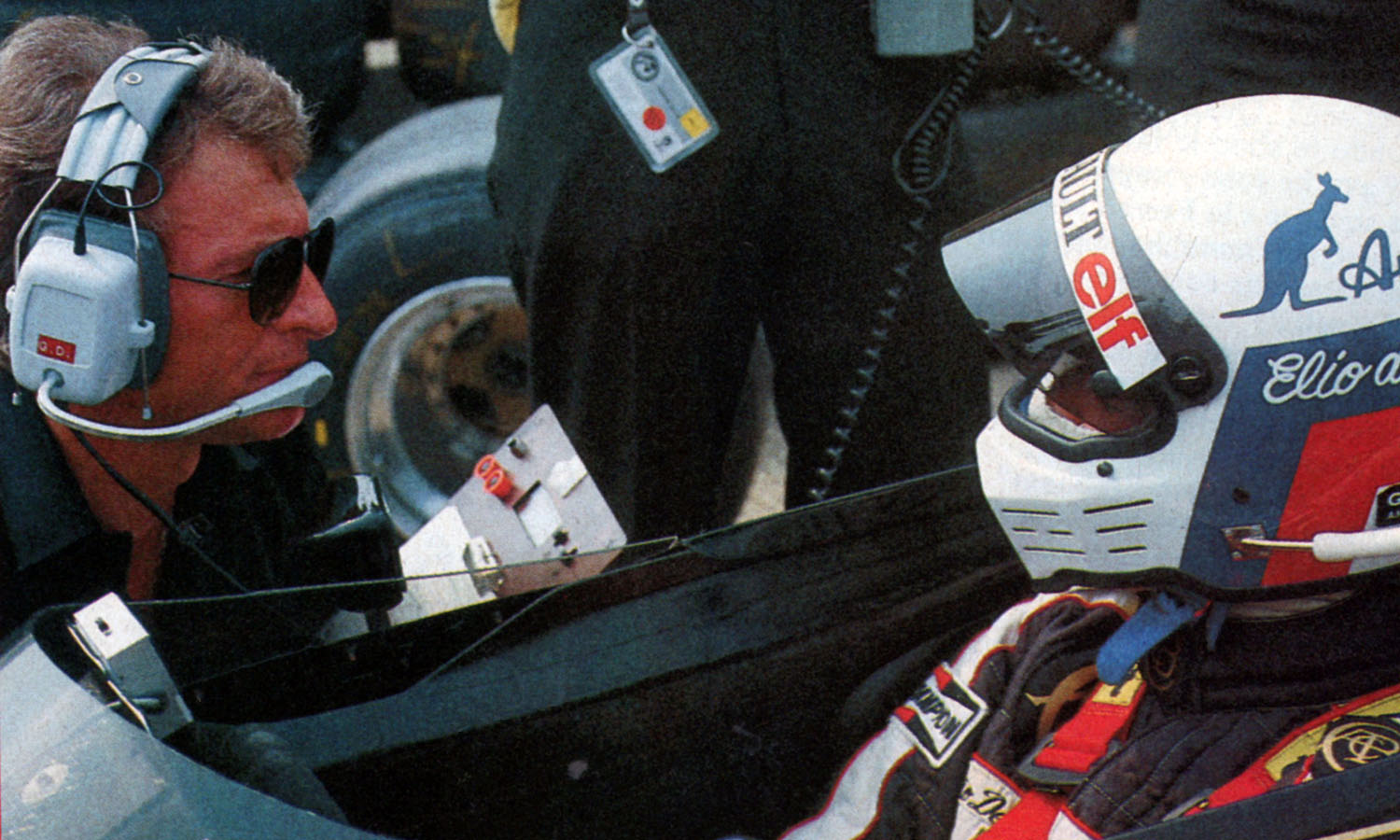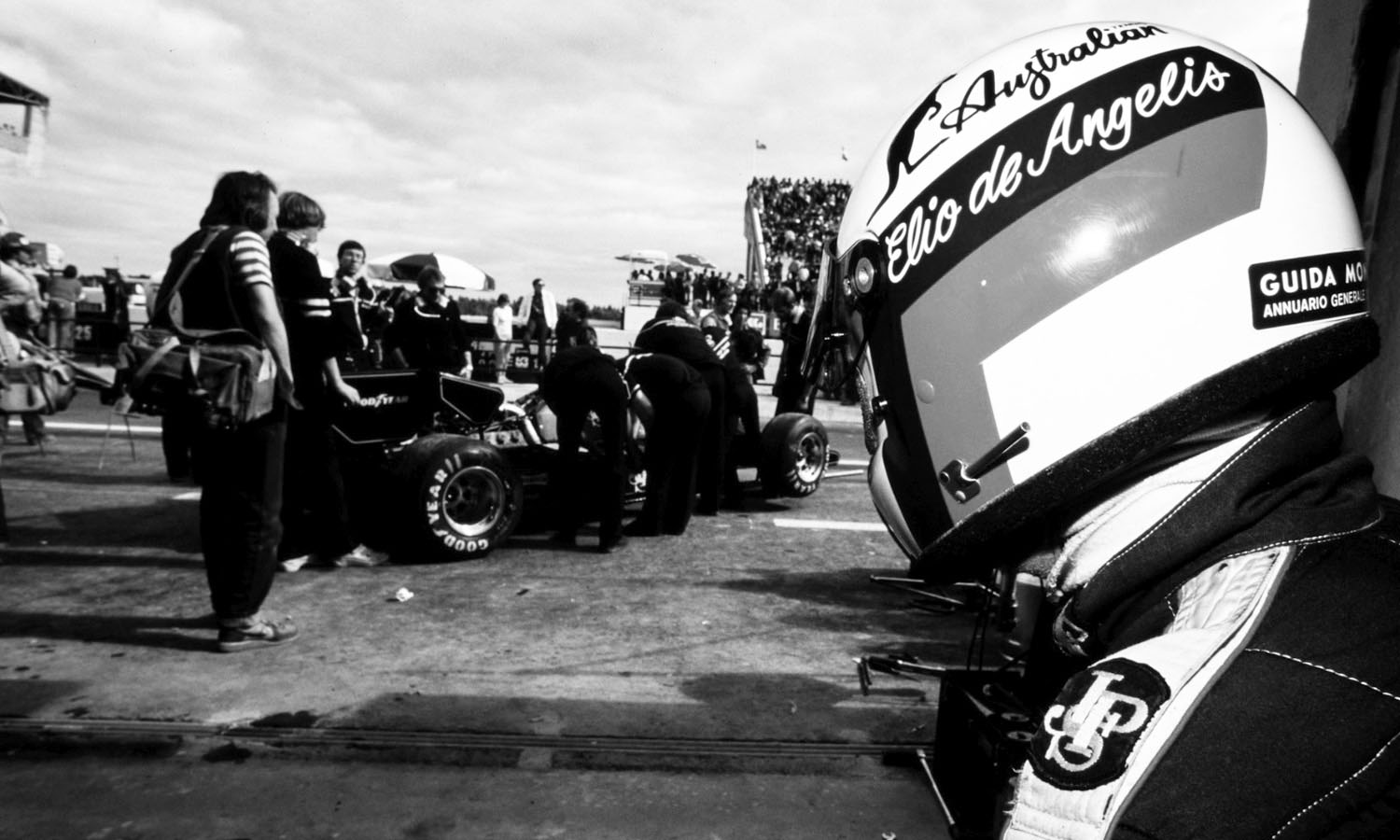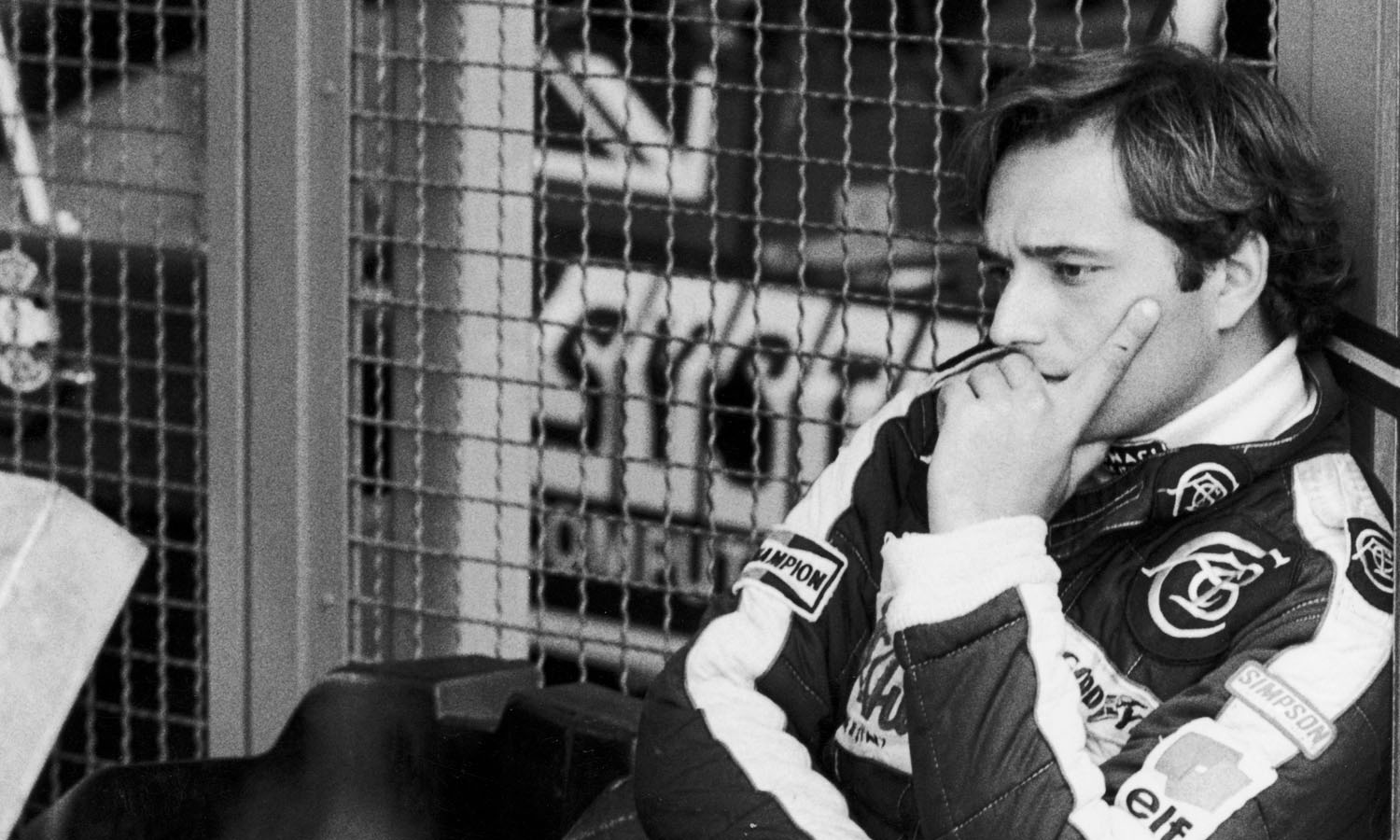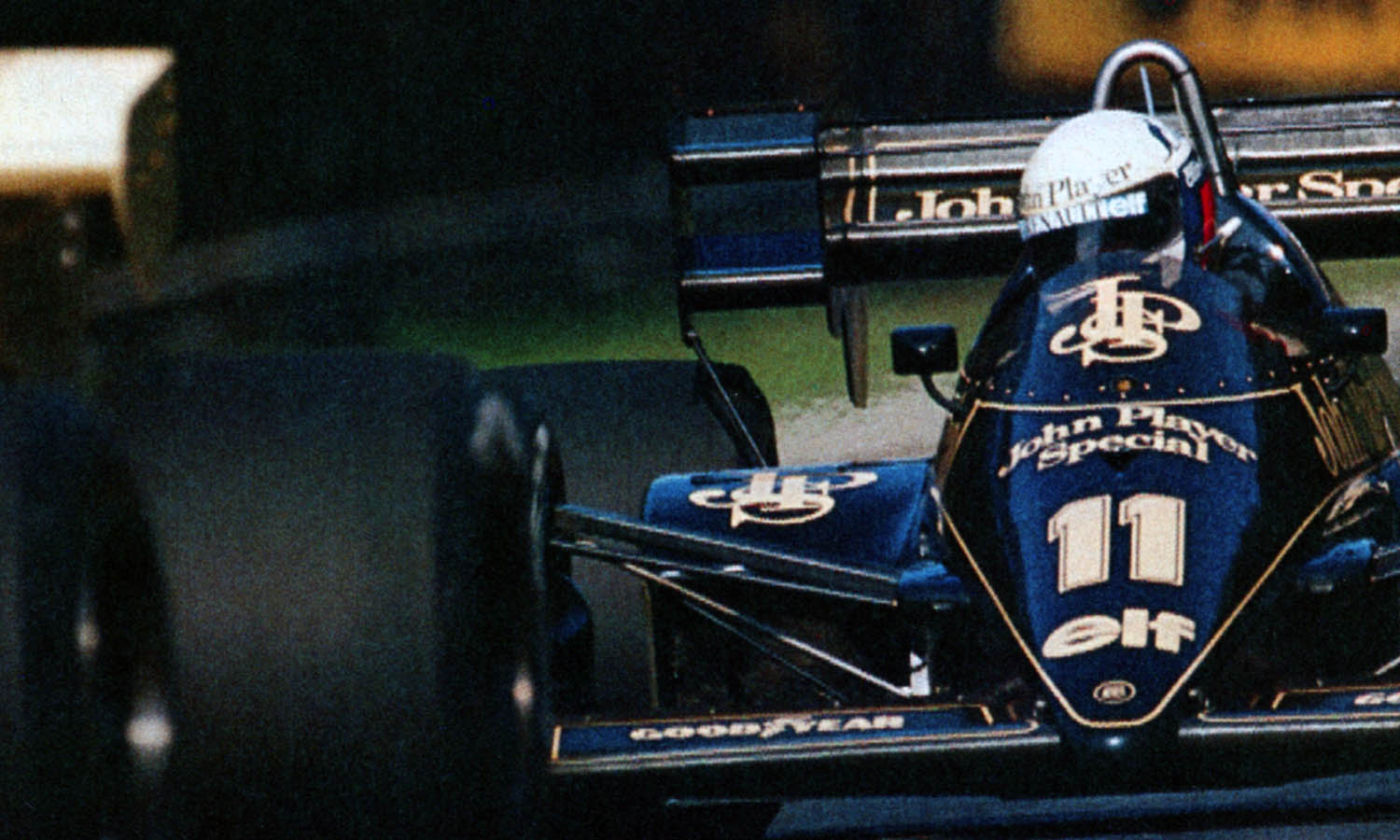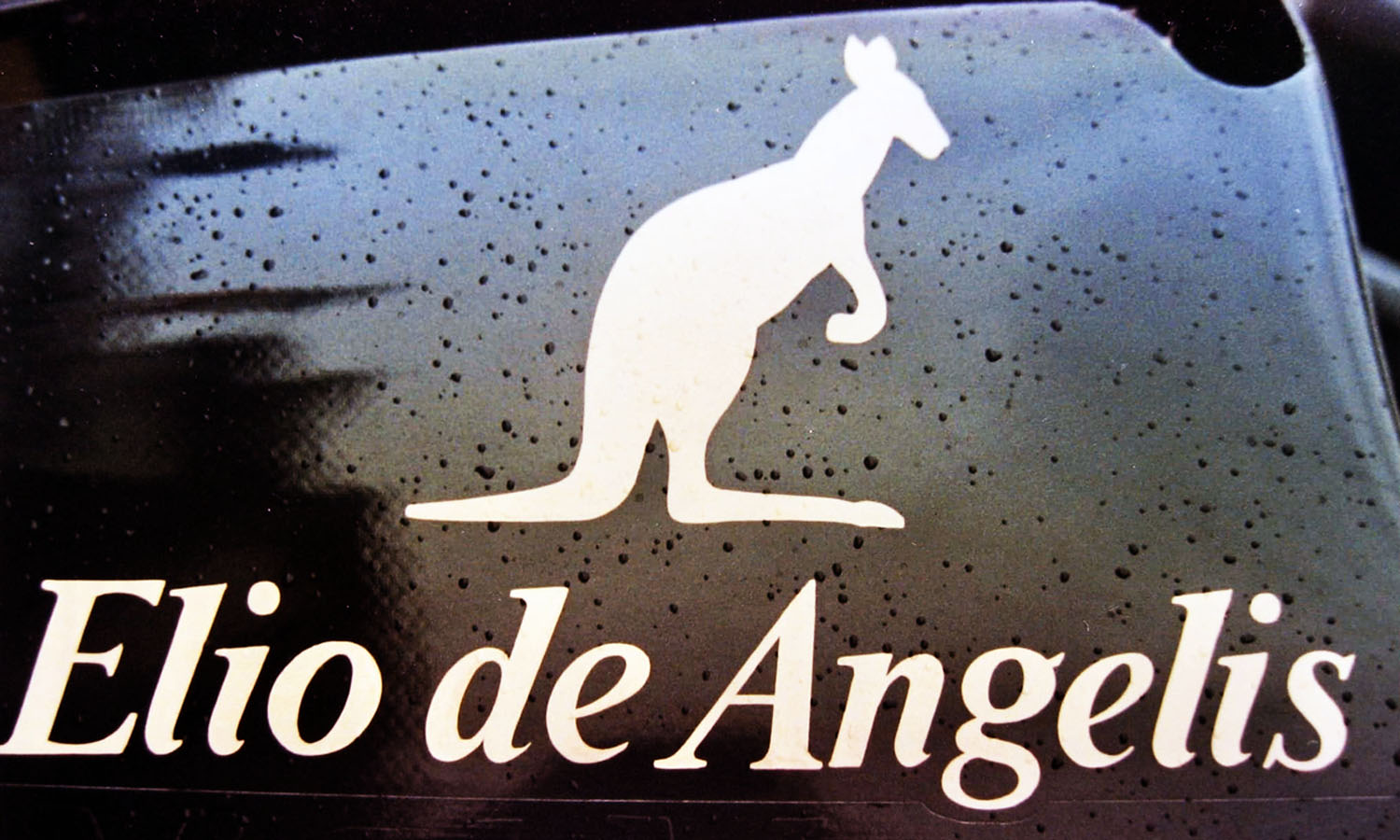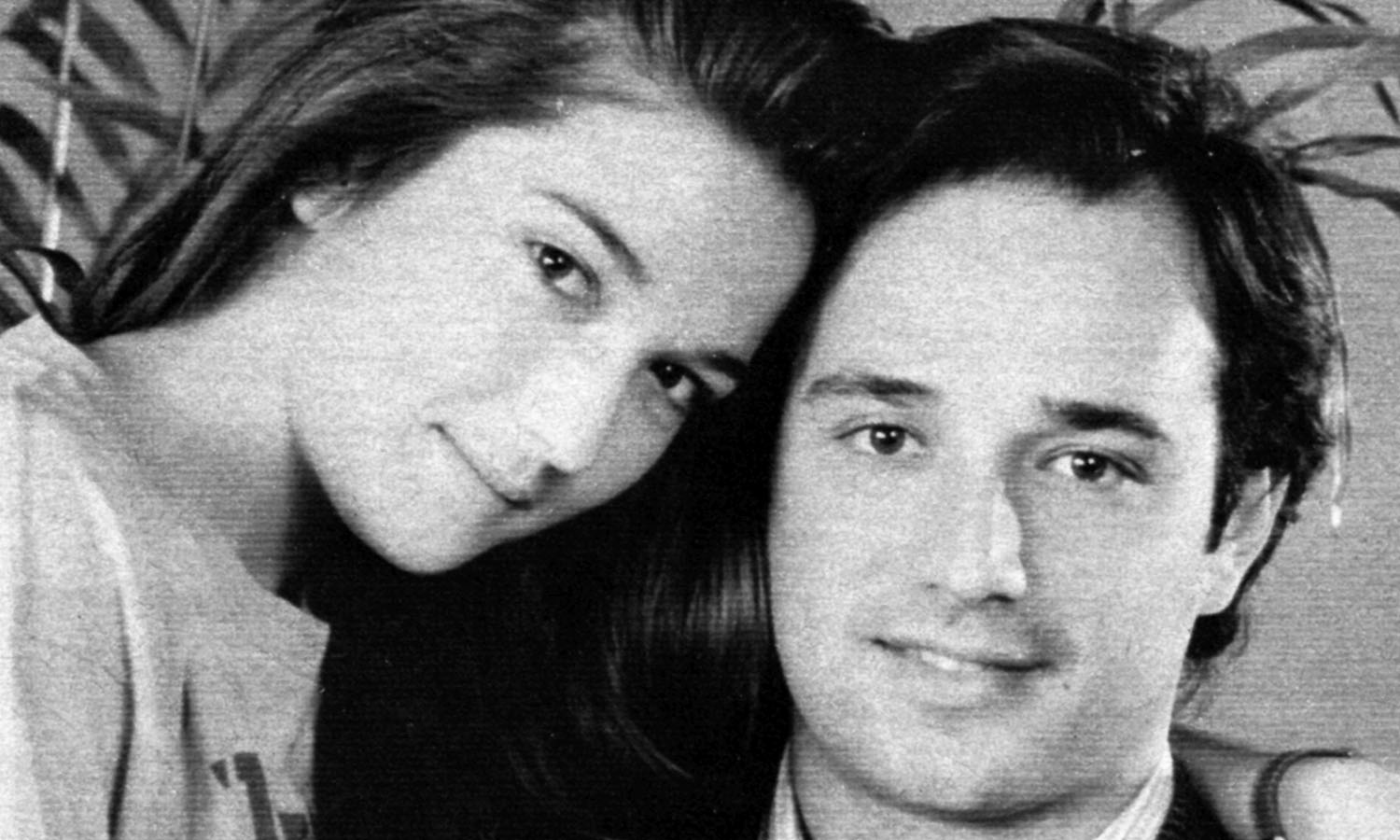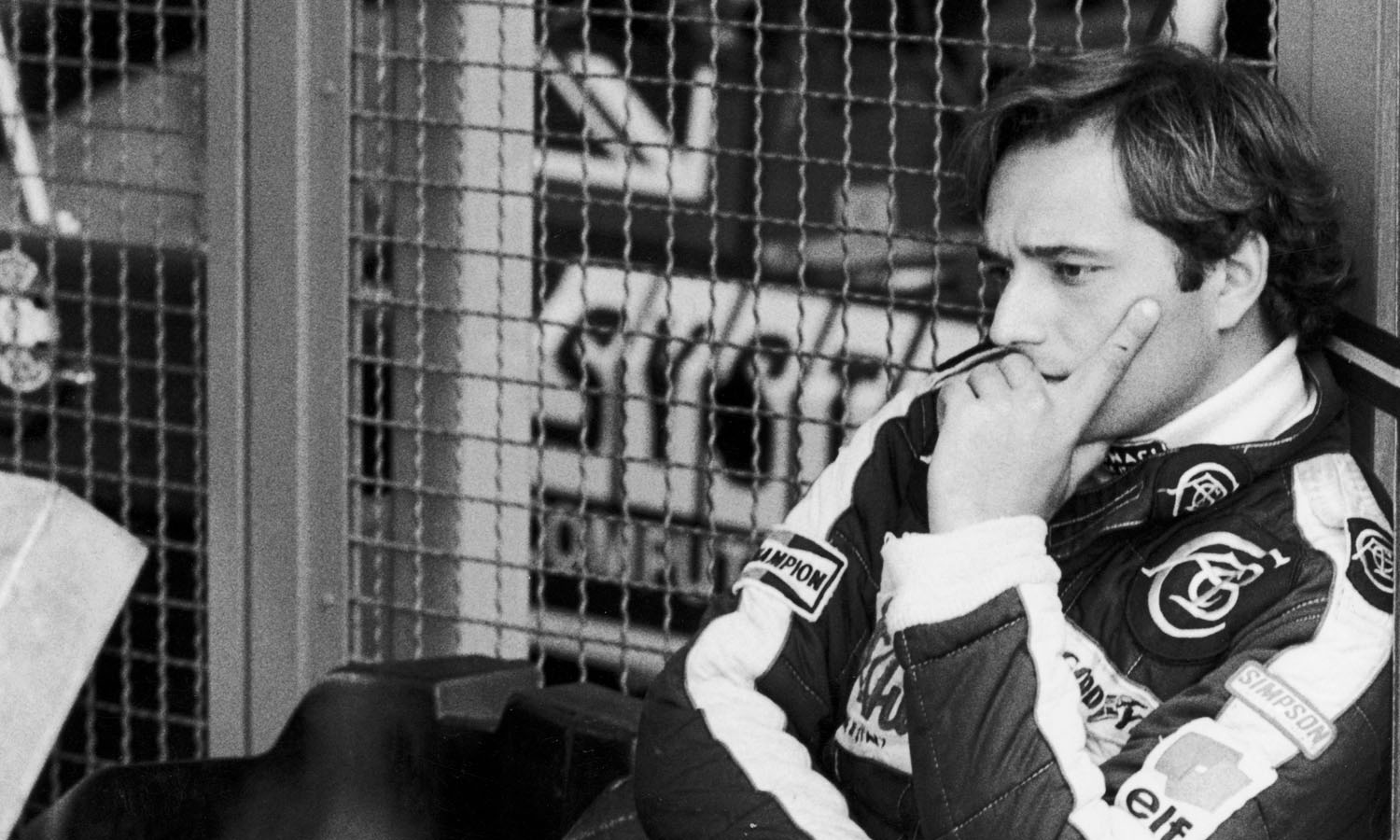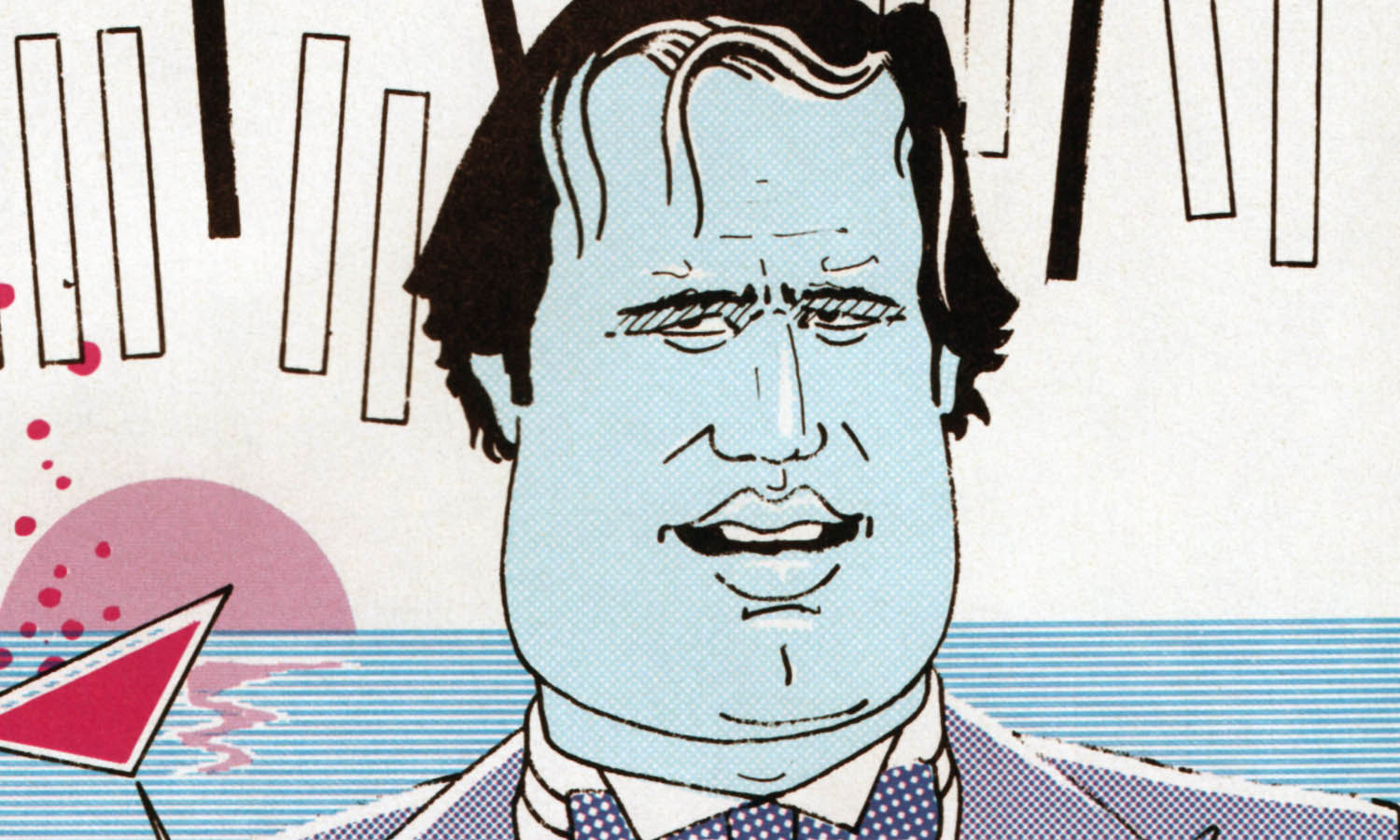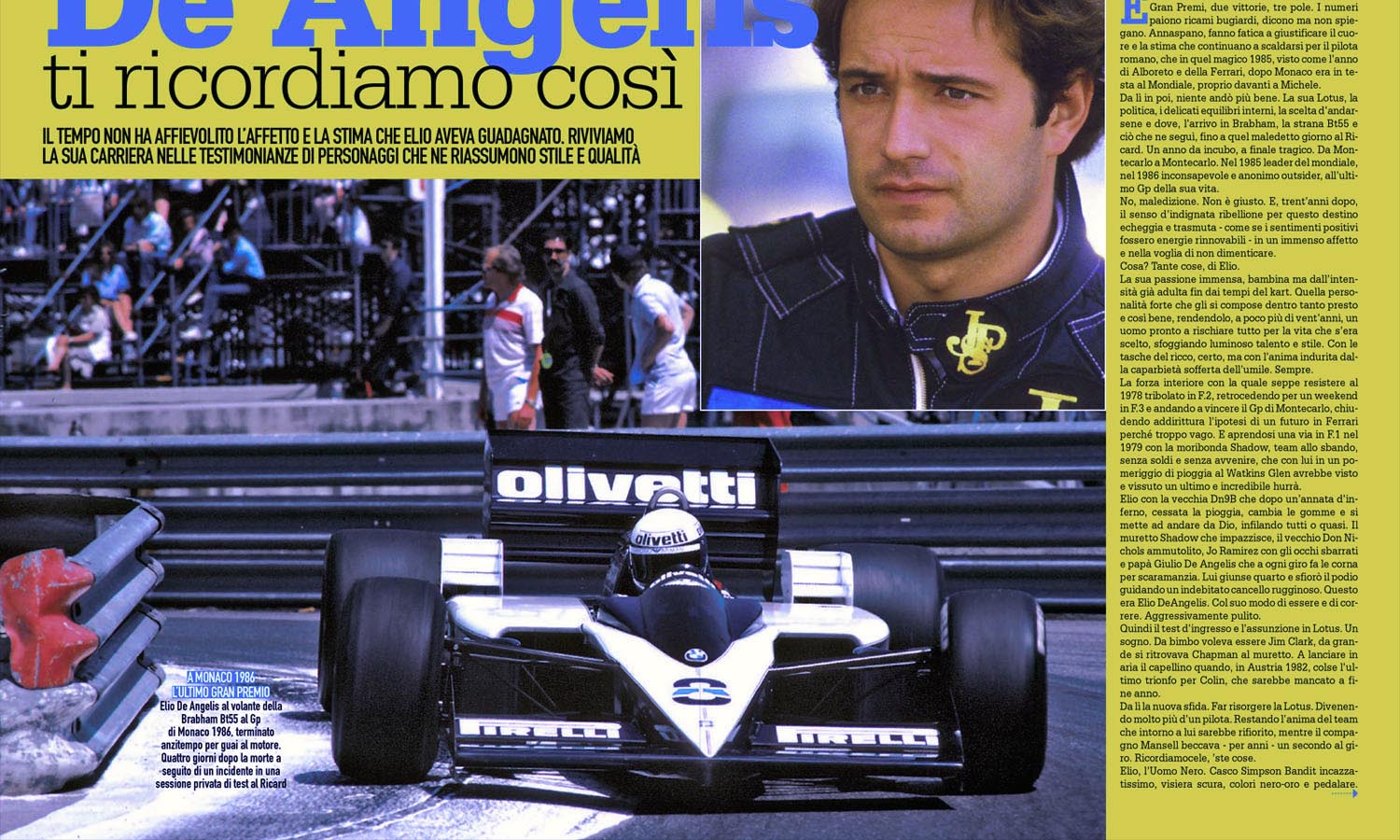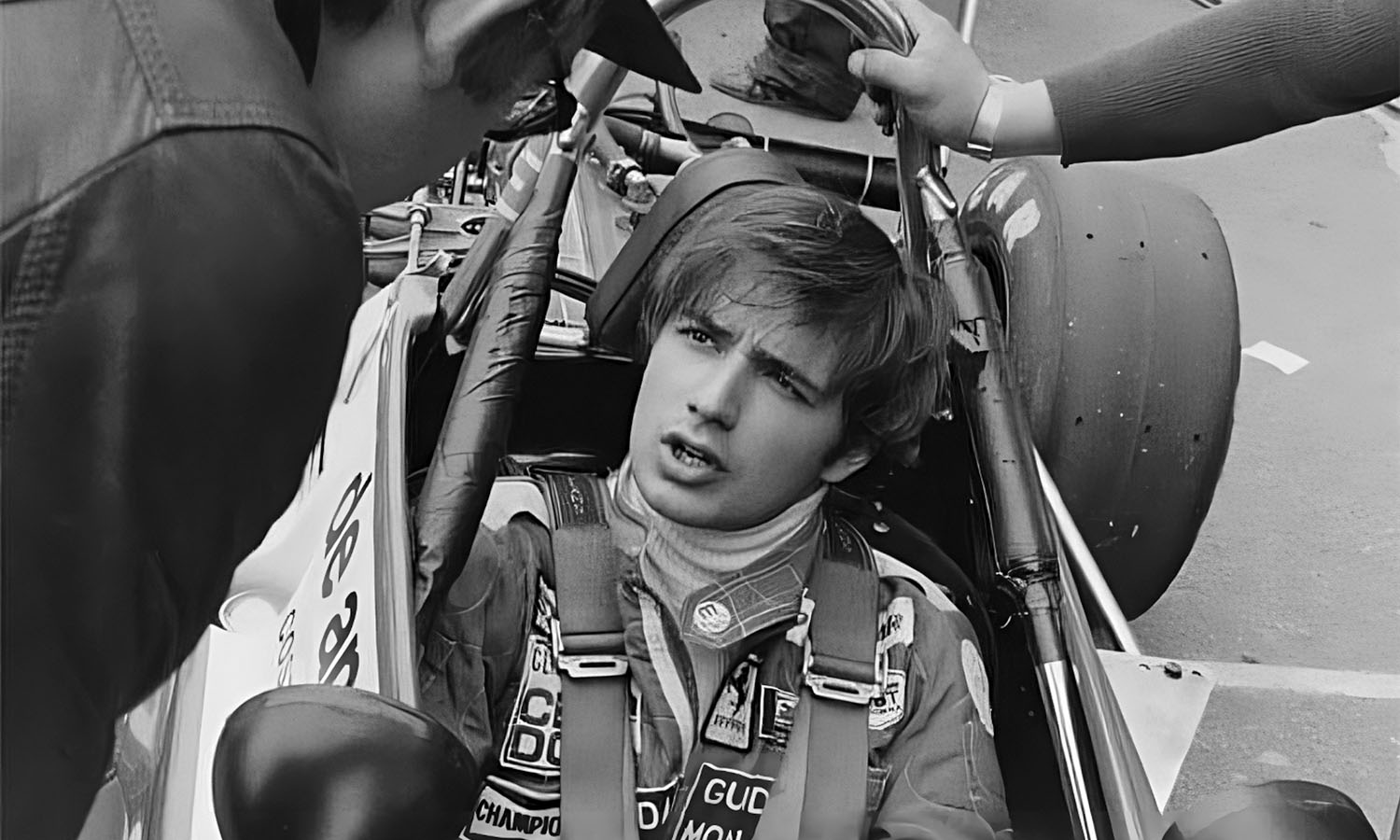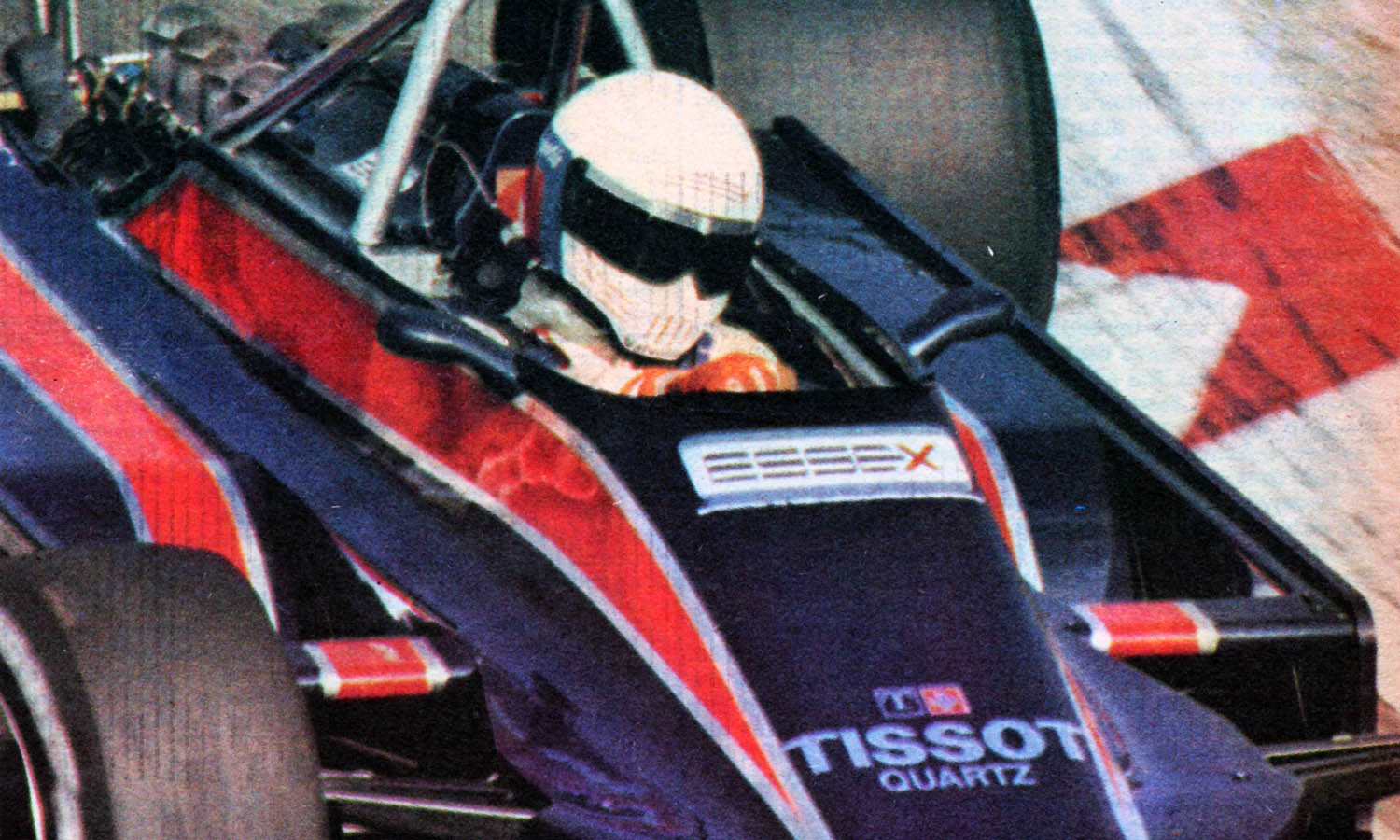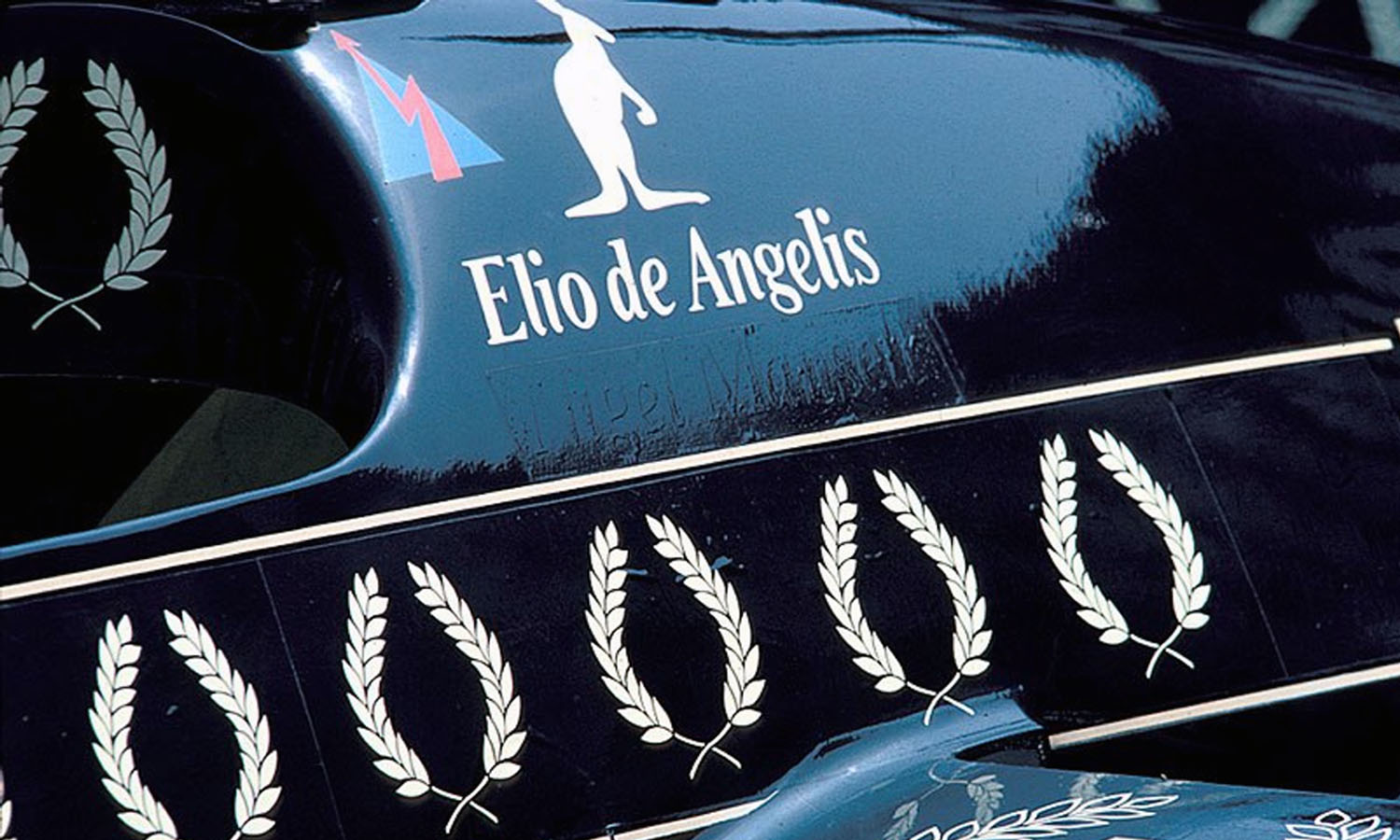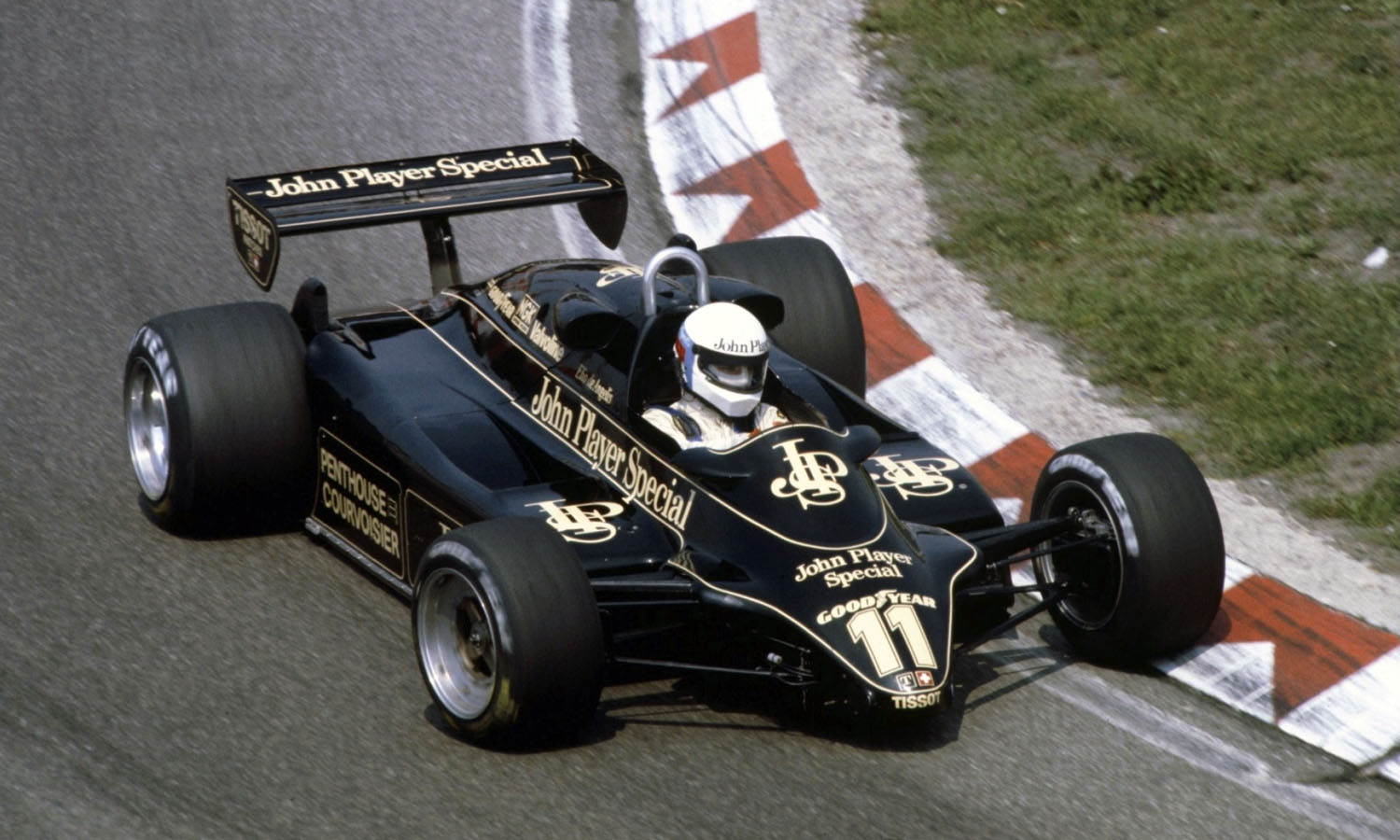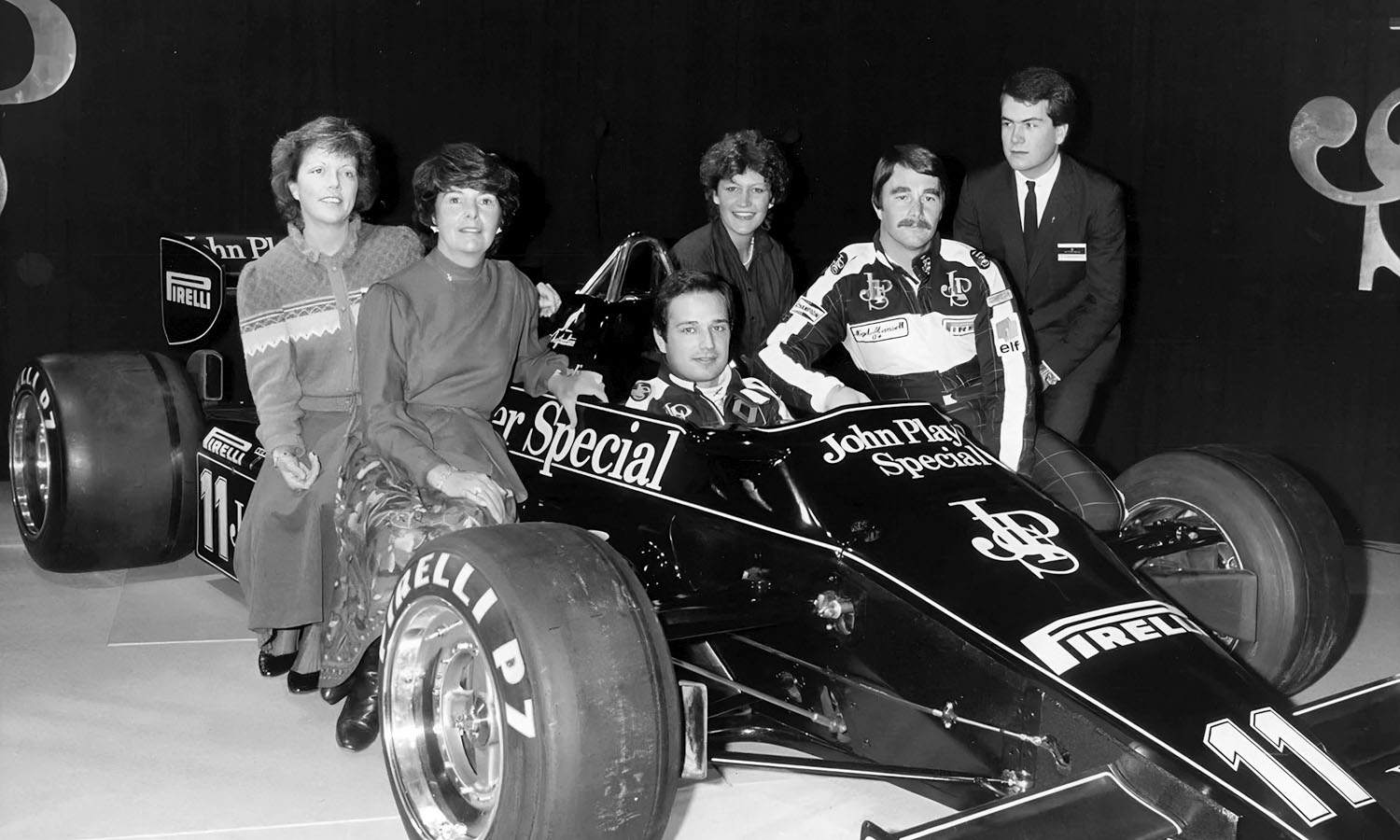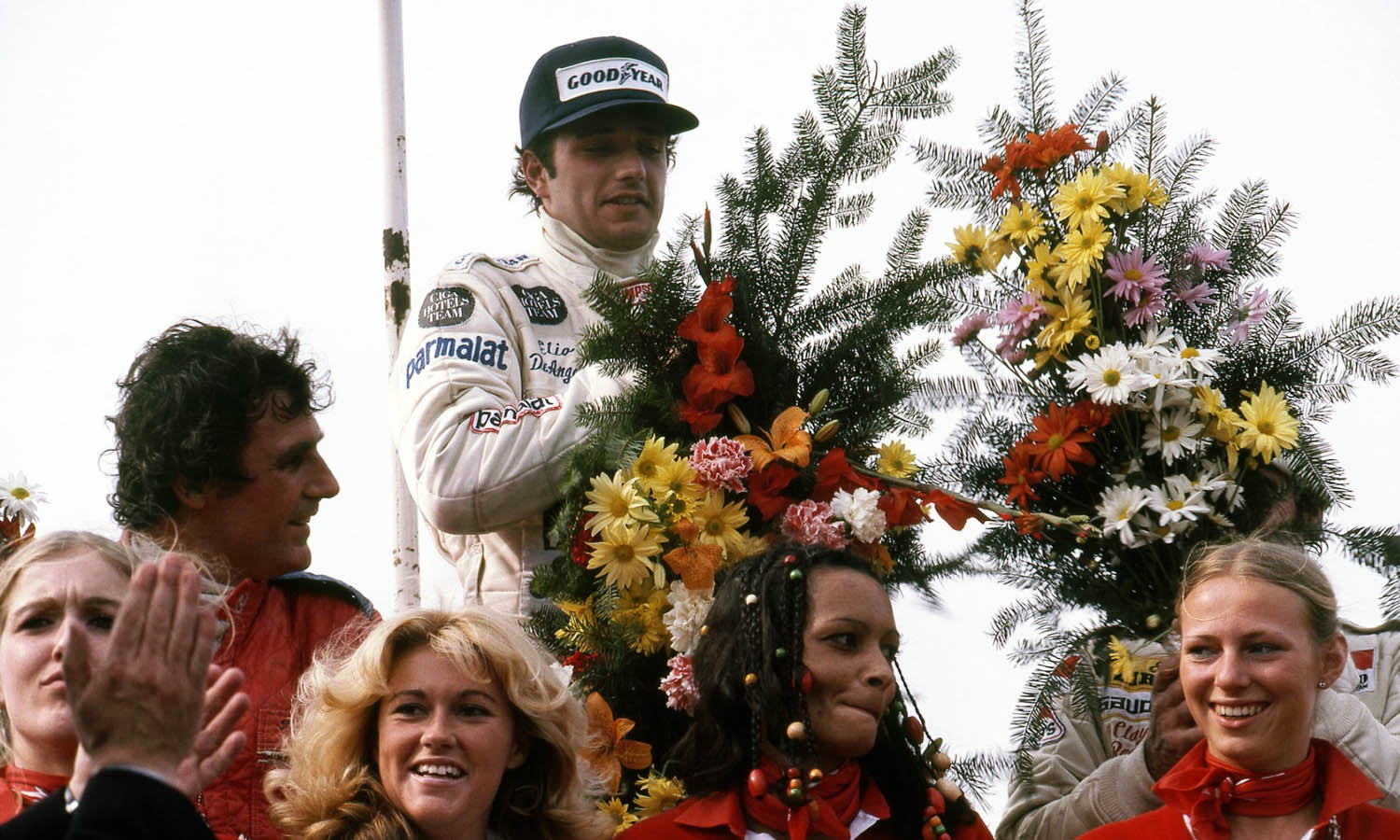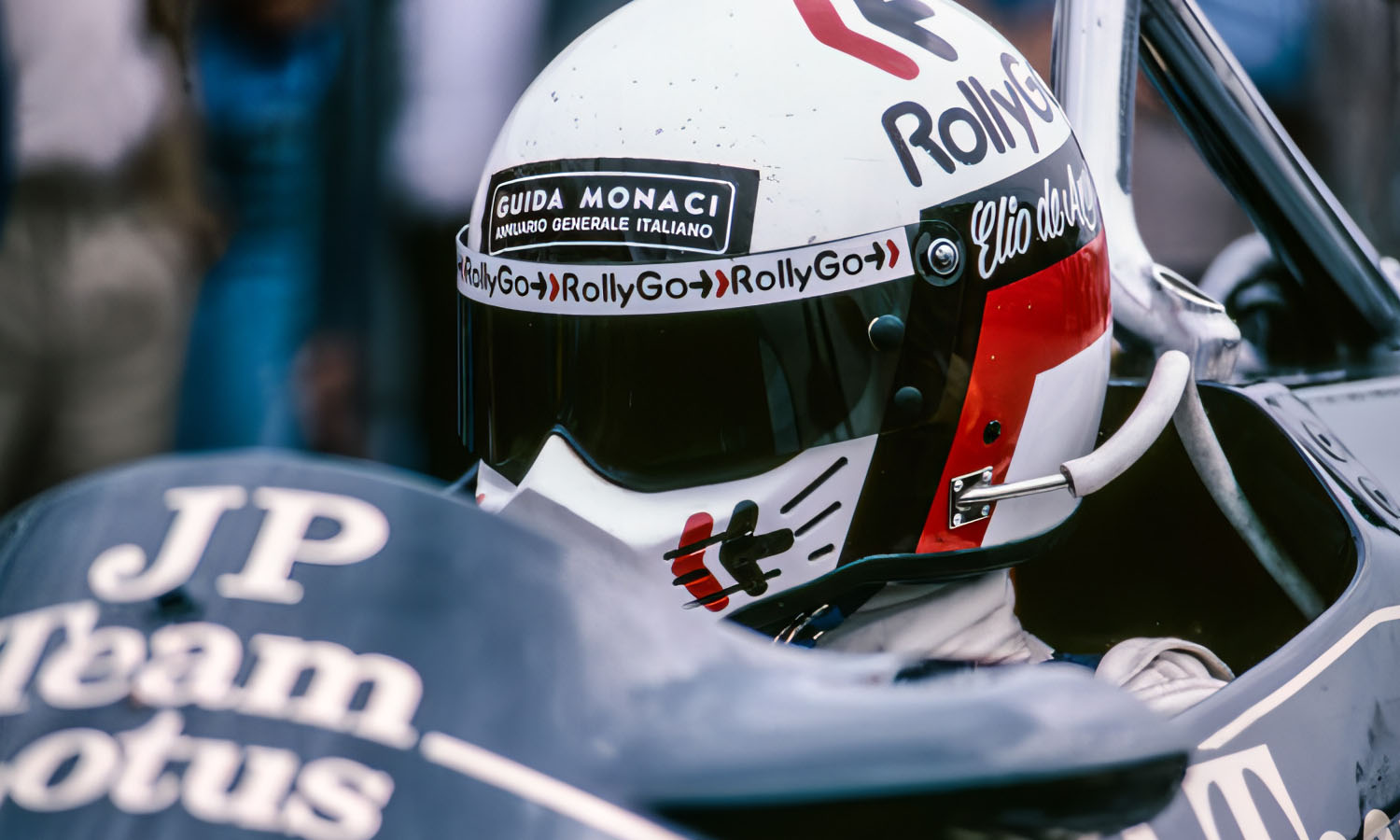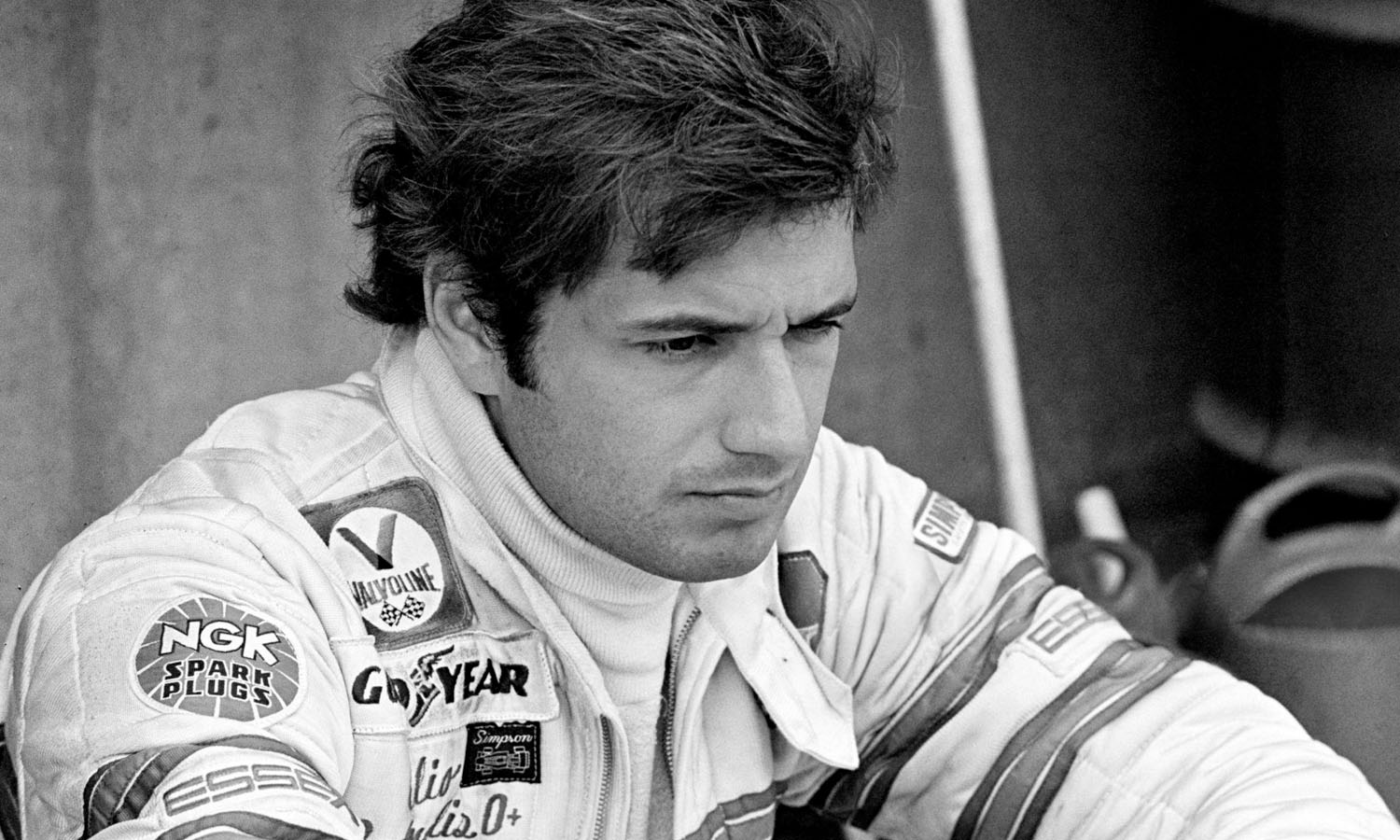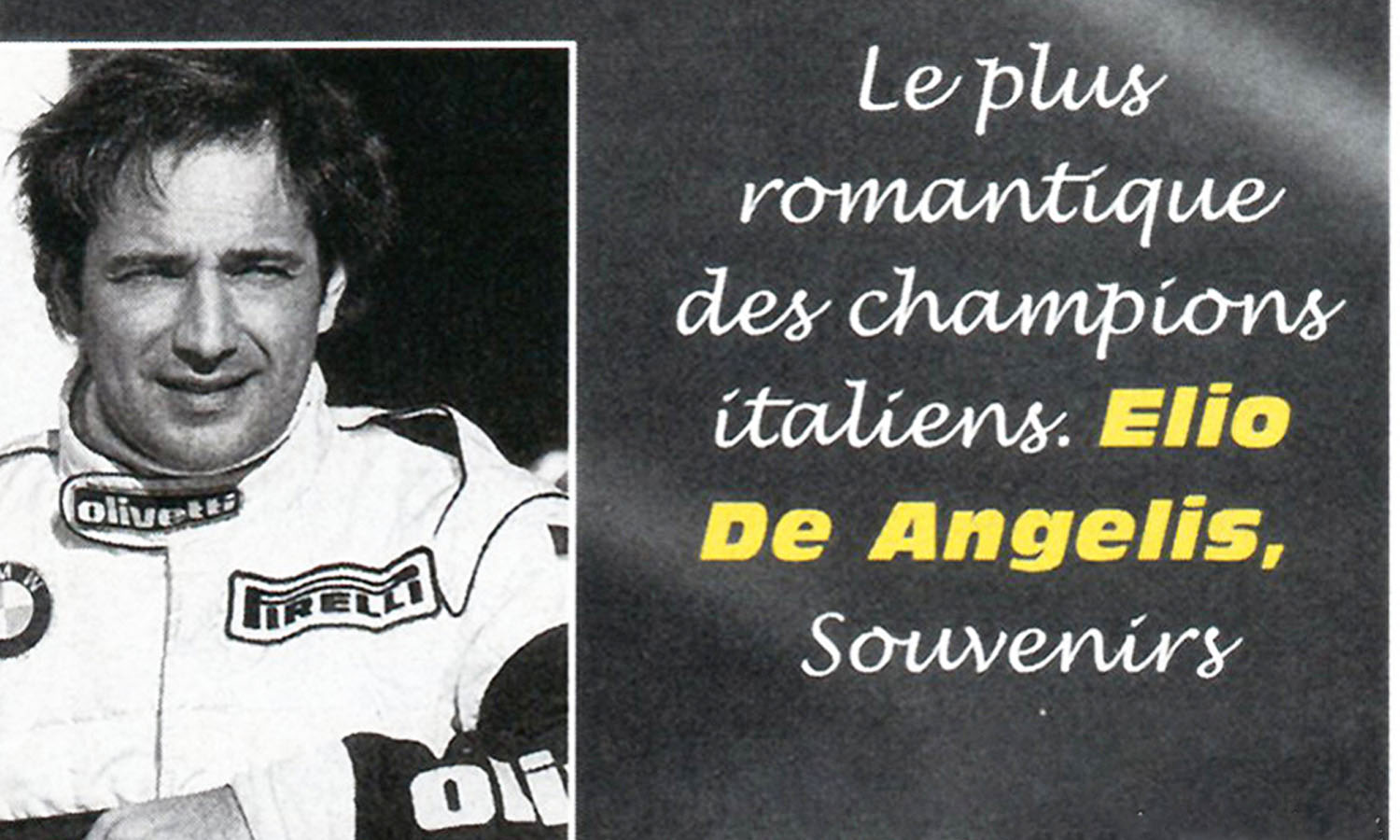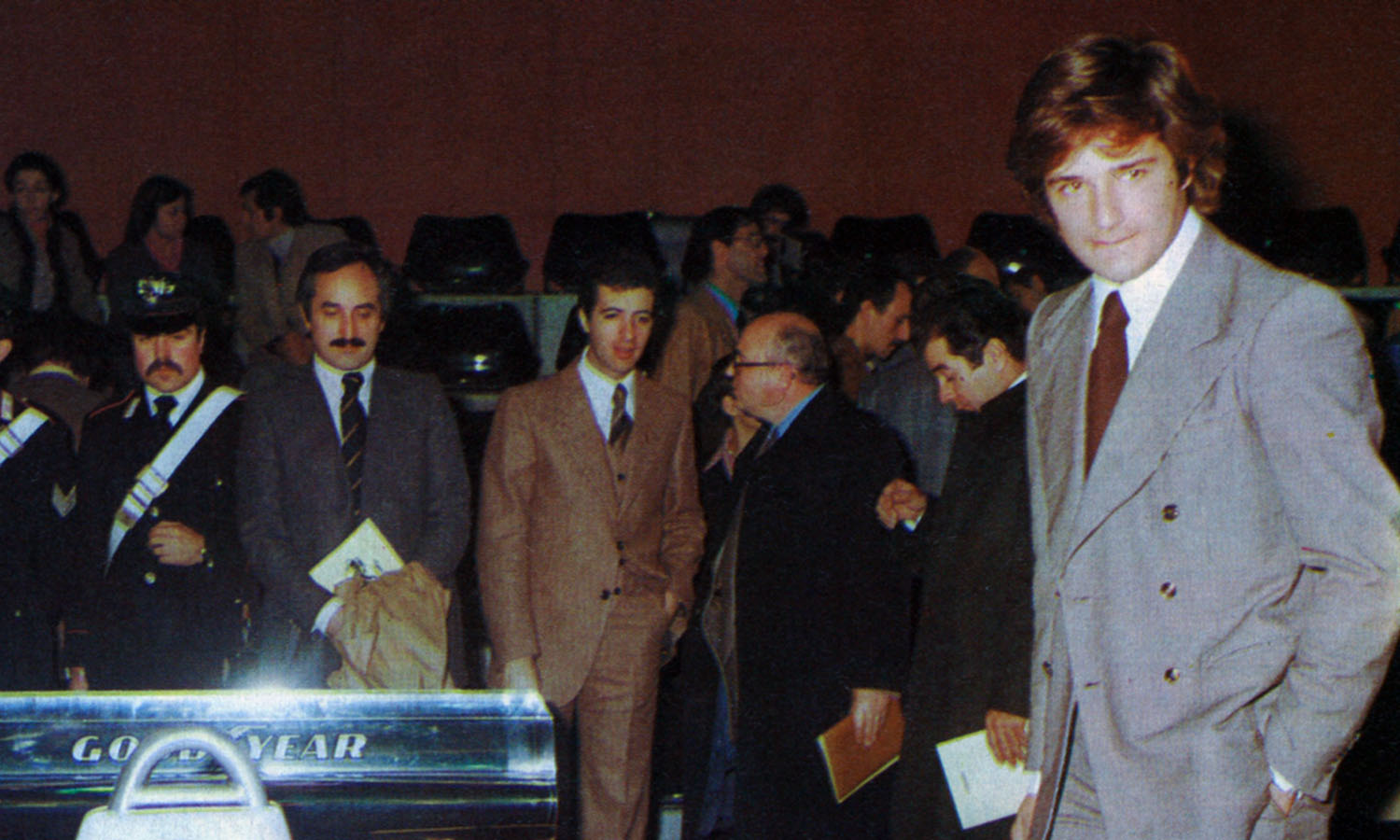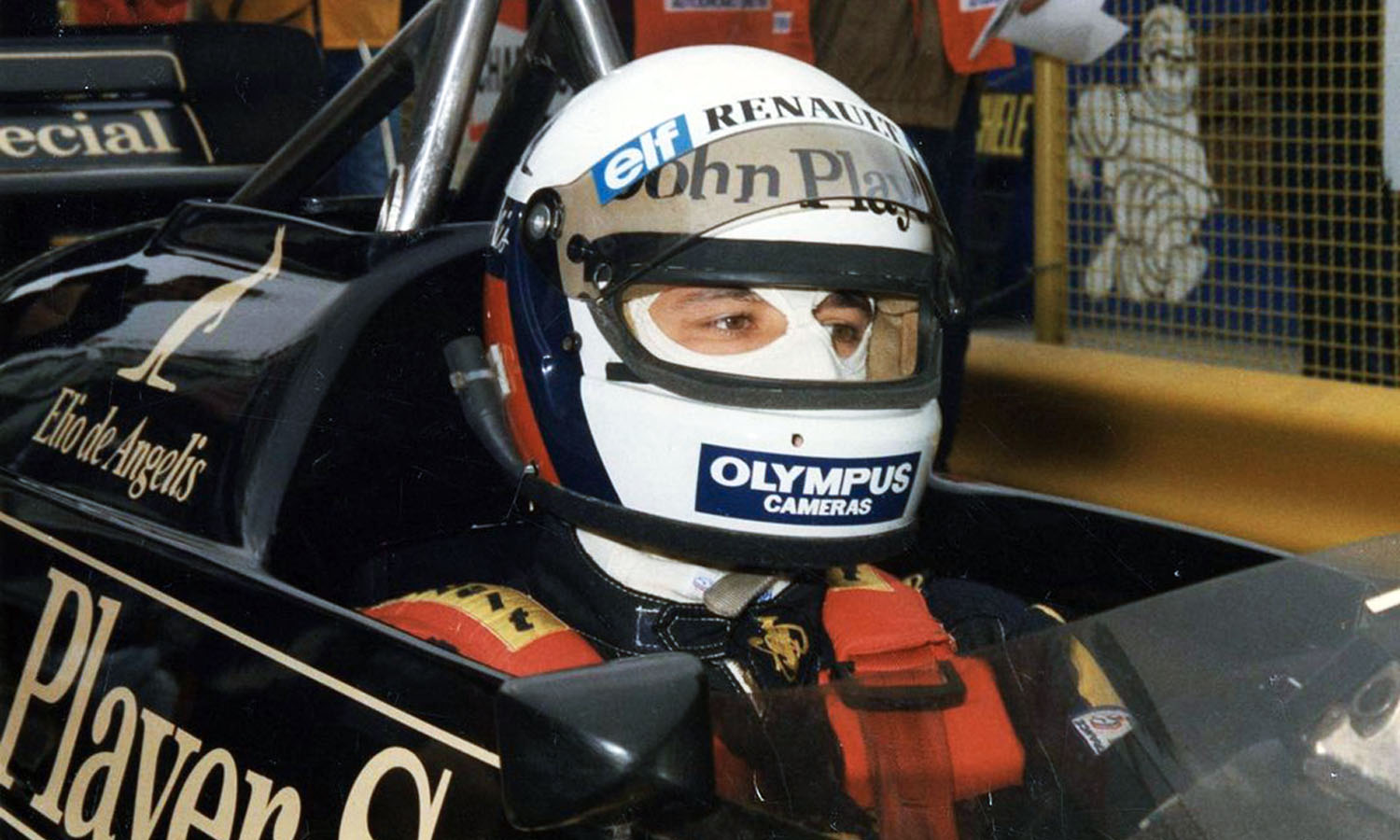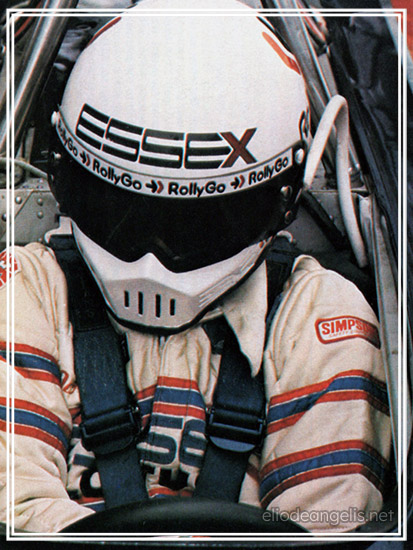
At 22 years old, you are even younger than some past champions like Emerson Fittipaldi, Niki Lauda and Jody Scheckter were when they had the opportunity of leading top Grand Prix teams. How does it feel to become the leader of Team Lotus at such a youthful age?
Obviously, it is a great opportunity for me to be given the leadership of my team. Yes, I still feel young, although I think I have enough experience to do the job. At the same time, I will miss having Mario Andretti to help me, first of all as friend and secondly as a great driver. I learned so much from him, not so much from the point of view of driving as in the important tricks of the trade which he showed me.
I certainly feel old enough to lead the team. Being as young as I am can have its handicaps, though: I won’t feel free to do some of the crazy things which young guys of my age are sometimes inclined to do. I know that things are a bit different when you are a team leader… You carry a big responsibility which must be respected.
What are the sort of tricks which Mario showed you?
There are lots of them, but the one I particularly remember was the advice he gave me about slipstreaming, how to stay in the « tow » from another car, and how to use it.
He was always teaching me something, and I am still learning, though now from other people.
You once said that having money is no help when you have to sit in a racing car and drive it. Have you had any difficulties in being accepted by other racing drivers as a serious competitor because of your family’s wealth?
No, I don’t think so, at least not after the first few races. Maybe there were some drivers in Formula 1 who were worried because they thought that I was in Formula 1 only as a result of having my father’s money to help me. Last year I gave him back all the money that he loaned me to get into F1. Don’t forget that I had signed a contract with Tyrrell at the beginning of 1979, and when that fell through I had to go with Shadow, because that was the last place which was available to me in Formula 1. In fact, I had only enough money for eight races, while the season was 17 races: you can’t imagine all the tricks I had to play with my sponsors to do the full season! Not all the money came through at the right time from the sponsors that I did have, so I had to borrow from my father, and it is the last of that money which I repaid my father. I had a good salary last year with Lotus, but almost all of that money went to pay off my father. But I don’t think that drivers think much about that sort of thing. What counts is your performance on the track, where drivers get to understand each other really quickly. You can see when you have been accepted, because then they will drive close to you. Your background doesn’t make any difference to their attitude on the track.
Your record with Lotus in 1980 shows that you made most of your driving mistakes at the beginning of the year, with very few at the end. Was this just a matter of your abilities improving with experience, or was it a conscious decision not to take so many risks?
Lotus started the season with a competitive car, and then, in mid-season, we went into a period when the car was really bad. When a driver hits a bad patch with his car, it is inevitable that he should try to do something to compensate for its faults, perhaps by driving too hard. That’s when you make mistakes. I remember that even Mario had a big shunt at Monaco, and we shunted three monocoques around that time: if you look at the records, you will see that it coincides with a bad period in the performance of our cars. I felt then — and I still do now — that it should be possible for a good driver to « drive round » a problem in his car. But sometimes I made a bad mistake while trying to do that, for example at Monaco where I spun off stupidly, came into the pits to have my belts refastened after I had got out to manoeuvre the car, and then threw away 4th place in the rain with two laps to go. That first spin was the most serious mistake which I made all year.
At the end of the year, though, I was making fewer mistakes, not only because I had got more experience but also because the car was performing much better by then, and I was driving much more safely.
Were you disappointed not to have won the Brazilian GP when you nearly caught Arnoux on the last lap but had to be content with 2nd place?
Of course, I was disappointed. I had some serious problems with the car, like a sticking skirt and very badly worn tyres on the left side. But I must tell you that I am convinced, now, that if I had won that race it would have been very bad for my career. At that stage, I could not have afforded to be in a position to where I felt that I could win consistently. It was really close, you know… Only 0.5 seconds between us at the finish.
Are there any identifiable reasons why the Lotus cars were not more successful in 1980 than in fact they were?
Not really. In the 1978 season, with the Lotus 79, the team went through a really good period. After that, because the team seemed to have such a big advantage, they allowed themselves to sit. Still because they thought that they would be able to keep their advantage. They did not imagine that other teams would be able to catch up and perhaps even go ahead of them technically. ln a way, you know, Lotus is more like a big manufacturer of cars than the other English teams they have technical people who are able to come up with fantastic ideas like ground effects and skirts. But they are also capable of making mistakes. In a way, they are like Ferrari, who also has success in cycles but who can be guaranteed to come back and win again, no matter how far behind they may fall. Historically, if you look at the records, you will find that both Ferrari and Lotus have often been without success for two or three years before they find the secret of winning races all over again.
Three years ago, like several other drivers, you had a contract with Ferrari. Were you ever informed why you were never given an opportunity to race for the Scuderia?
The document I signed with Ferrari wasn’t a full contract, and I was given the opportunity to test with Ferrari, in fact I drove their Formula 1 car on several occasions. When I look back, I think it was just a question of luck that I didn’t race one of their cars. I certainly came very close, in 1978, because you may remember that there was a period during that year when Gilles Villeneuve was having rather a lot of accidents. They were getting me ready to replace him: if Gilles had one more accident, then I would have been given his place in the team.
It was at that time that I was racing in the Minardi Formula 2 team, using the Ferrari Dino V6 engine, things were not going at all well for us. In Italy, as you know, there is a tendency to look at the driver before anything else when a team is going through a bad period. I realised that my position was in danger, and I made a decision to leave. It was my own decision. I spoke to my father about it first, and he advised me « You can’t do it », he said, « you have a contract », but I did. I knew that I was taking a risk with my career, but I felt that had to do it, because I knew that I would be able to do well with an English team. So I drove one of the ICI Formula 2 March cars, and immediately I knew that I had done the right thing.
But I have to admit that there cannot be many 19-year-old drivers who have decided to quit Ferrari. As I said, it was a matter of luck that it paid off. At the time, in fact, I lost a lot of money, because in Italy there is never any problem to find sponsorship when you are a Ferrari driver. But I felt that I needed to make progress: it is not enough to stay with a team just because their cars make a nice noise or are painted in a particular colour.
You are always alone when you make the big decisions of your life: now, fortunately, even my father agrees that what I did was right for me.
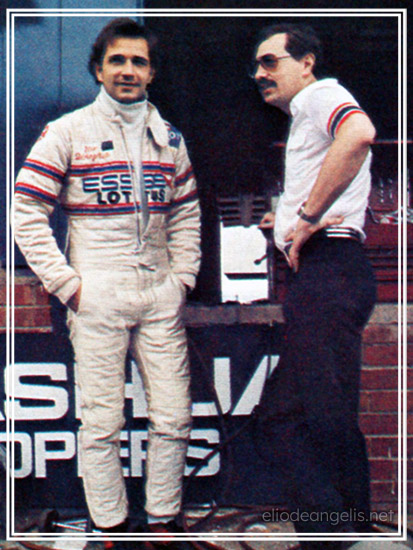
Now that you have driven the secret new Lotus, what do you think of its chances in 1981?
To be perfectly honest, it’s not working yet. But I am hopeful that it will make a big improvement when we have done some more work.
Do you agree with Jody Scheckter and the French drivers who have issued statements that skirts make racing cars more dangerous?
No, not at all. I never believed that skirts make the car more dangerous, and now am even more sure. Just look at the past, when racing cars didn’t have skirts: they were very fast on the straights and flew a long way when they went off the road. Sure, cornering speeds have increased, but it is just political to blame the skirts. It has already been proved at Ricard, where the testing times without skirts are already vary nearly as quick as they were a year ago. By the end of the year the skirtless cars will certainly be quicker still. Unfortunately, without skirts the cars are much less predictable, and more dangerous to drive, so it is difficult for me to accept all the things which those drivers said. As far as I am concerned, I like to go through the corners quickly.
I am a racing driver, after all. Perhaps I feel a bit uncomfortable sometimes when I get a bit too close to the guardrail, but I like the feeling even when it scares me sometimes. That does not mean that I don’t want to see more safety in the car: there are many ways in which to improve them – for example by increasing the strength, but removing the skirts is not the way to do it.
Who do you think will be World Champion at the end of this year?
Hmmm… A very difficult question. Apart from myself? Well, I would say Nelson Piquet. I have known him for a long time since our days in Formula 3 together, when we had a lot of fun. He has not changed so much as a person since then, and I admire that.
© 1981 Grand Prix International • By Mike Doodson • Published here for entertainment and educational purposes, no copyright infringement is intended.


